The Project Gutenberg eBook of Mr. Punch's After-Dinner Stories
most other parts of the world at no cost and with almost no restrictions
whatsoever. You may copy it, give it away or re-use it under the terms
of the Project Gutenberg License included with this ebook or online
at www.gutenberg.org. If you are not located in the United States,
you will have to check the laws of the country where you are located
before using this eBook.
Title: Mr. Punch's After-Dinner Stories
Editor: J. A. Hammerton
Illustrator: John Leech
Release date: October 1, 2010 [eBook #33824]
Language: English
Credits: Produced by Neville Allen, Chris Curnow and the Online
Distributed Proofreading Team at https://www.pgdp.net (This
file was produced from images generously made available
by The Internet Archive)
*** START OF THE PROJECT GUTENBERG EBOOK MR. PUNCH'S AFTER-DINNER STORIES ***
TRANSCRIBER'S NOTE.
original sequence to enable the contents to continue without interruption.
The page numbering remains unaltered.
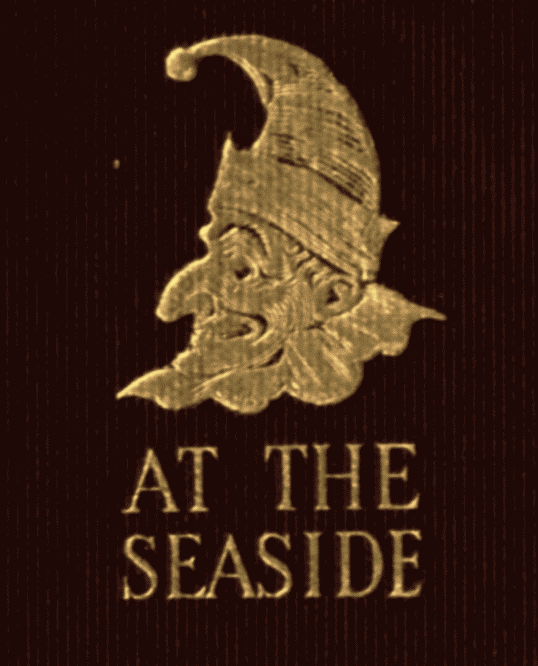
PUNCH LIBRARY OF HUMOUR
Designed to provide in a series of
volumes, each complete in itself,
the cream of our national humour,
contributed by the masters of
comic draughtsmanship and the
leading wits of the age to "Punch,"
from its beginning in 1841 to the
present day
MR. PUNCH'S AFTER-DINNER STORIES
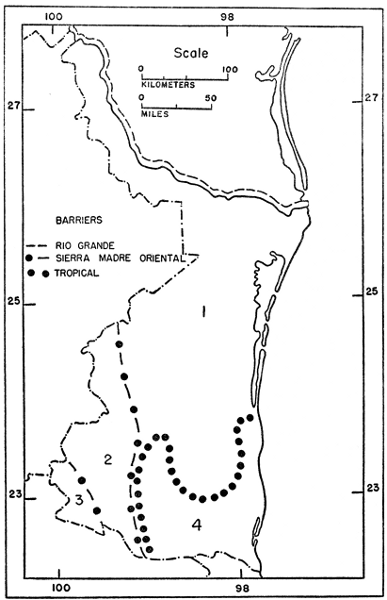
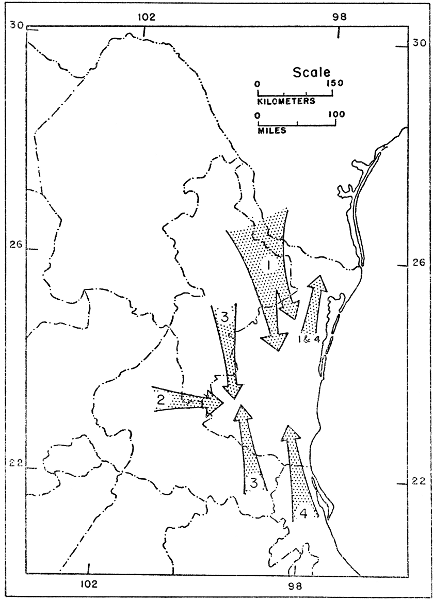
Progress.—"I maintain that the race has improved in
physique since those days. Now we couldn't get into that armour!"
MR. PUNCH'S
AFTER-DINNER STORIES
WITH 155
ILLUSTRATIONS
BY
CHARLES KEENE,
GEORGE DU MAURIER,
PHIL MAY,
L. RAVEN-HILL,
J. BERNARD PARTRIDGE,
F. H. TOWNSEND,
REGINALD CLEAVER,
LEWIS BAUMER,
A. S. BOYD,
TOM WILKINSON,
G. D. ARMOUR,
AND OTHERS
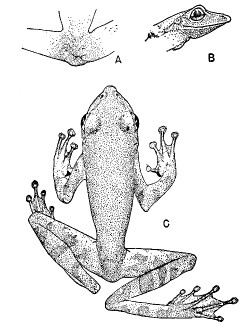
PUBLISHED BY ARRANGEMENT WITH
THE PROPRIETORS OF "PUNCH"
THE EDUCATIONAL BOOK CO. LTD.
The Punch Library of Humour
LIFE IN LONDON
COUNTRY LIFE
IN THE HIGHLANDS
SCOTTISH HUMOUR
IRISH HUMOUR
COCKNEY HUMOUR
IN SOCIETY
AFTER DINNER STORIES
IN BOHEMIA
AT THE PLAY
MR. PUNCH AT HOME
ON THE CONTINONG
RAILWAY BOOK
AT THE SEASIDE
MR. PUNCH AFLOAT
IN THE HUNTING FIELD
MR. PUNCH ON TOUR
WITH ROD AND GUN
MR. PUNCH AWHEEL
BOOK OF SPORTS
GOLF STORIES
IN WIG AND GOWN
ON THE WARPATH
BOOK OF LOVE
WITH THE CHILDREN
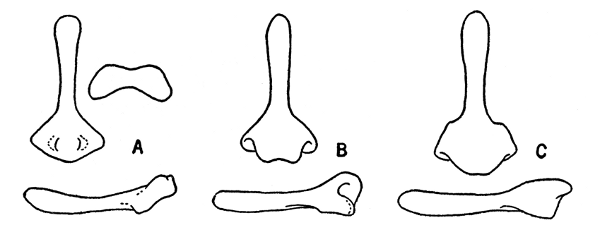
POST-PRANDIAL WIT
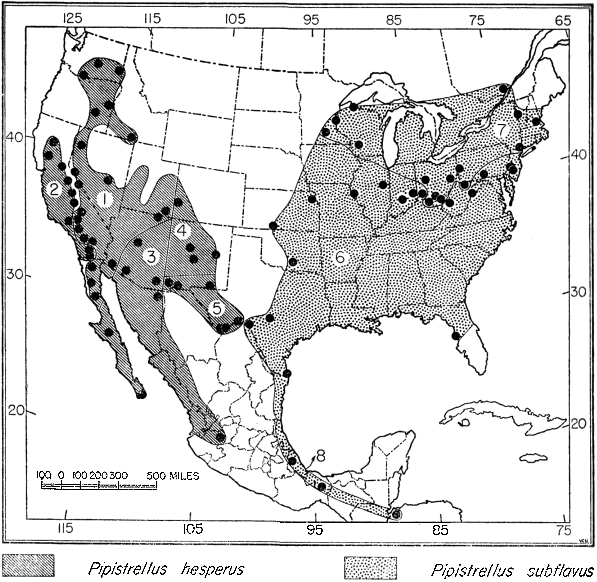
There is a sense, of course, in which everything from the pages of Mr.
Punch might be regarded as coming into a collection entitled "After
Dinner Stories." All good stories are really for telling after dinner.
Somehow or other one seldom associates wit and humour with the breakfast
table, although the celebrated breakfast parties of Rogers, the banker,
were doubtless in no way deficient in either. Over the walnuts and wine,
when men have feasted well and are feeling on the best of terms with
themselves and their fellows, the cares of the day put past and the
pleasures of the gas-lit hours begun, that is undoubtedly the ideal time
for the flow of wit.
It must not, therefore, be thought that the present volume is in anywise
distinguished from the others of the series to which it belongs in the
appropriateness of its contents for the dinner party. No more than any
of its companions is it designed to that end; but as it is concerned
almost exclusively with the humours of dining, with stories of diners,
it will be admitted that its title is not without justification. Private
dinner parties, public banquets, the solitary dinner at the restaurant,
the giving and accepting of invitations, these and many other phases of
dining come within its scope, and if it be noticed that a considerable
amount of its humour has something of the fragrance of good old port—to
say nothing of the aroma of wines that are[Pg 6] bad!—it can only be
retorted that Mr. Punch's duty has ever been to mirror the manners of
the changing time, and in his early days the wine flowed more freely
than it does to-day. For our personal taste we could have wished less of
this humour of the bottle, but throughout this library an effort has
been made to maintain in some degree a historical perspective, so that,
in addition to the prime purpose of entertainment, each of these books
in Mr. Punch's Library might be a faithful picture of the manners of the
Victorian period in which most of his life has been passed. If to-day
these manners seem to us just a trifle coarser than we esteem the social
habits of our own day, surely that is a comforting reflection and one
not lightly to be lost!
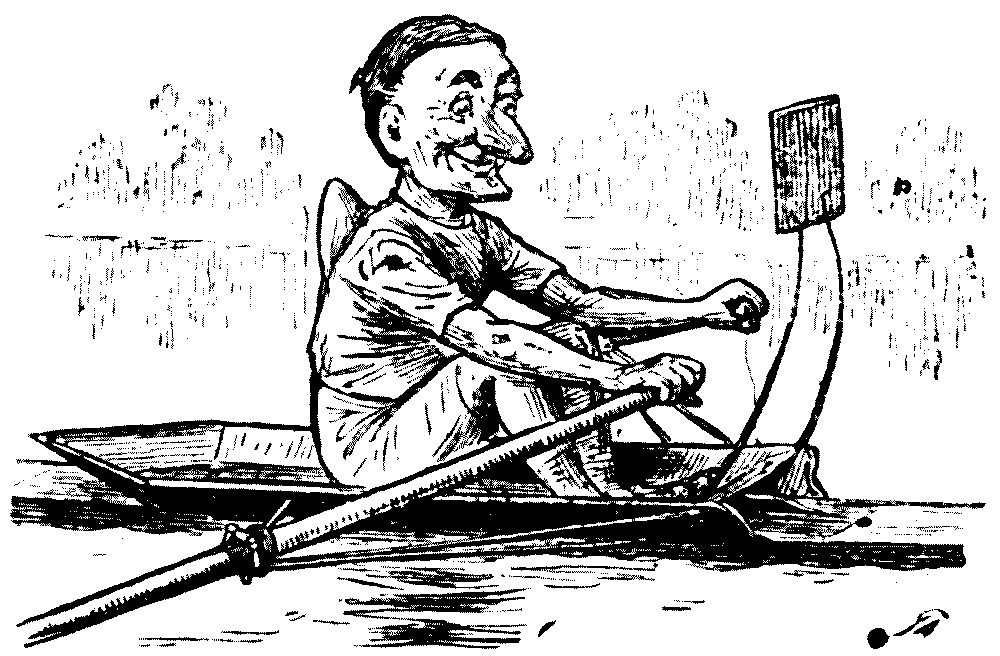
MR. PUNCH'S
AFTER-DINNER STORIES
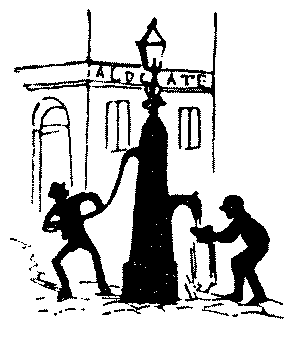
Mrs. Jones. And pray, Mr. Jones, what is the matter now?
Jones. I was only wondering, my dear, where you might have bought this
fish.
Mrs. Jones. At the fishmonger's. Where do you suppose I bought it?
Jones. Well, I thought that, perhaps, there might have been a
remnant sale at the Royal Aquarium!

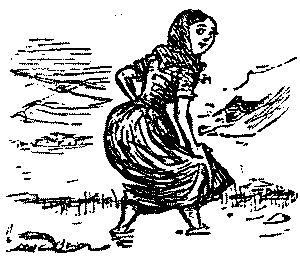
Voice from above. "What are you doing down there,
Parkins?"
Parkins. "I'm jush—puttin' away the port, shir!"
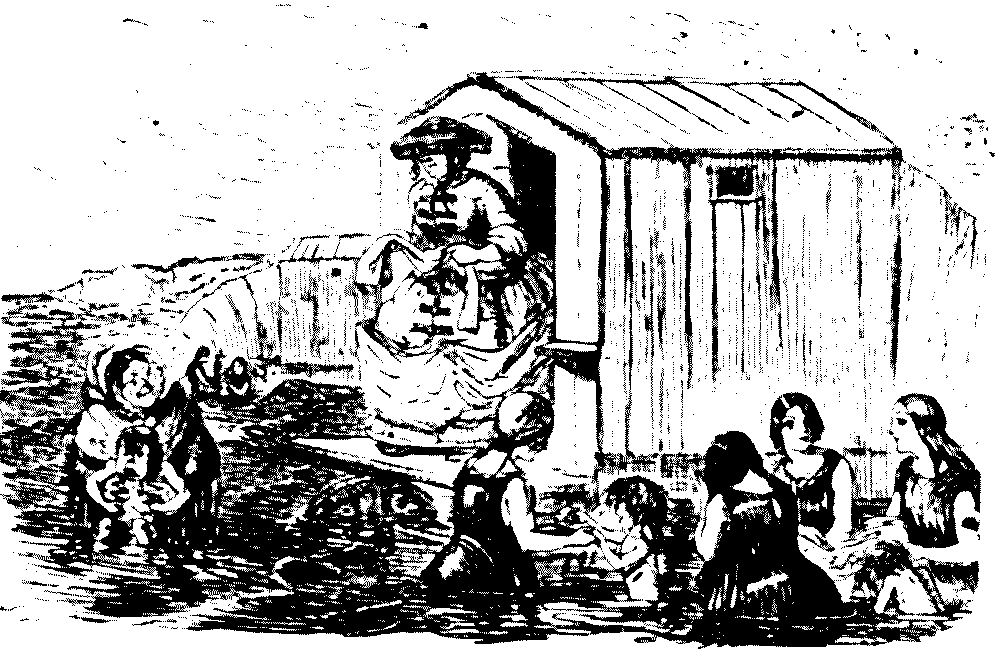
Commissionaire. "Would you like a four-wheeler or a
'ansom sir?" Convivial Party (indistinctly). "Ver' mush
oblige—but—reely don't think I could take 'ny more!"
RICE AND PRUNES
Rice and prunes a household journal
Called the chief of household boons;
Hence my mother cooks diurnal
Rice and prunes.
Therefore on successive noons,
Sombre fruit and snowy kernel
Woo reluctant forks and spoons.
As the ear, when leaves are vernal,
Wearies of the blackbird's tunes,
So we weary of eternal
Rice and prunes.

Never Speak in a Hurry
The Hospitable Jones. Yes, we're in the same old place, where you dined
with us last year. By the bye, old man, I wish you and your wife would
come and take pot-luck with us again on the——
The Impulsive Brown (in the eagerness of his determination never again
to take pot-luck with the Joneses). My dear fellow! So sorry! But
we're engaged on the—a—on the—er—on th-th-that evening!
Poor Jones (pathetically). Well, old man, you might have given me
time just to name the day.
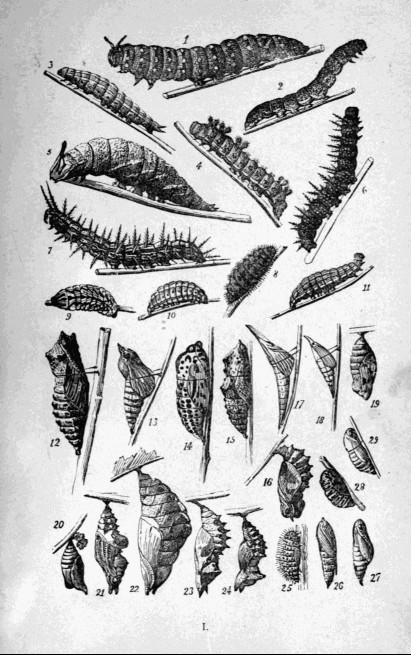
"WHO PAYS THE PIPER CALLS THE TUNE"
Johnnie (to waiter). "Aw—you're the boss—head waiter, eh?"
Waiter. "Yessir."
Johnnie. "Ah, well, just—ah—send up to your orchestra chaps, and
tell 'em I really can't eat my dinner to that tune."
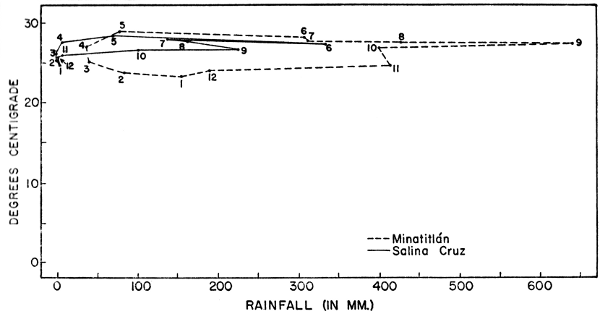
A Last Resource.—A happy and independent bachelor finds
himself suddenly disappointed of his Christmas party in the country; he
has ordered nothing at home, has given his cook and man-servant leave to
invite their friends; his intimate companions are out of town, and, on
arriving at his club, he is informed by the hall porter that "there is
no dinner to-night, as the servants are having a party." Only one
resource, a hotel, or dinner at a restaurant, all alone!
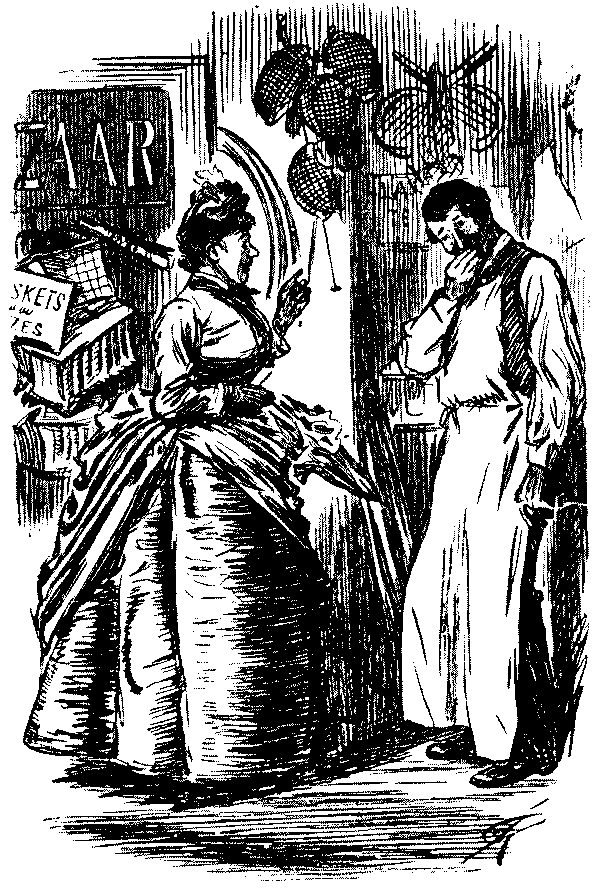
The very Latest Discovery.—Amateur Astronomical Student
(returning home, after attending scientific bachelor dinner, where "the
reported discovery of a new Satellite of Saturn" has been warmly
discussed). "Where am I? Letsh shee—(considering)—Earth's got one
moon. Mars's got five moo—Jup'tush nine—I shee two moons. Then—where
am I?"
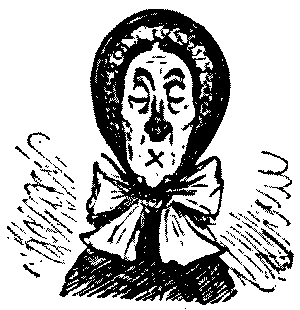 | 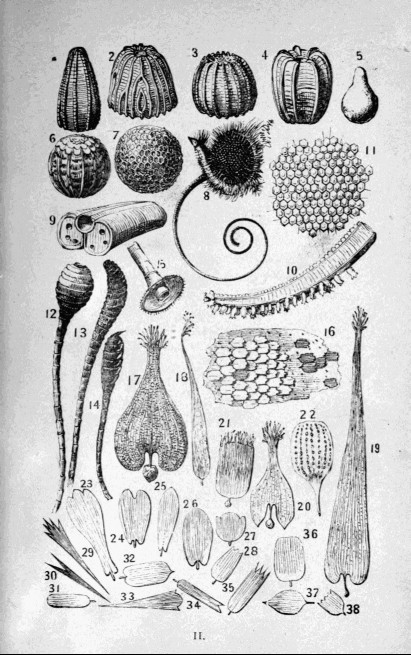 |
EFFECT OF GOOD CHEER ON OPPOSITE TEMPERAMENTS
At the Celestial Restaurant
Customer (indignantly). Hi! waiter, what do you call this soup?
Waiter (meekly). I not know, sir, but ze padrone tell me to describe
'im cocks-tail!

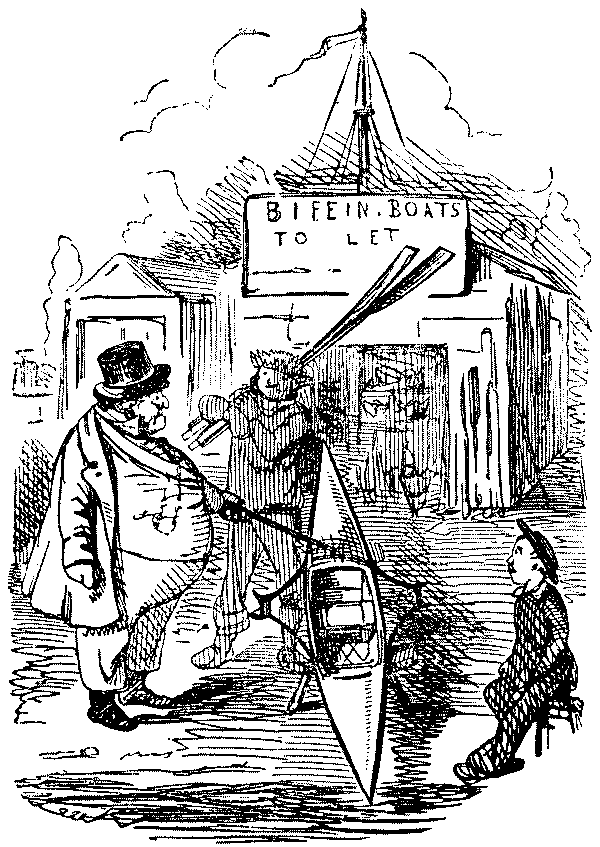
So very Conscientious!—Master of the House. "Why,
Jenkins, what on earth is the matter with you? Aren't you ashamed of
yourself?"
Butler (with great deliberation), "Well, shir—if you pleashe,
shir—itsh not quite my fault. You told me to taste every bottle of
wine before dinner, in cashe one should be corked. I've only carried out
in-shtrucshuns."
THE VERB TO DINE
Present Tense
I dine.
Thou joinest me.
He tries to whip us up for a division.
We smoke our cigars.
Ye drink your port.
They are defeated in the lobby.
Imperfect Tense
I was dining.
Thou wast holding a reception.
He was attending it.
We were feeling puzzled.
Ye were reading the Globe and Pall Mall.
They were not knowing what to make of it.
Future Tense
I shall dine.
Thou wilt join my party.
He will squirm.
We shall promote the unity of the party.
Ye will applaud.
They will call a meeting at the "Reform."
Perfect Tense
I have dined.
Thou hast made ambiguous remarks.
He has explained them away.
We have tried to make it all sweet again.
Ye have split a soda.
They have split the party.
Subjunctive Present
I may dine.
Thou mayest object.
He may want to state his views.
We may insist on our dinners.
Ye may agree with them.
They may disagree with you.
Subjunctive Imperfect
I might dine.
Thou mightest emerge from Berkeley Square.
He might resign.
We might lead.
Ye might follow.
They might not.
Imperative
Dine thou!
Let him speak out!
Let us know who is our leader!
Read ye the Times and Globe!
Let them settle the question for us!
Infinitive
Present: To split.
Past: To have been a party.

After-Dinner Consideration.—"Hippopotamuses" is a better test-word of
fitness for joining the ladies than "British Constitution."
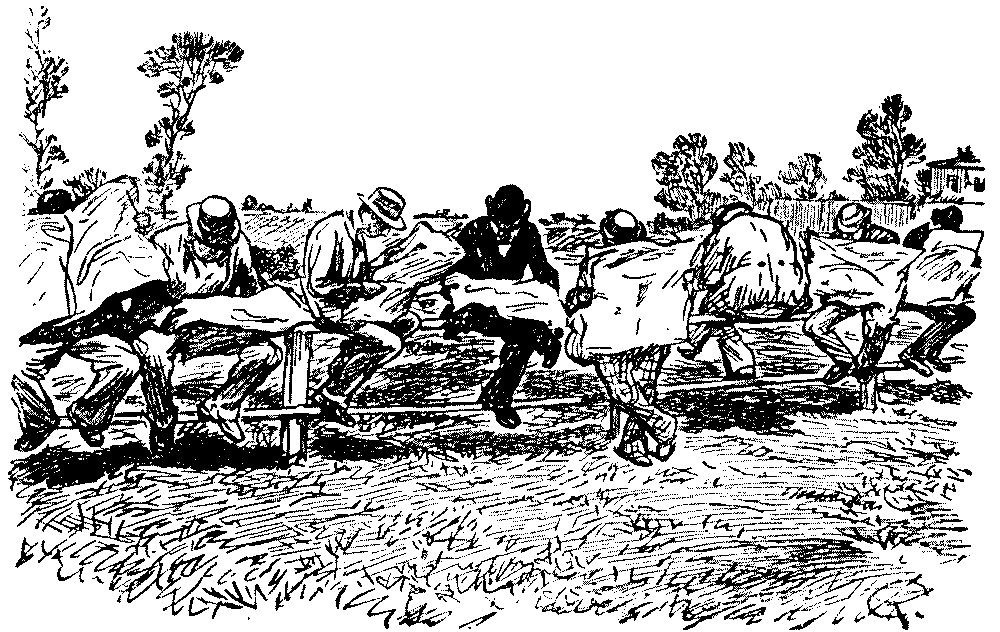
DISCUSSING AN ABSENT FRIEND
"Yes, Robinson's a clever feller, and he's a modest feller, and he's a
honest feller; but, betwixt you and I and the post, Mr. Jones," said
Brown, confidentially, picking his wisdom tooth with his little finger
nail, "Robinson ain't got neither the looks, nor yet the language, nor
yet the manners of a gentleman!"
"Right you are, sir!" said Jones, shovelling the melted remains of his
ice pudding into his mouth with a steel knife (which he afterwards wiped
on the tablecloth). "You've 'it 'im orf to a T!"
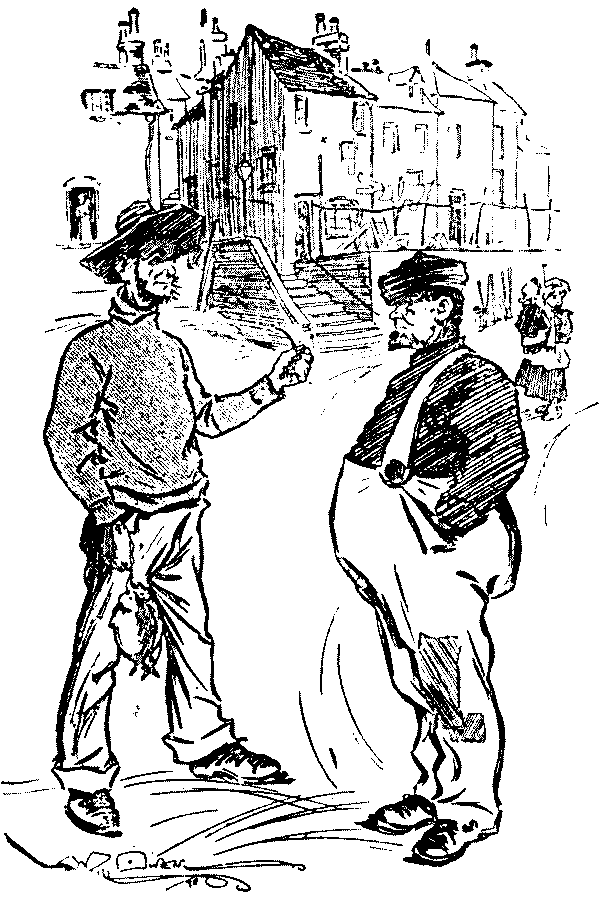
First Convivial. "'Sh two o'clock! Wha'll er misshus
shay?"
Second Convivial. "Thash allri'! Shay you bin wi' me—(hic)!"
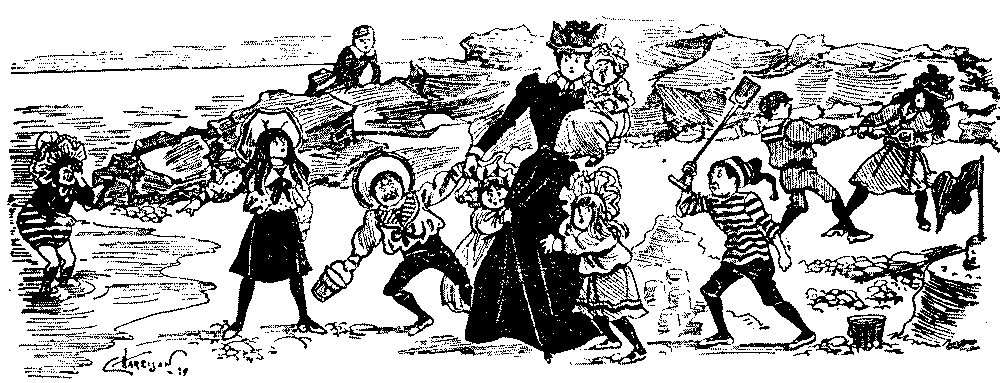
"IN CONFIDENCE"
Diner. "Thomson, do the members ask for this wine?"
Head Waiter (sotto voce). "Not twice, sir!"
SPECIMENS OF MR. PUNCH'S SIGNATURES!
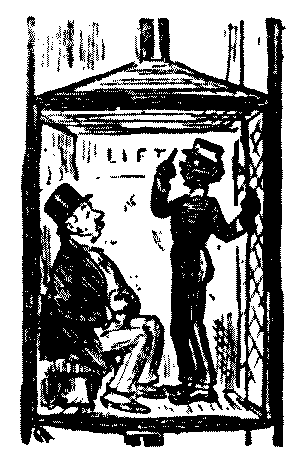
Attested by Several Witnesses.
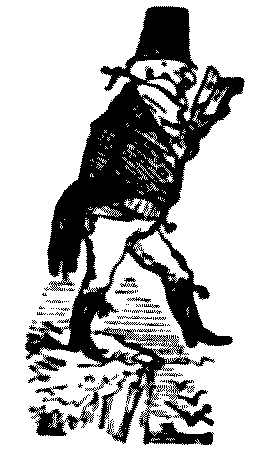
about the Middle of the Banquet.
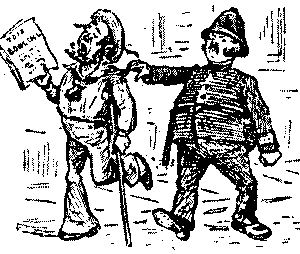
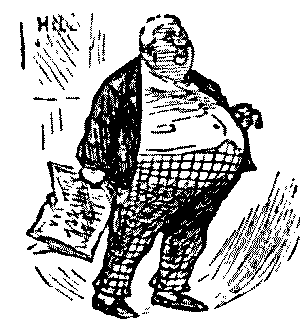
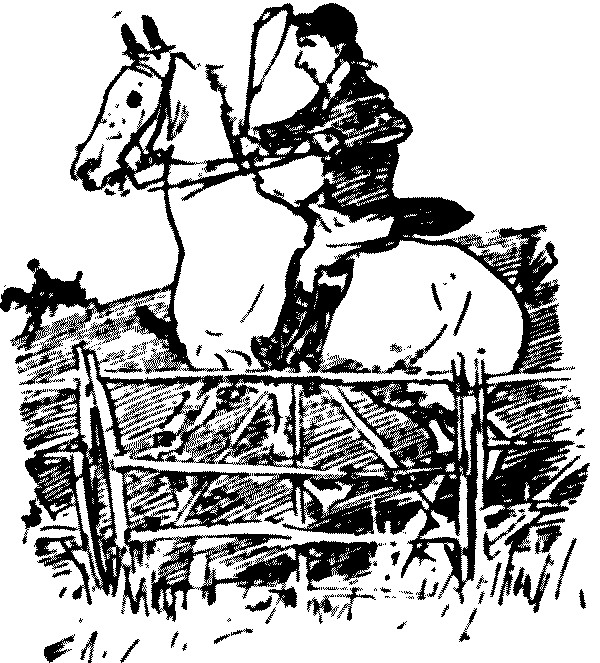
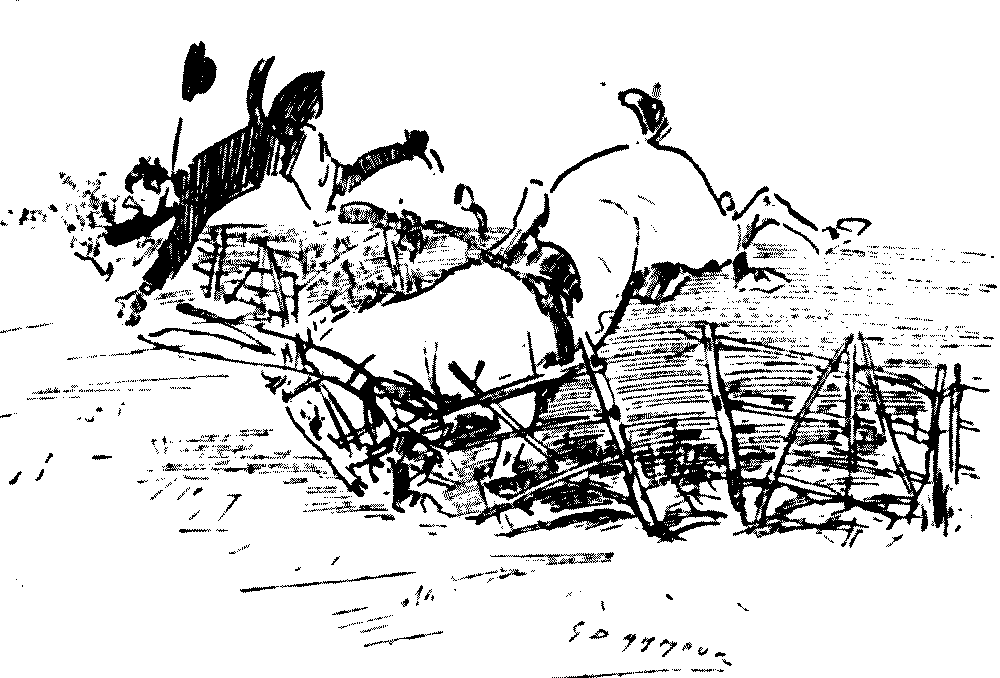

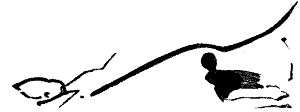
The above have been submitted to an eminent expert, who says he could
almost swear they are the same hand-writing, but must come and dine with
Mr. P., in order absolutely to verify them.
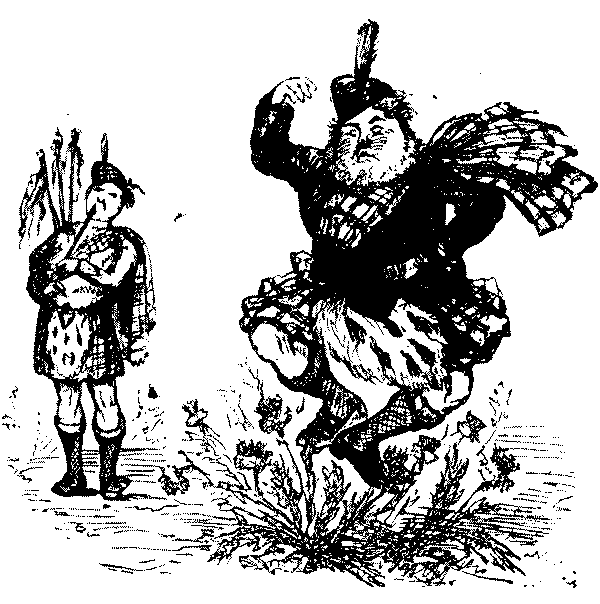
A Bad Ending.—"Well, William, what's become of Robert?"
"What, 'aven't you 'eard, sir?" "No! Not defunct, I hope!" "That's
just exactly what he 'as done, sir, and walked off with heverything he
could lay his 'ands on!"
[Pg 27]
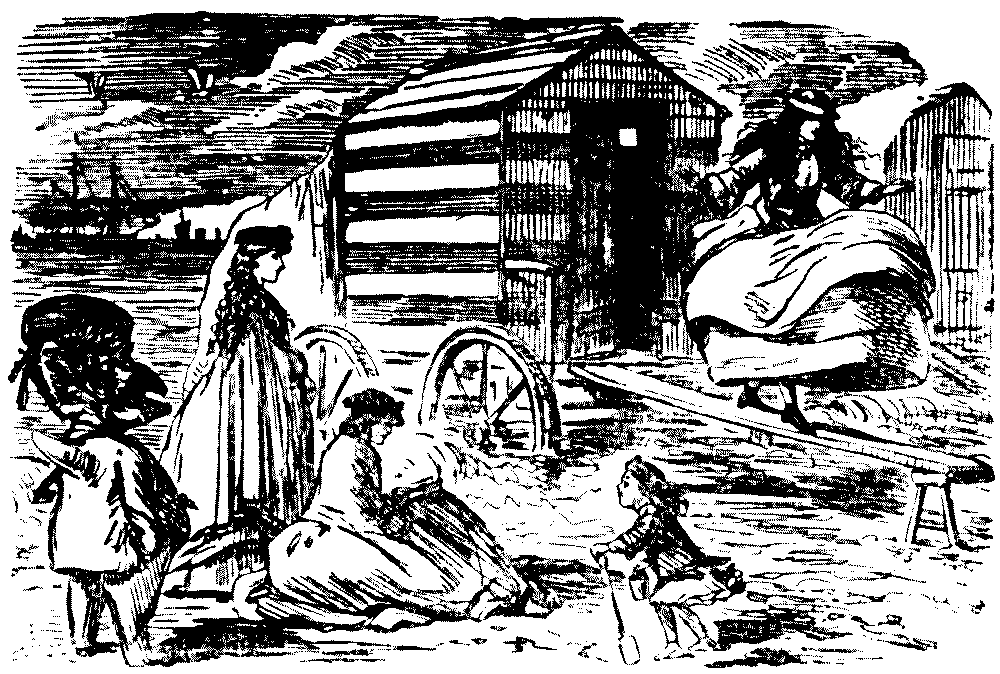
A SALVE FOR THE CONSCIENCE
Vegetarian Professor. "No, madam, not even fish. I cannot sanction the
destruction of life. These little creatures, for instance, were but
yesterday swimming happily in the sea."
Mrs. O'Laughlan. "Oh but, Professor, just think it's the first time
the poor little things have ever been really warm in their lives!"
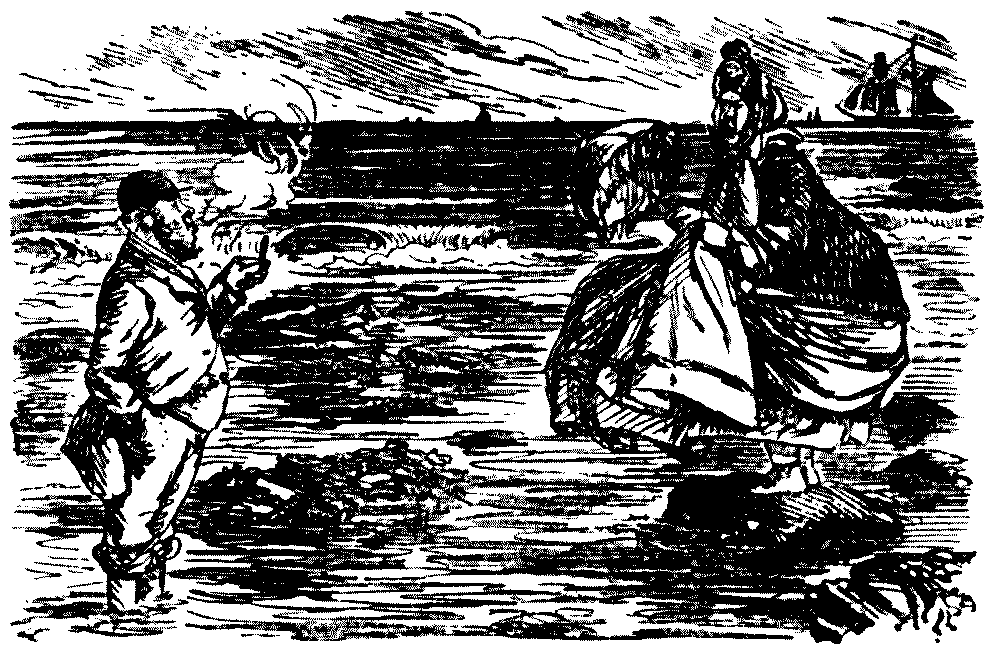
FELICITOUS QUOTATION
"Oh, Robert, the grouse has been kept too long! I wonder you can eat
it!"
"My dear, 'we needs must love the highest when we see it.'"
(Guinevere.)
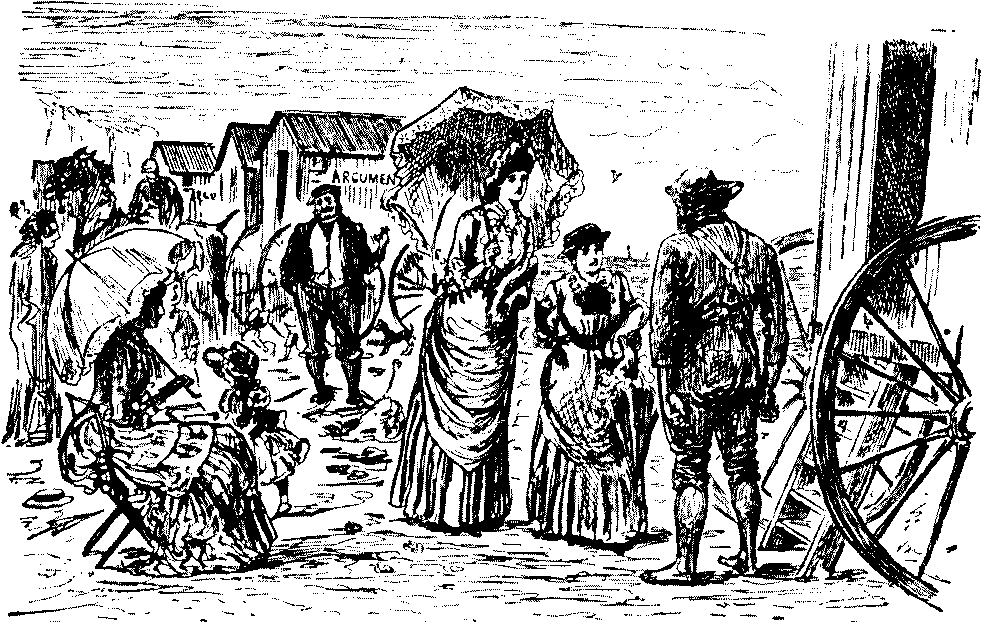
Little Boreham (relating his Alpine adventures).
"There I stood, the terrible abyss yawning at my feet——" That Brute
Brown. "Was it yawning when you got there, or did it start after you
arrived?"
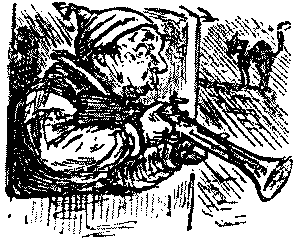
At a dinner given by my Lord Broadacres to some of his
tenants, curaçoa is handed in a liqueur-glass to old Turnitops, who,
swallowing it with much relish, says—"Oi zay, young man! Oi'll tak zum
o' that in a moog!"
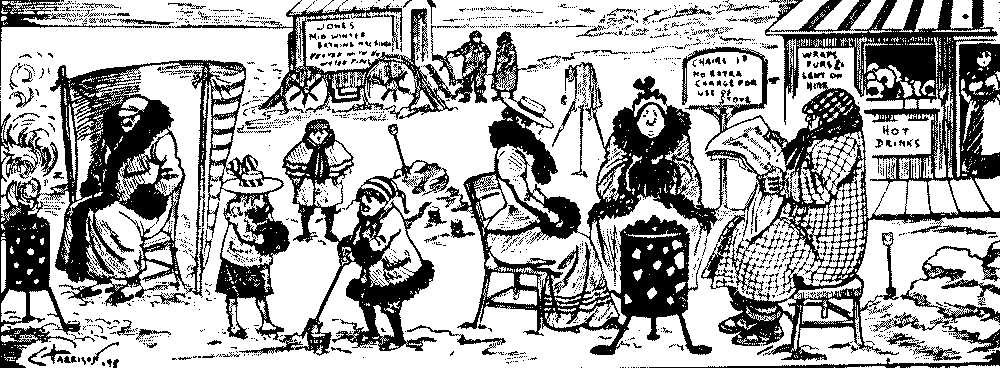
PRICE FOR AGE
Mr. Green. "You needn't be afraid of that glass of wine, uncle. It's
thirty-four port, you know."
Uncle. "Thirty-four port!—Thirty-four fiddlesticks! It's no more
thirty-four port than you are!"
Mr. Green. "It is I can assure you! Indeed, it's really
thirty-six; and thirty-four if you return the bottles!"
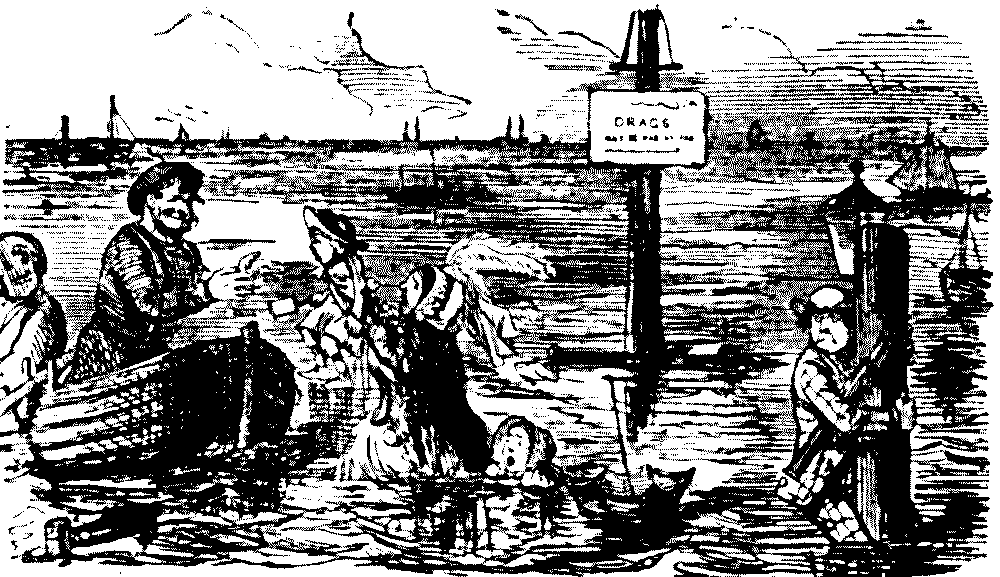
FLUNKEIANA
Master. "Thompson, I believe that I have repeatedly expressed an
objection to being served with stale bread at dinner. How is it my
wishes have not been attended to?"
Thompson. "Well, sir, I reely don't know what is to be done! It won't
do to waste it, and we can't eat it downstairs!"
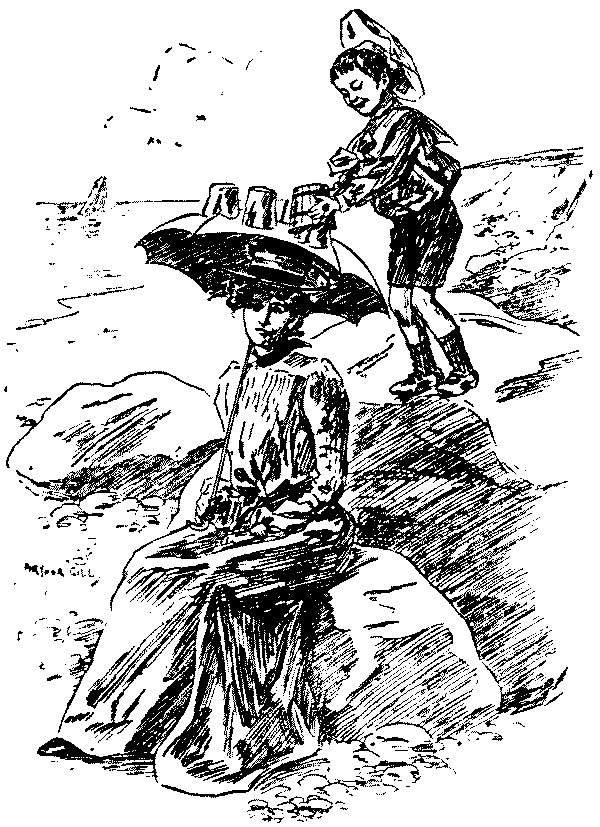
CONCLUSIVE
Scene—Hibernian Table d'hôte
Guest. "Waiter! I say—this is pork! I want mutton!"
Waiter (rather bustled). "Yes, sorr, it's mutton ye want—but it's
pork ye'll have!"
RAMBLING RONDEAUX
At table d'hôte, I quite decline
To sit there and attempt to dine!
Of course you never dine, but "feed,"
And gobble up with fearsome greed
A hurried meal you can't define.
The room is close, and, I opine,
I should not like the food or wine;
While all the guests are dull indeed
At table d'hôte!
The clatter and the heat combine
One's appetite to undermine.
When noisy waiters take no heed,
But change the plates at railway speed—
I feel compelled to "draw my line"
At table d'hôte!

Sufficient Excuse
Jones (to Brown). I say, old fellow, I saw you last night, after
that dinner. Your legs were uncommonly unsteady.
Brown. No, dear boy; legs were right enough. It was my trousers that
were so "tight."
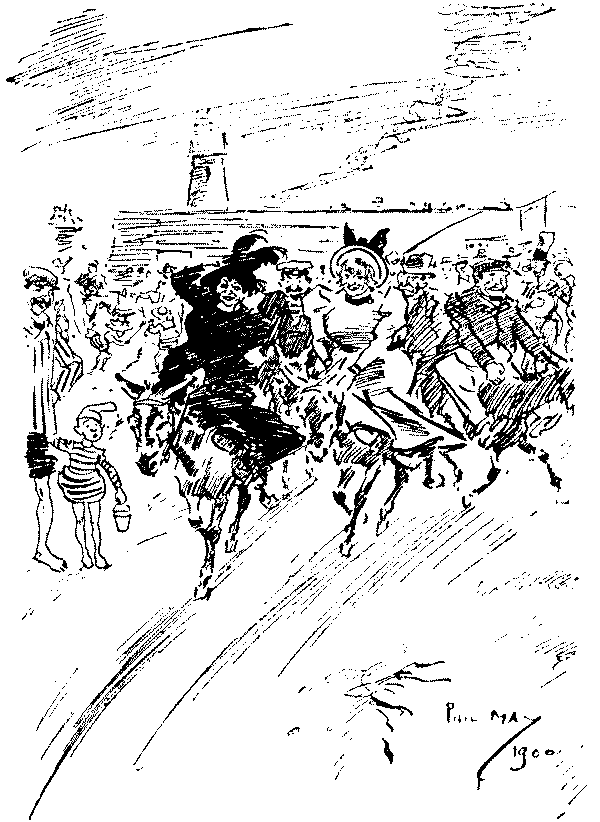
Cruel!—Lucullus Brown (on hospitable purpose
intent). "Are you dining anywhere to-morrow night?" Jones (not
liking to absolutely "give himself away"). "Let me
see"—(considers)—"No; I'm not dining anywhere to-morrow." Lucullus
Brown (seeing through the artifice). "Um! Poor chap! How hungry you
will be!" ["Exeunt,—severally."
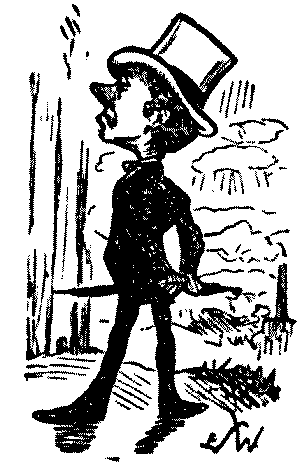
CANDID!
Simultaneously
Host (smacking his lips). "Now, what do you say to that glass of
she——"
Guest. "My dear fellow, where did you get this abominable Marsala?"

Guests to be Avoided
"Hullo, old man! How is it you're dining at the club? Thought your wife
told me she had the Browns and Smiths to dinner this evening?"
"No—that was yesterday. This evening she has the odds and ends."
Sectarian
"Hullo, John! What a jolly dish! Potatoes, greens, carrots, beans! Who's
it for?"
"Mr. Binks, sir."
"Is Mr. Binks a vegetarian?"
"Oh no, sir! I believe he's Church of England!"

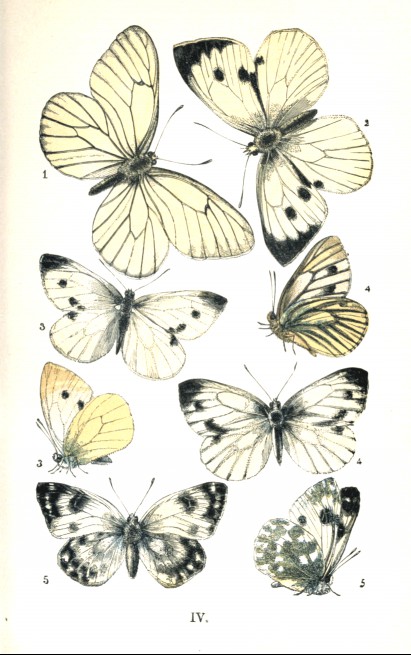
"TO PUT IT BROADLY"
Improvised Butler (to distinguished guest). "Will ye take anny more
drink, sor?"
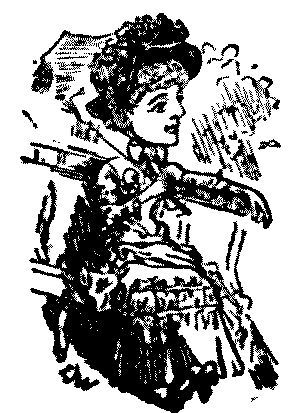
First Customer. "Waiter, a fried sole."
Second Customer. "Bring me a fried sole, too, waiter—and mind it is
fresh."
Waiter. "Two fried soles—one fresh!"
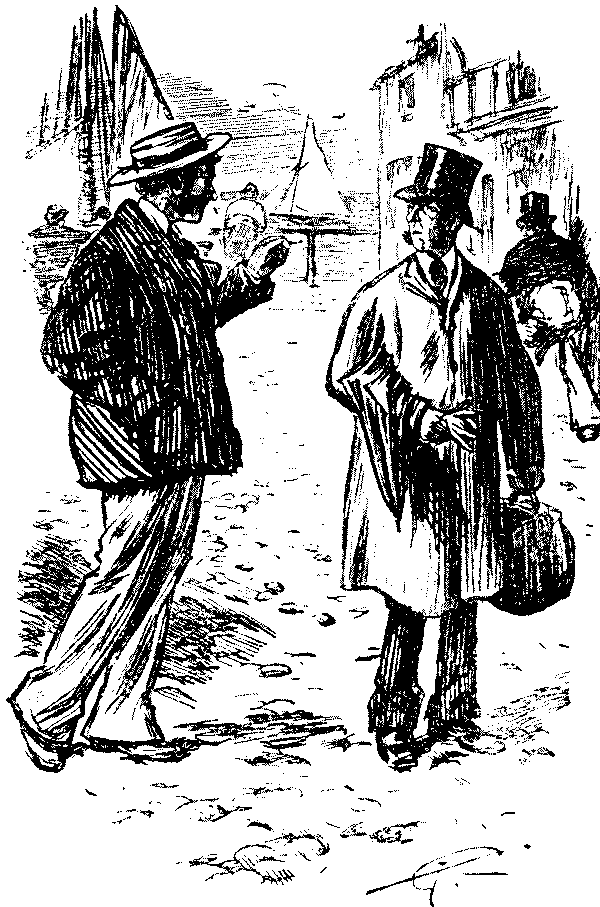
After Many Years!—Country Parson (to distinguished
Peer, who has been making THE speech of the evening). "How d'ye do,
my lord? I see you don't quite remember me." Distinguished Peer.
"Well—er—not altogether." C. P. "We were members of the same club at
Oxford." D. P. (with awakening interest). "Oh—ah! Let me see—which
club was that?" C. P. "The—er—Toilet Club, you know!"
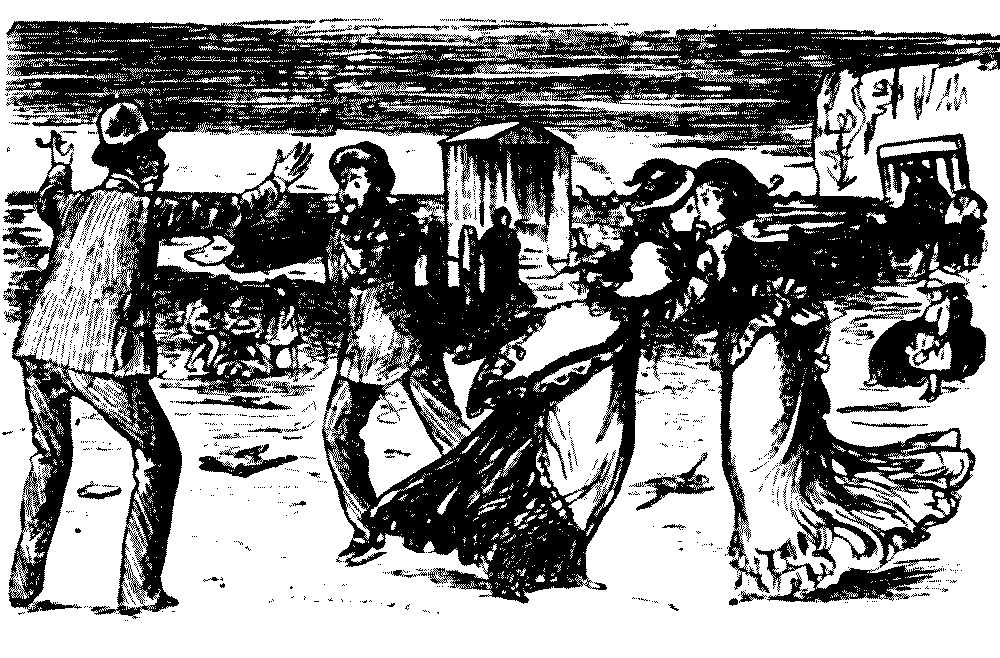
THINGS ONE WOULD RATHER HAVE LEFT UNSAID
She. "We expected you to dinner last night, Herr Professor. We waited
half an hour for you. I hope it was not illness that prevented you
from coming?"
He. "Ach, no! I vas not hongry!"
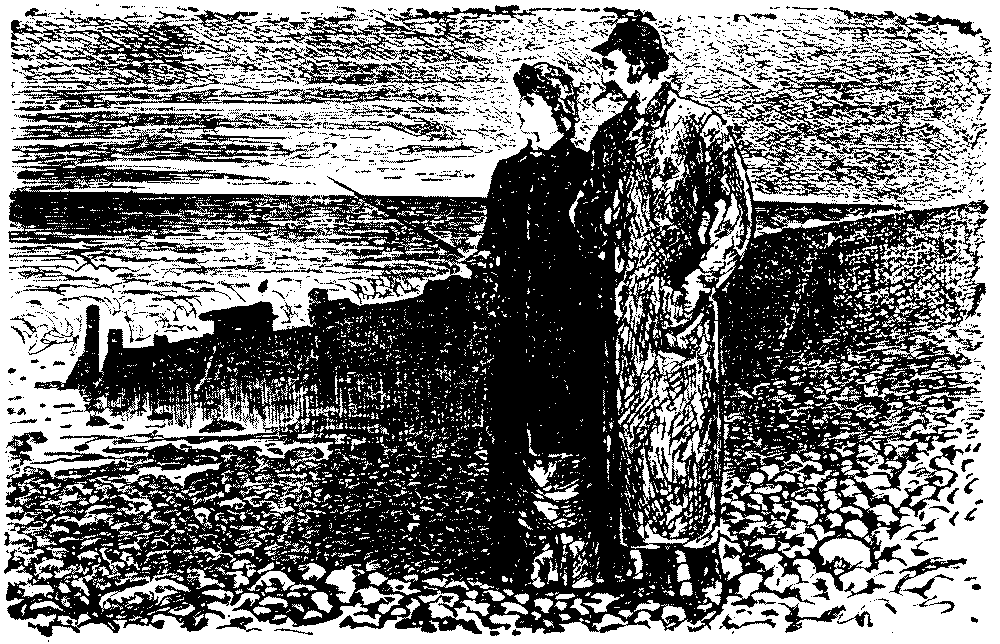
A DILEMMA
Nervous Gentleman (to two sisters). "I've got to take one of you in
to dinner. A—a—let me see—a—which is the elder?"
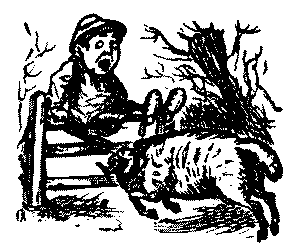
THINGS ONE WOULD RATHER HAVE LEFT UNSAID
Jones (to hostess, famous for her dinners). "Oh, by the way, Mrs.
Hodgkinson, if you should happen to want a really good cook, I know of
one who would suit you to a T!"
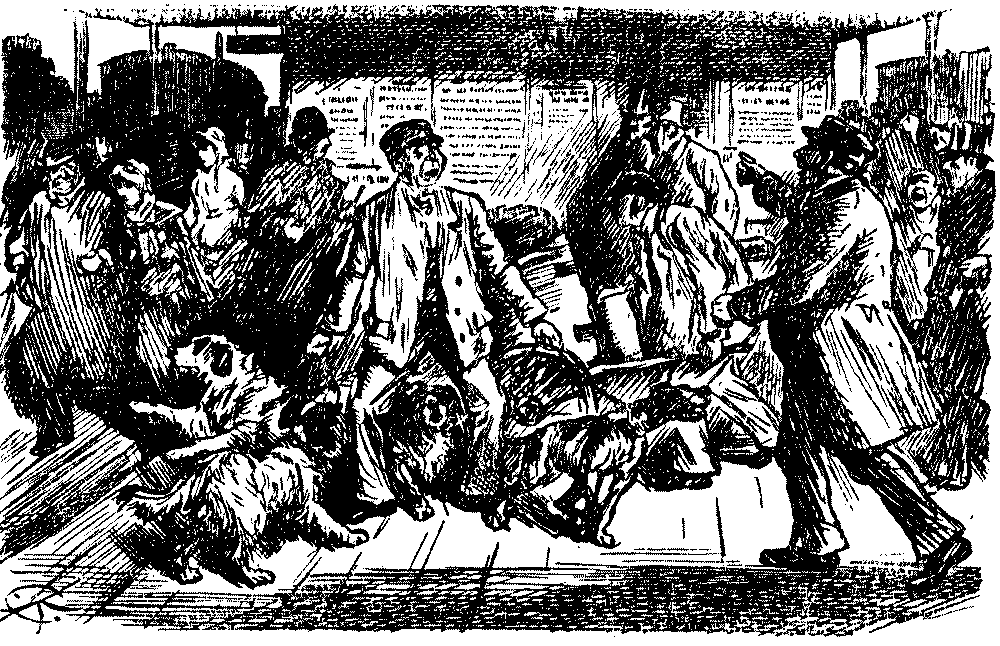
THE RULING PASSION STRONG AT DINNER
Laconic Waiter (thoroughly familiar with sporting Major's taste in
champagne). "Seventy-four, sir?"
Sporting Major (down on his luck, after a bad week at Newmarket).
"Seven-to-four, sir! Dash it! wouldn't take ten to one about anything!"
CAUSE AND EFFECT
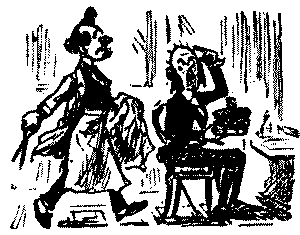 Host (to coachman, who is turned on as butler on grand occasions). | 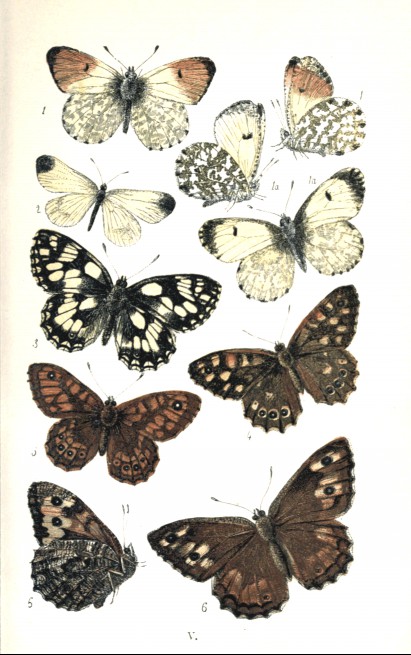 Coggledab (in a stage-whisper, during a lull in the conversation, to |
[Mrs. Dumbledock alters her will the next day
A LITTLE DINNER OF THE FUTURE
According to the Daily Chronicle, "an American professor is
looking forward to the time when cooking and dining shall become
lost arts, and we shall take our sustenance in the form of tablets
of concentrated things." Our esteemed contemporary appears to think
that such a system would necessarily do away with all conviviality
and social intercourse; but, unless Mr. Punch's clairvoyant is
liable to error (which is absurd), we need not take quite so gloomy
a view of the future. People will still entertain, only the dinner
of the next century will be a more economical and less tedious
function, and, instead of having to go through a trying interview
with her cook, the coming hostess will merely look in at the nearest
food chemist's, when some such conversation as the following will
settle the whole business.
Hostess. We've some people coming in to take a few tablets with us
this evening; what do you think I'd better have?
The Food Chemist. You will require soup, of course, madam. I could
send you one of these patent soup-sprinklers, exceedingly simple to
work, and quite the fashion in the highest circles: the butler sprays
each guest before showing them[Pg 48] upstairs. We supply the machine, charged
with the very best soup, at ninepence a night.
Hostess. No, I don't want anything fussy, it's quite an informal
little gathering. An ounce of those mock-turtle jujubes at fourpence I
had last time will do very well.
The F. C. Very good, madam. Then, with regard to fish? I can strongly
recommend these bi-carbonate of cod and oyster sauce lozenges, or I have
some sulphate of salmon and cucumber pastilles, that I think you would
like, ninepence the quarter-of-a-pound.
Hostess. I'm afraid I mustn't be extravagant. I'll take a small bottle
of condensed smelt tabloids (the sixpenny size), and what are left
will come in nicely for the children's dinner next day.
The F. C. Precisely so, madam. And as to entrées—will you have
cockscomb cachous or sweetbread pilules?
Hostess. It makes such a long dinner. I don't want a lot of things.
The F. C. In that case, madam, I think I have the very article—a
most elegant electro-chemical preparation, combining entrée, joint,
and bird, with[Pg 50] just a trace of vegetable matter, put up in small
capsules, at one and elevenpence halfpenny the box of one dozen.
Hostess. That would be cheaper than having each course in separate
tablets, wouldn't it? I think I'll try a box. What wonderful
improvements they bring out nowadays, to be sure!
The F. C. They do indeed, madam. I am told that the Concentrated Food
Stores will shortly be able to place on the market a series of graduated
wafers, each containing a complete dinner, from a City banquet to a
cutlet, at prices to correspond with the number of courses required.
Hostess. Delightful! And then the most expensive dinners will be all
over in a minute, instead of dragging on to ten minutes or a quarter of
an hour, as I've known them to do sometimes! I've often thought what a
pity it is that we waste so much precious time as we do in merely
supplying our bodily wants.
The F. C. We are improving, madam, slowly improving. And what about
sweets, cheese, and savouries?
Hostess. I might have one of those two-inch[Pg 52] blocks of condensed
apple-tart, and a box of cheese pills—no savouries. You see, it's
only a family party!
The F. C. Exactly so, madam. And shall you be needing anything in the
way of stimulants?
Hostess. Let me see—you may send me in a couple of ounces of
acidulated champagne drops—the Australian quality, not the French,
they're twopence an ounce dearer, and so few people notice the
difference nowadays, do they?
The F. C. (to himself). Not until the next morning! (Aloud.) And
liqueurs? Any brandy-balls with the coffee creams? We have some very
fine essence-of-dessert jellies——. Hostess Nothing more, thank you.
(To herself as she departs.) I'm sure I've spent quite enough as it is
on John's stingy old relations, who never ask us to have so much as a
lunch-lozenge or a tea-tabloid with them!

Lady of uncertain age (discussing dinner party). No, I cannot say it
was very complimentary; they gave me to an archæologist to take down.
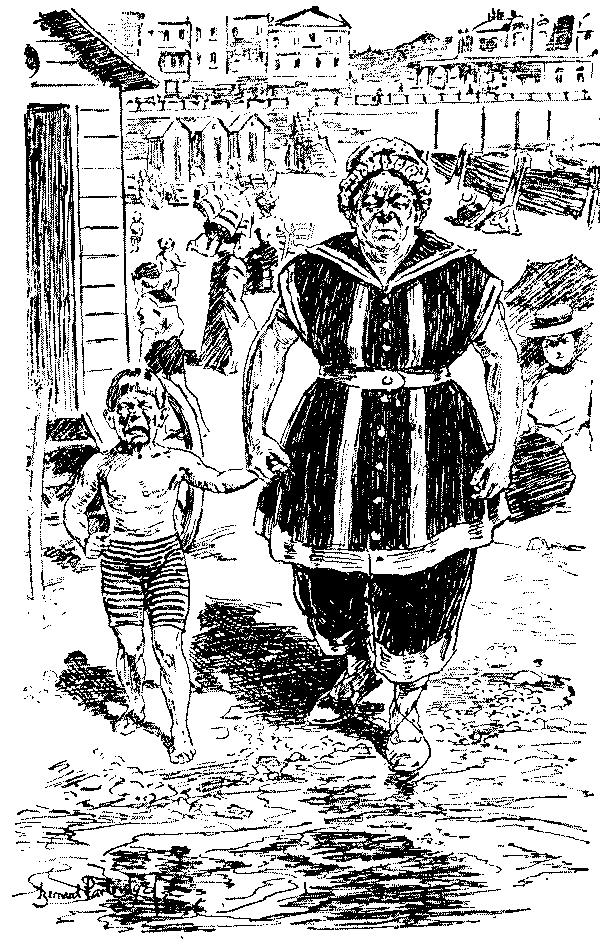
Old Jones. "Yes, my boy, there's wine for you, eh? I
bought ten pounds worth of it the other day."
Brown. "What a lot you must have got!"
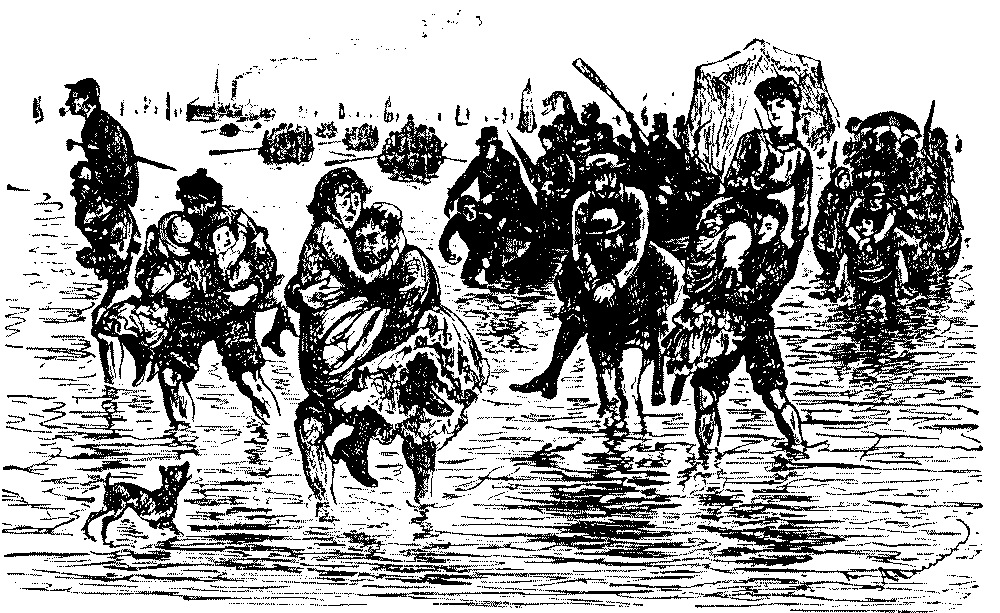
A BIG ORDER
Stout Party (to waitress), "Put me on a pancake, please!"
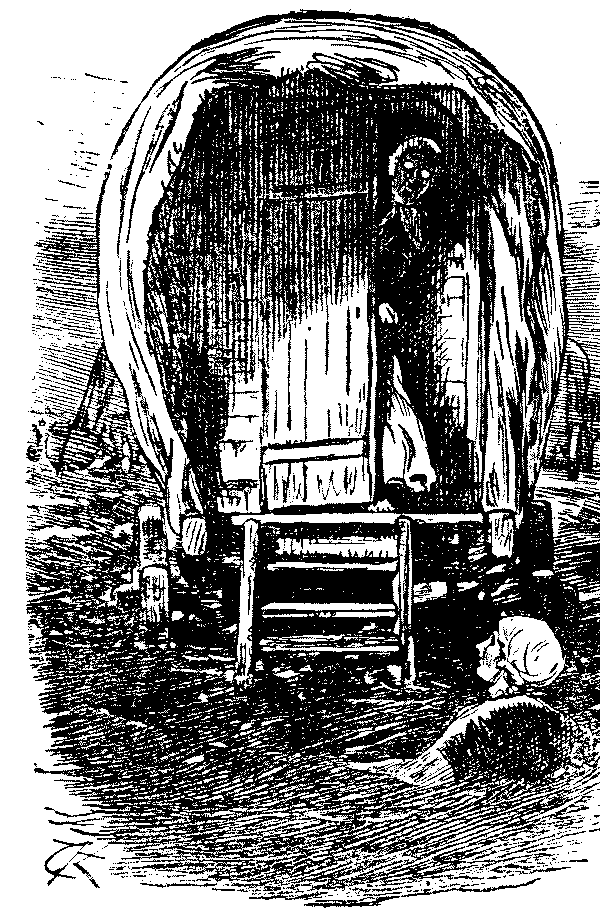
At a Literary and Artistic Banquet.—Waiter (to
colleague). "Well, they may 'ave the intellec', Fred, but we certainly
'as the good looks!"
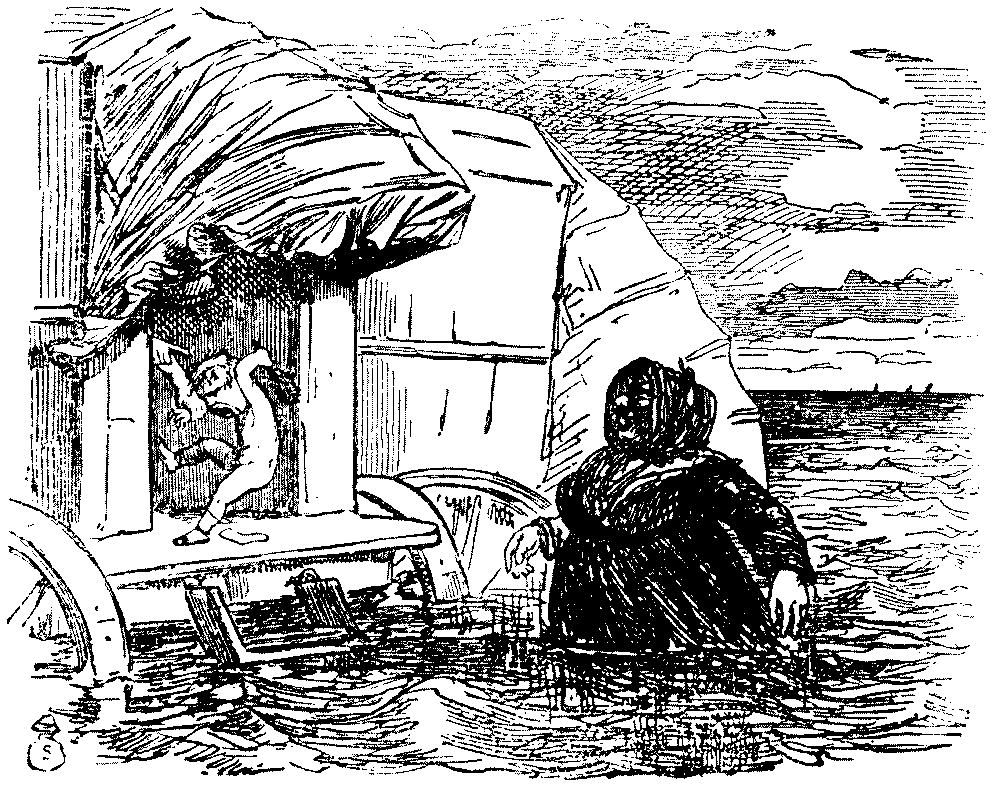
Why not a phonographic after-dinner speech machine?
Celebrities could be represented at any number of banquets.
["An experiment in dinner speeches by telephone is to be tried at Massachusetts Institute."]
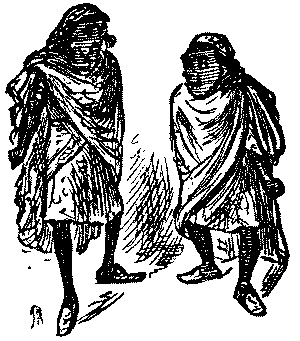
THINGS ONE WOULD RATHER HAVE EXPRESSED OTHERWISE
Would-be Considerate Hostess (to son of the house). "How inattentive
you are, John! You really must look after Mr. Brown. He's helping
himself to everything!"
[Discomfiture of Brown, who, if somewhat shy, is conscious of a very healthy appetite.
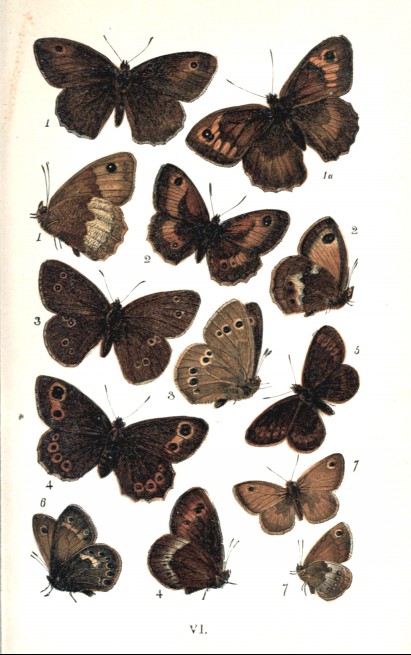
Things One would(n't) rather have left Unsaid.—(In Mrs.
Talbot de Vere Skynflynte's drawing-room, after one of her grand
dinner-parties where nobody gets enough to eat.) General Guzzleton.
"What's that? Tea? No, thanks. I never take tea unless I've dined!"
PROVERBS FOR BALL AND DINNER GIVERS
Ices and tea and coffee and small cakes are as good as a feast.
You may bring an amateur tenor up to a piano, but you cannot make him
sing.
A lord in the room is worth two dukes in the bush.
In provincial society the lord-lieutenant is king.
Flirtation is the mother of invention.
All good dances lead to the conservatory.
Take care of the rounds, and the squares will look after themselves.
It is a wise waltzer who knows her own step.
A dinner in time saves nine.
When the confectioner comes in by the door the cook flies out by the
window.
What is port to your wine merchant is death to your guests.
Keep your champagne dry.
Call a stable-boy by any other name, and he[Pg 58] will resemble the rose
under similar circumstances.
You can't make a head butler out of a local greengrocer.
When the soup is cold, the wit flies out.
If you have enough cheap and nasty dishes, some of them must be eaten.
The menu makes the dinner.
Ask Mr. Punch to a really good and well thought-out meal, and you will
have an exceptionally lucky man for your guest.

THE SIGH OF THE SEASON
Good-bye dinner, good-bye lunch,
Good-bye turtle, good-bye punch,
Good-bye jambon soaked in cham.,
Good-bye venison, cutlets lamb,
Good-bye salmon, smelts, and sole,
Good-bye Heidsieck's monopole,
Good-bye hock, sauterne, and sherry,
Good-bye all that makes me merry,
Good-bye liqueurs, petit verre,
Good-bye sauce au Vin Madère,
Good-bye all these joys of life,
Good-bye fork, and good-bye knife,
Good-bye all I take when out,
Good-bye then this twinge of gout!
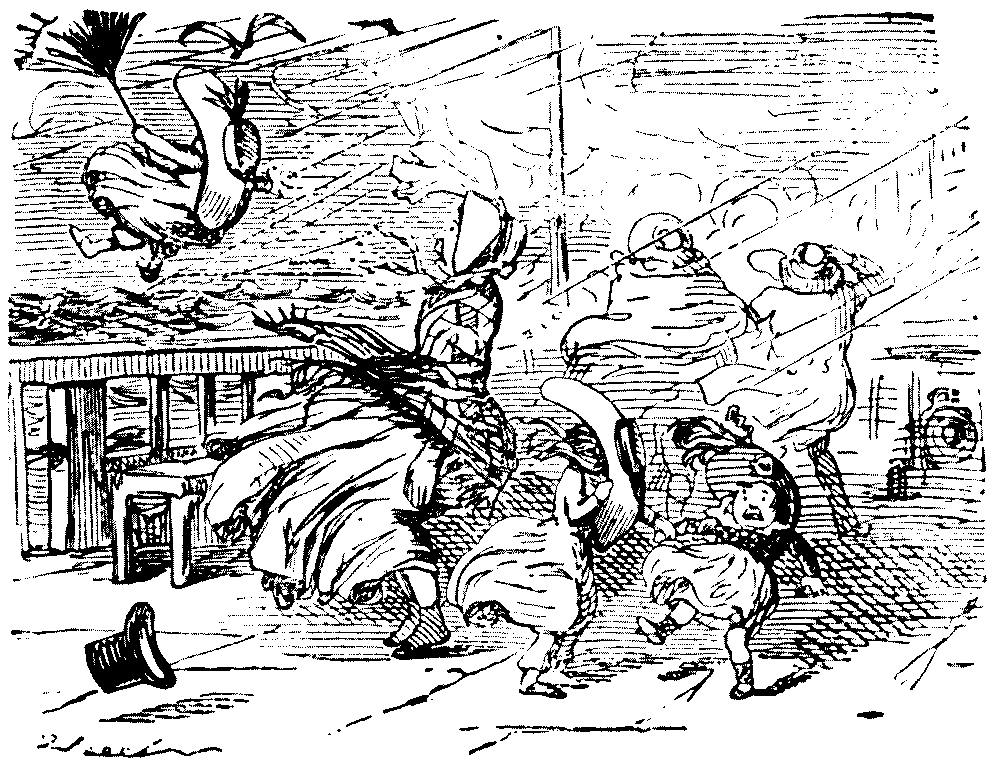
Our Gallant Colonel. "Your daughters, my dear Mrs.
Tympanum, are looking delightful to-night—simply delightful!"
Mrs. Tympanum (rather hard of hearing, and very intent on a rôti of
ducklings). "Yes, aren't they! I've had them stuffed with sage and
onions!"
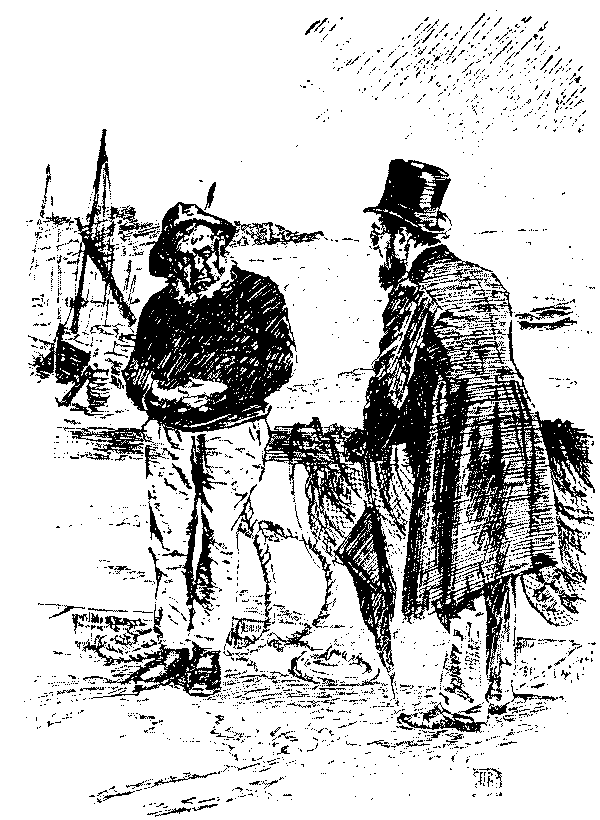
Cruel!—Smith (usually a shy, reserved, and silent man)
tells a rather long, but otherwise entertaining, story, about an orange,
which meets with great success. Brown (when the laughter and applause
have subsided). "Bravo, Smith! Capital, old man! But, I say, you told
it better one night at Jones's, a few months ago!" Jones. "No, no!
Where he told it best was that morning we breakfasted with you, Brown,
somewhere about the beginning of the year before last!" Robinson. "Ah,
but don't you recollect the way he told it after that supper I gave you
fellows at Evans' in 'fifty-one'? How we did laugh, to be sure!"
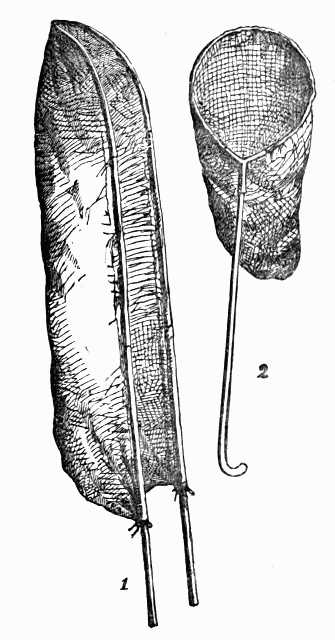
Whose Fault?—Wife (reproachfully). "O, Charles!" (She
had returned to the dining-room, wondering why he had not come upstairs
to tea.) Charles (who had evidently taken a little too much wine). "V'y
well, my dear! 'Sh not my fault! 'Sh your fault! Cooksh fault! 'Bisque
soup was salt! Sh'preme d'la V'laille was smoked! And orange frittersh
'tough as leather! What did Capt'n du Cane shay? Bad cookery cause of
all sorts o' crimes. 'Shamed of yourshelf!"
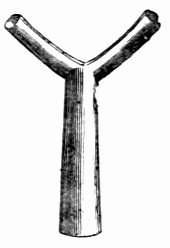
"For when our veins are filled
With wine and feeding, we have suppler souls
Than in our priest-like fasts."—Shakspeare: Coriolanus.
After-dinner Criticism.—Guest (who has had a pleasant evening, will
just have a look at his host's pictures before he goes).
"Yesh—(hic)—'like tha' pictsh're! Fi' lanshc'pe! 'Like the treesh!
'Branshes wave 'bout s' nash'rally!!!"
DINNER PLATITUDES
Twice of soup is vulgar, but three times of soup implies that you must
be more than double-plated with vulgarity. Such a thing was never known,
not even at the Trinity Board, and turtle is not the slightest excuse
for your pushing things to such a vulgar length. An alderman would
really blush for you.
A soft answer turneth away wrath, and an invitation to take a glass of
wine will frequently restore warmth between two friends where only
coldness existed before.
No matter how plain your cook may be, so long as your dinner is
well-dressed.
A few compliments go a great way. A little savoury pâté is quite
enough. Try too many, and you'll find they'll prove heavy.
When the ladies retire from the dinner-table, it is not usual for you
(supposing you to be a gentleman) to retire with them. In this instance,
the same law extends to the mistress as to the servants:—"No Followers
Allowed."[Pg 64]
A gratuity well bestowed frequently has a happy effect. The servant that
is fee'd well takes care that his master does the same.
In the hands of an inferior artiste, whether an omelette turns out
good or bad, is quite a matter of toss up. It is the same with a
pancake.
Keep ill-natured people from your table, as you would sour fruit. They
are sure to disagree with every one. Avoid crab-apples, lest the apple
of discord should turn up amongst them.

ODE TO A DINNER-GONG
"The tocsin of the soul—the dinner-bell."
So said, admiringly, the late Lord Byron,
But he had never heard your noisy knell,
O blatant bellowing thing of brass or iron,
Or surely he had metrically cursed
Your nerve-distracting Corybantic clangour.
Would his fine indignation could have versed
My utter hate, my agonising anger.
Alas! is gusto then so great a sin,
Is feeding man so terrible a sinner
That such a worse than Duncan-raising din
Must summon him to—dinner?
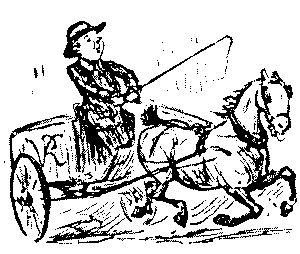
Down a Peg.—Mr. Gifted Hopkins (minor poet, essayist,
critic, golfer, fin-de-siècle idol, &c.). "Oh, Mrs. Smart—a—I've been
thinking, for the last twenty minutes, of something to say to you!"
Mrs. Smart (cheerfully). "Please go on thinking, Mr. Hopkins,—and
I'll go on talking to Professor Brayne in the meantime.
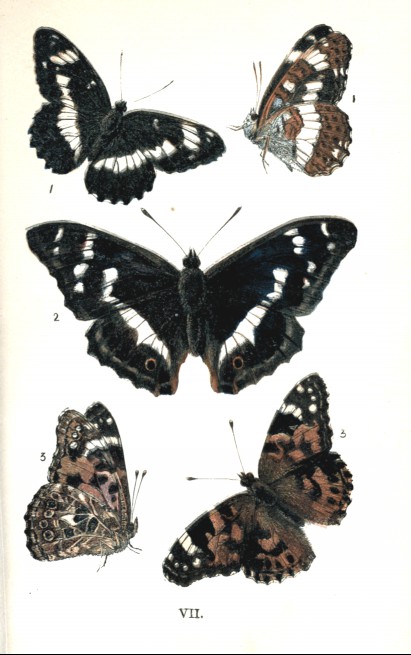
Past and Present.—Serious and much-married man. "My
dear friend, I was astonished to hear of your dining at Madame
Troisétoiles!—a 'woman with a past' you know!"
The Friend (bachelor "unattached"). "Well, you see, old man, she got
a first-rate chef, so it isn't her 'past,' but her 're-past' that I
care about."
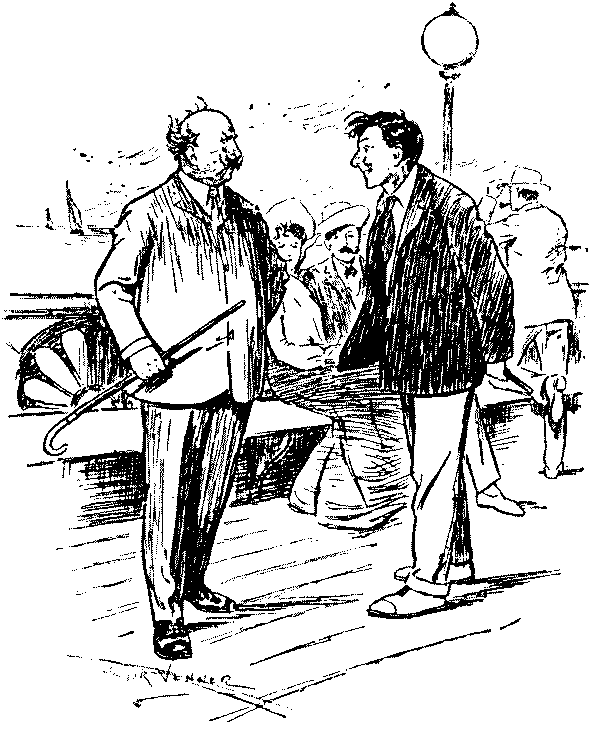
A Connoisseur.—Sir Pompey Bedell. "This bottle of
Romanée-conti seems rather cloudy, Brown! It ought to be all right. I
know it stands me in twelve guineas a dozen!"
The New Butler. "There certainly his some sediment, Sir Pompey; but
it's of no consequence whatever! I tried a bottle of it myself the
other day, and found it first-rate!"
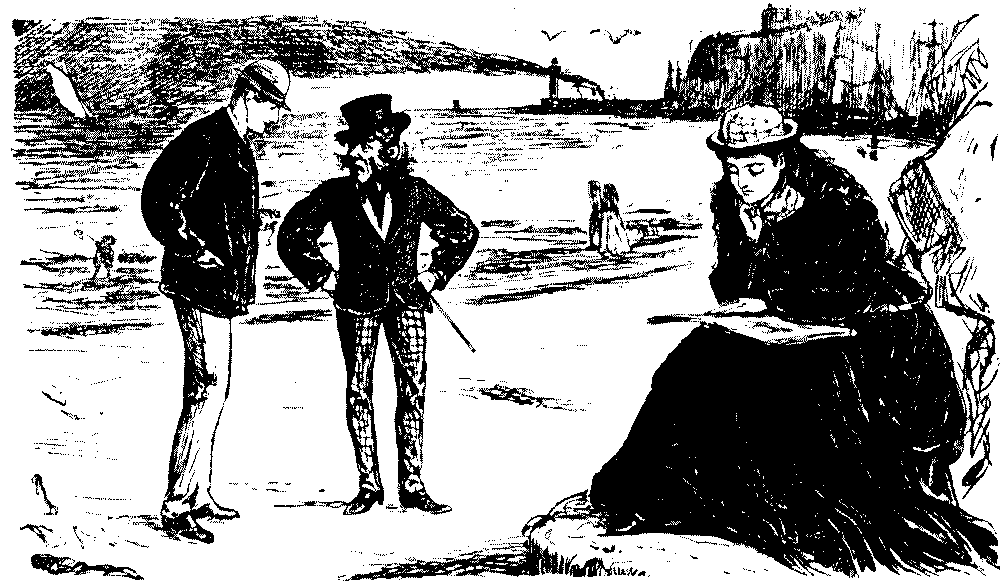
A PIOUS FRAUD!
"Hullo, Monty, what have you got in your button-hole? You don't mean to
say you've joined the blue ribbon army?"
"Yes; for this night only. Going to dine with Jakes. Don't want to hurt
poor old Jakes' feelings—don't want to be poisoned by his beastly wine.
See?"
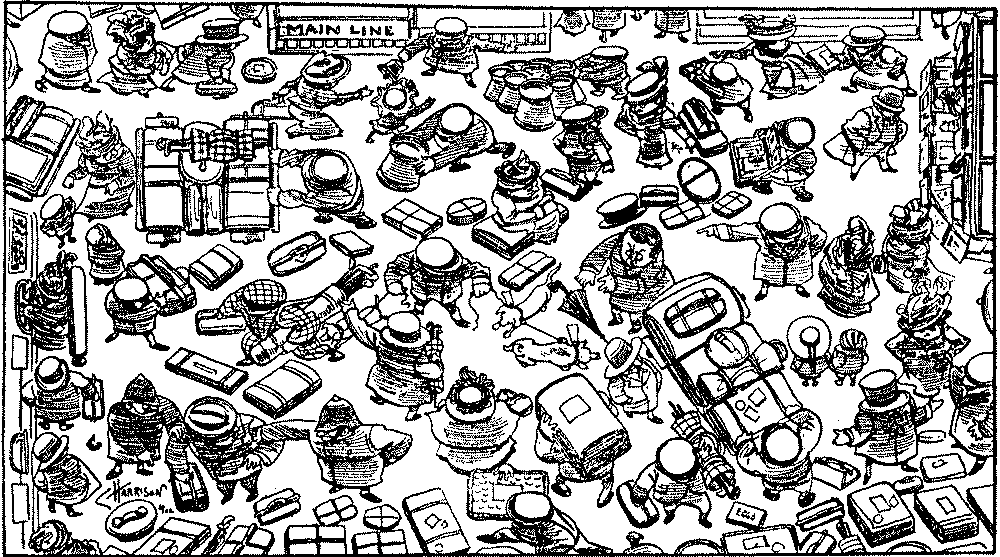
IN THE DAYS OF THE CRINOLINE—DINING UNDER DIFFICULTIES
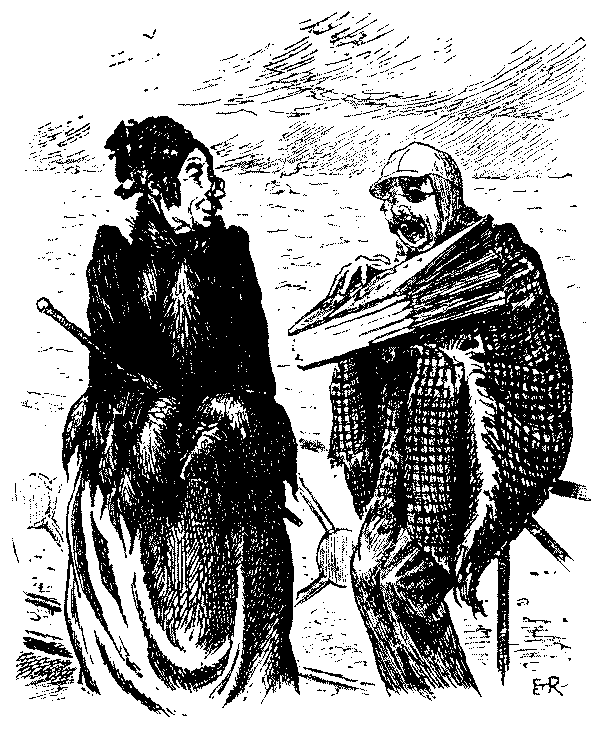
Repletion.—Robert. "Pudding or cheese, sir?"
Abstracted Editor. "Owing to pressure of other matter, 'regret we are
unable to find room for it!"
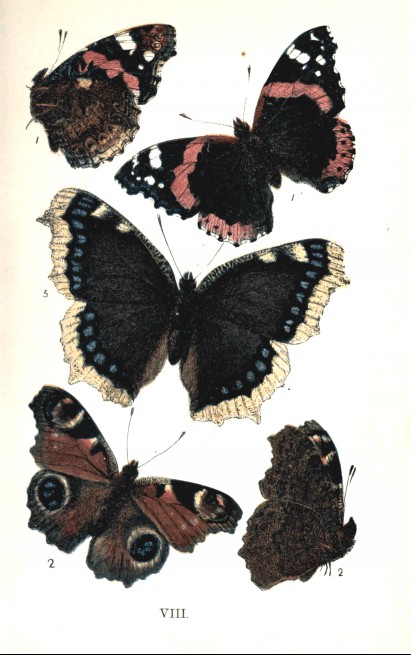
Brown (who has been dining at the club with Jones).
"Just come in a minute, old fellow, and have a night-cap."
Jones. "I'm afraid it's getting a little late. Let's see how's the
enemy."
Brown. "Oh! that's all right. She's in bed."
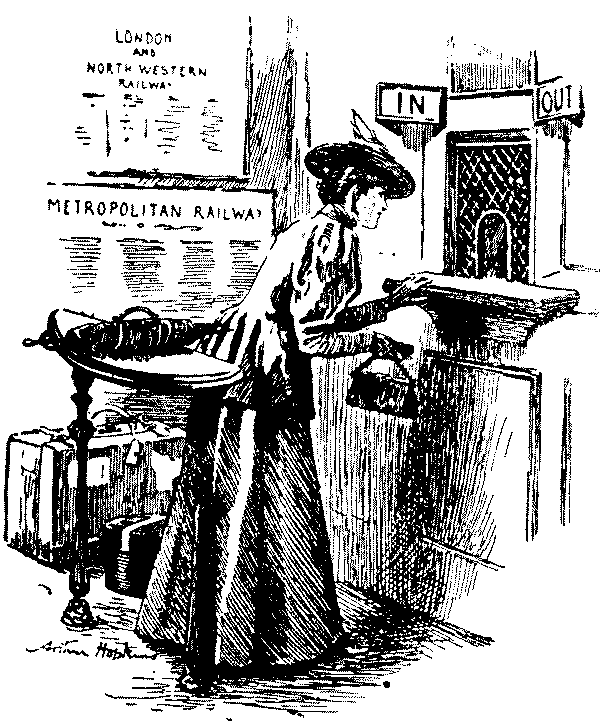
INNOCENTS IN THE CITY
Mrs. Fitznoodle (evidently not well versed in the delicacies of a
Guildhall feast). "Freddy, dear, can you tell me what is the
difference between 'calipash' and 'calipee'?"
Colonel Fitznoodle (hesitating, and looking round for an answer).
"Certainly, my dear. Exactly the difference there is between 'Gog' and
'Magog'!"
DINNERS AND DINERS
It had been my good fortune to give to Mademoiselle Faustine, a charming
little actress, a tip for the Welter Plate last spring. What more
natural than that I should ask her to give me a dinner as some slight
return? She readily accepted, and asked me to name the day. Glancing at
the sixth volume of my engagement book, I found my first vacant date was
June 18, '97. This was fortunate, as it is hardly possible—except at
Voisin's—to get a decent dinner unless you order it a year in advance.
"Where shall we dine?" asked Faustine.
"There is only one place where people do dine," I answered, a little
reproachfully. "The Bon Marché. I will order the dinner."
So the place and the date were fixed.

As Faustine was a quarter of an hour late—I had not seen her since our
arrangement—I waited[Pg 68] in the alabaster portico of the Bon Marché,
chatting amiably to the courteous commissionaire, an old comrade of mine
in the Wimbledon days. Jules, the courteous chef, was au désespoir.
Why had I not given him more notice? Madame was fifteen minutes late. If
he had only known! In a year and fifteen minutes it is possible to cook
a dinner. In a year—no. I tried to calm the worthy fellow—an old ally
of mine in the Crimean war. In vain; he complained the sardines were
spoiling. So I went into the dining-room, nodding courteously to eight
princes of the blood, neither of whom appeared, for the moment, to
recognise me.
As I seated myself, the entire staff, headed by a brass band, brought me
my sardines à l'huile. These are a specialité of the house, and are
never—should never be, at least—eaten with the tin. The potage à la
potasse was quite excellent. I congratulated the courteous chef,
pointing out to him the desirability of mixing, sometimes, a little
anti-pyrine into the potassium—both drugs far too rarely used in modern
cookery. Then came the question of wine. This I solved for the moment[Pg 70]
by ordering two Jeroboams of Stereoscopic Company et Fils; a cuvée of
'80, absolutely reservée for my own use. As I had engaged the entire
staff of waiters, a crown prince, who was entertaining one of our
leading bicyclists, rose to leave, with his guest. I smiled and nodded
to them as they passed, which appeared to hasten their departure.
The moulin à vent was delicious, but the dindon décousu I could not
pass. No self-respecting gourmet will pass everything at a dinner.
Gontran, the kindly maître d'hôtel, was almost in tears, but I
consoled him by observing that the ostriches were cooked to a turn, and
the bombe glacée à l'anarchiste faultless.
But my hostess? Where was she? Where was Mademoiselle Faustine? I had
quite forgotten her! I beckoned to Hagenbock, the press representative
of the restaurant, who informed me she had been dead eight months! I,
who read nothing but menus, had omitted to notice this in the papers. I
was greatly pained. The shock unnerved me—I could eat no more. Besides,
who was now to pay the bill?
I reproduce the bill.[Pg 72]
Couverts, £5. Diners, £36 8s. Pain, 2s. Champagne, £47. Liqueurs,
15s. Addition, 3s.
In all, £89 8s.—(This is one of the few restaurants where a charge is
made for the addition.)
"Make out the bill," said I, "in francs, and send it to the executors of
Mademoiselle Faustine."
II.
Monsieur Victor de Train-de-Luxe is in many respects a delightful
person. In other ways he is not. For instance, because he was,
accidentally, the cause of my backing a winner at Ascot (simply by means
of ordinary stable information), he had the bad taste to suggest that I
should stand him a dinner.
I said, "Certainly, my dear Comte" (Comte being the courtesy title I
invariably give to foreigners from whom I have the hope of borrowing
money).
"Where shall it be?"
"There is only one place where one can dine," I said.
"Of course—the Bon Marché," he replied.[Pg 74]
"No," I answered. "No, mon ami. If you wish to eat a really
characteristic English dinner, come to the Vegetarian Restaurant in
Edgware Road. Come along. Come, now!"
"But it's only six o'clock. I am not hungry."
"All the better," I replied. And I also pointed out to him that the best
way to see London is outside an omnibus. So we started.

Arrived at the restaurant, I was enthusiastically received by the
courteous cashier, who presented me with a previous bill, which, I
noticed, had not been receipted. I said I thought it rather rude to
present a gentleman with a bill which they hadn't taken the trouble to
receipt.
We sat down.
"I'm glad," I said to Victor, "that I didn't know this dinner was coming
off to-day. If I had had notice, I might have ordered it beforehand; and
a dinner, to be perfection, should be eaten, if possible, on the day it
is cooked. At least, that's what I always think. I may be wrong."[Pg 76]
Monsieur de Train-de-Luxe smiled, said I was a farceur, and I ordered
our dinner.
First, some turnip turtle soup, then, ortolans of spinach and mashed
potatoes, followed by a canvas-backed duck made of Indian corn, and
last, not least, plum-pudding. As all will agree, this makes a very
delicious and seasonable repast. Long dinners have quite gone out of
fashion. And this was washed down with a sparkling bottle of orange
champagne, '97.
My friend Victor, who is rather a gourmet, was so struck with the
first mouthful of soup, that he said it was quite enough, observing, he
had never tasted anything like it.
Pleased with this praise, I asked his opinion of the ortolans. He said
that their aroma dispensed with the necessity for their consumption. He
was evidently surprised.
When the bill was presented by the courteous "chucker-out," we found
that most unluckily neither of us had any money.
I append the bill.
Dinners (for two), 1s. 9d. Champagne, 3d. Total, 2s.[Pg 78]
To this I ought really to add:—
Cab (for three) to Marylebone Police Court, 1s. 6d. (The constable
refused to walk without us.)
Loss to reputation by report of proceedings, 8d.

The Business of Pleasure
Professor Guzzleton (to Fair Chatterbox). Are you aware that our
host has a French cook?
Fair Chatterbox. So I hear!
Professor Guzzleton. And that that French cook is the best in London?
Fair Chatterbox. So I believe!
Professor Guzzleton. Then don't you think we had better defer all
further conversation till we meet again in the drawing-room?

"My uncle, the admiral," said Mrs. Ramsbotham, "is very old fashioned,
and always goes to sleep every day after dinner with his banana on his
head."

SYMPATHETIC
Toast-master (to chairman of public dinner). "Would you like to
propose your toast now, my lord, or should we let 'em enjoy themselves a
bit longer?"

Infelicitous Misquotations.—Hostess. "You've eaten
hardly anything, Mr. Simpkins!"
Mr. S. "My dear lady, I've dined 'wisely, but not too well!'"
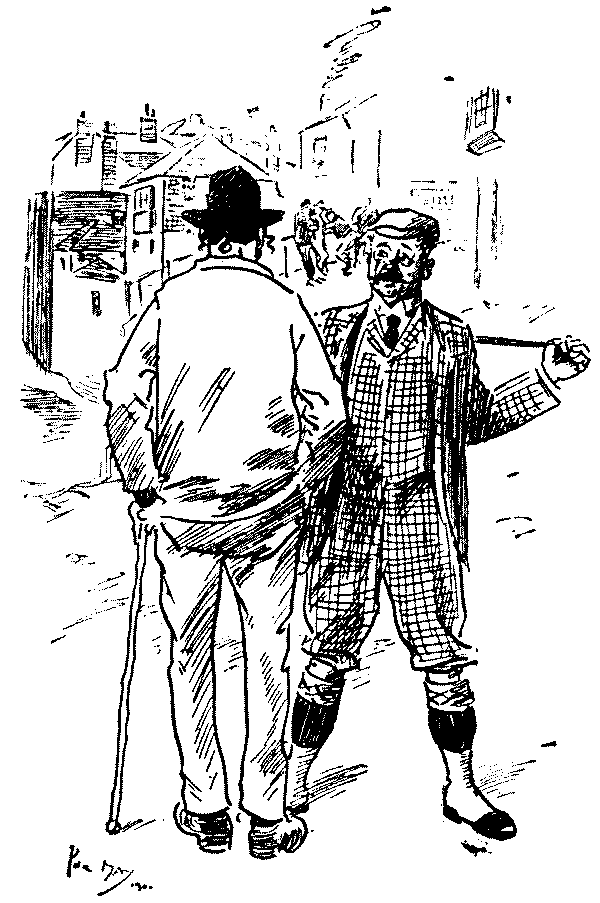
TRIUMPHS OF THE FUNNY MAN
Hired Waiter (handing the liqueurs). "Please, sir, don't make me
laugh—I shall spill 'em all!"
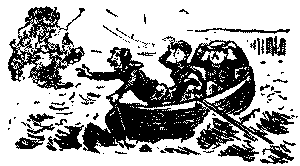
OVERHEARD AT A CITY RESTAURANT
"I said Welsh radish, not horse rabbit!"
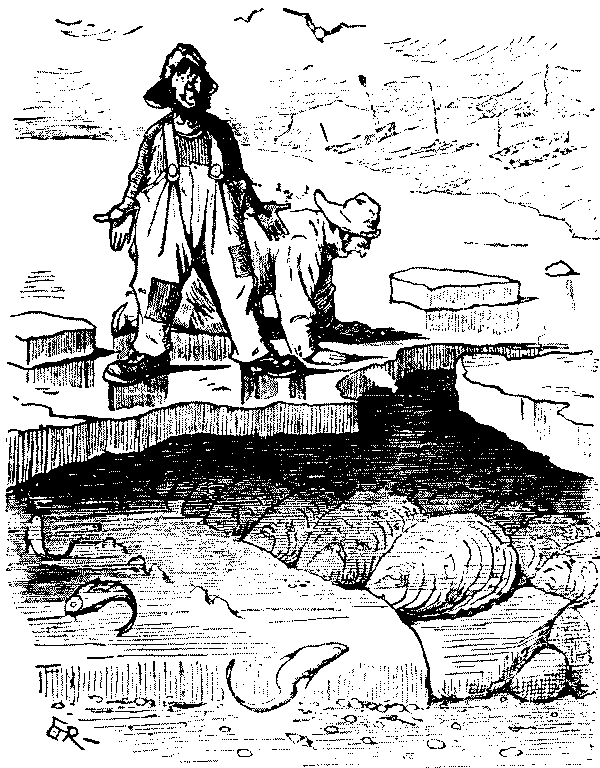
IRRESISTIBLE
Our Robert (on duty in the provinces, offering dish to neglected
spinster). "Little duck!"
[In such a tone of voice, that, at the risk of the sage and—— she
accepts!
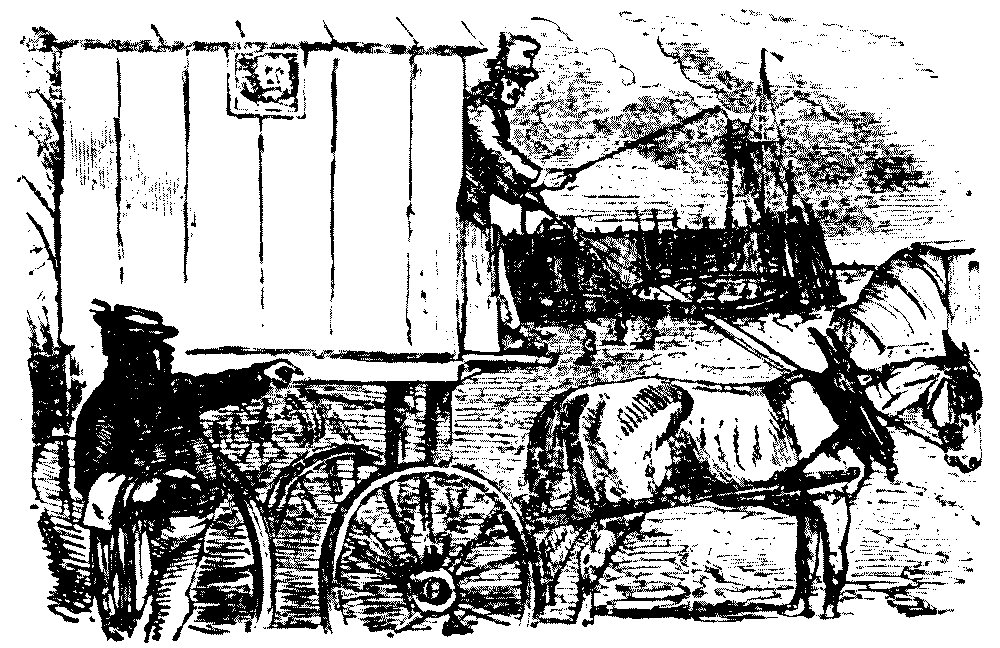
Host. "I say, my boy, shall we join ladies in
drawing-room?"
Guest. "I sh'inksho."
Host. "Can you say, 'The scenery's truly rural 'bout here?'"
Guest. "Sc-scenery tooralooral."
Host. "All right, come along!"
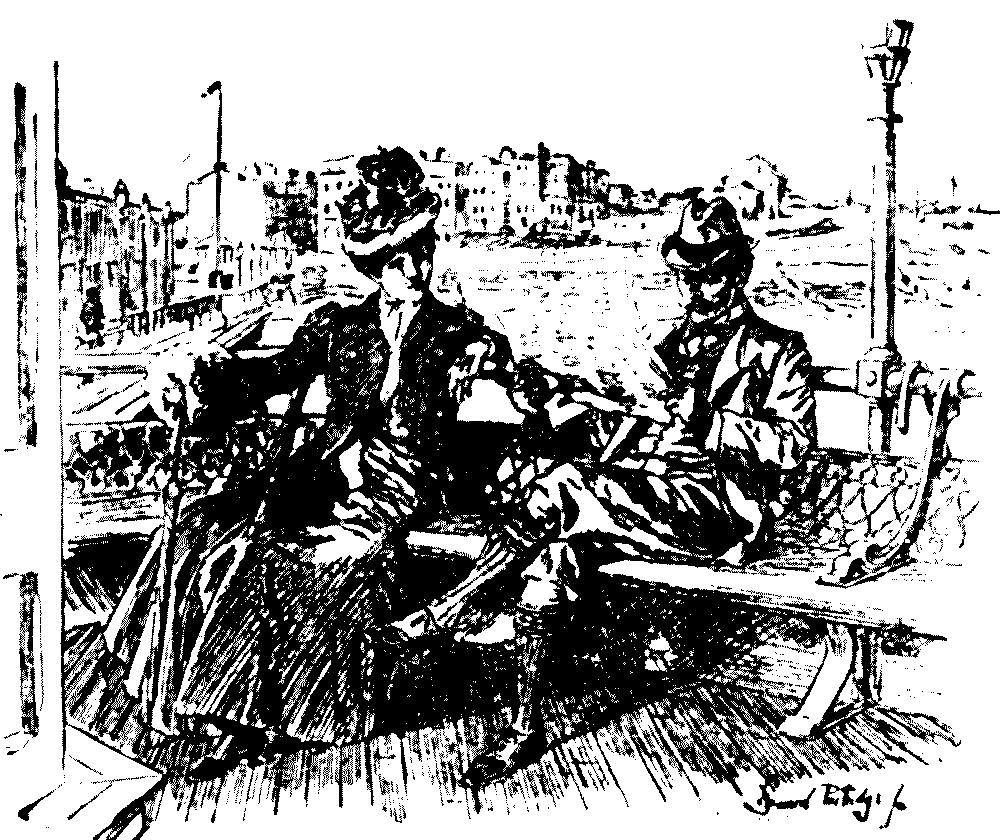
He knew the Cuisine.—Hungry Diner (scanning the
menu). "Look here, waiter, I'm starving. I think I'll have a little of
everything!"
Waiter. "Yessir. (Bawls off.) 'Ash one!"
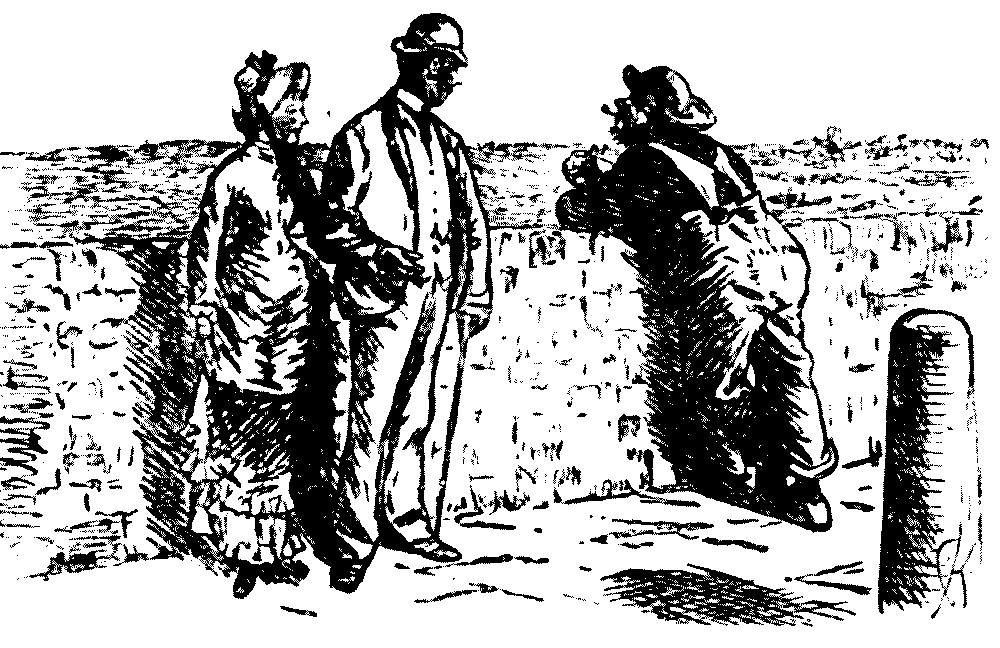
SONGS AND THEIR SINGERS
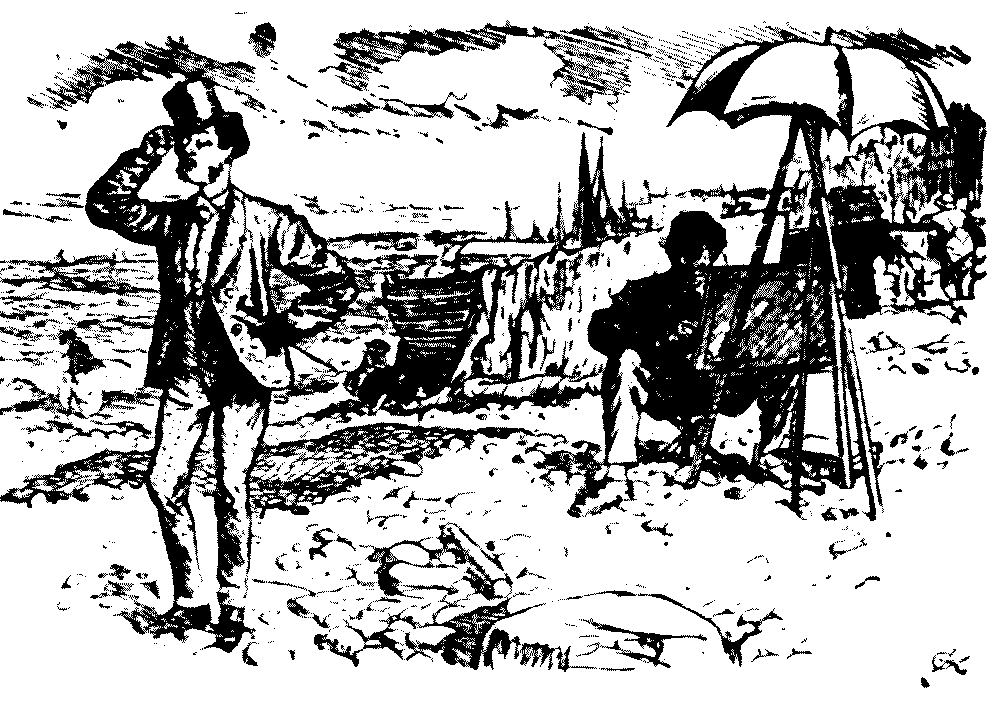
SONGS AND THEIR SINGERS
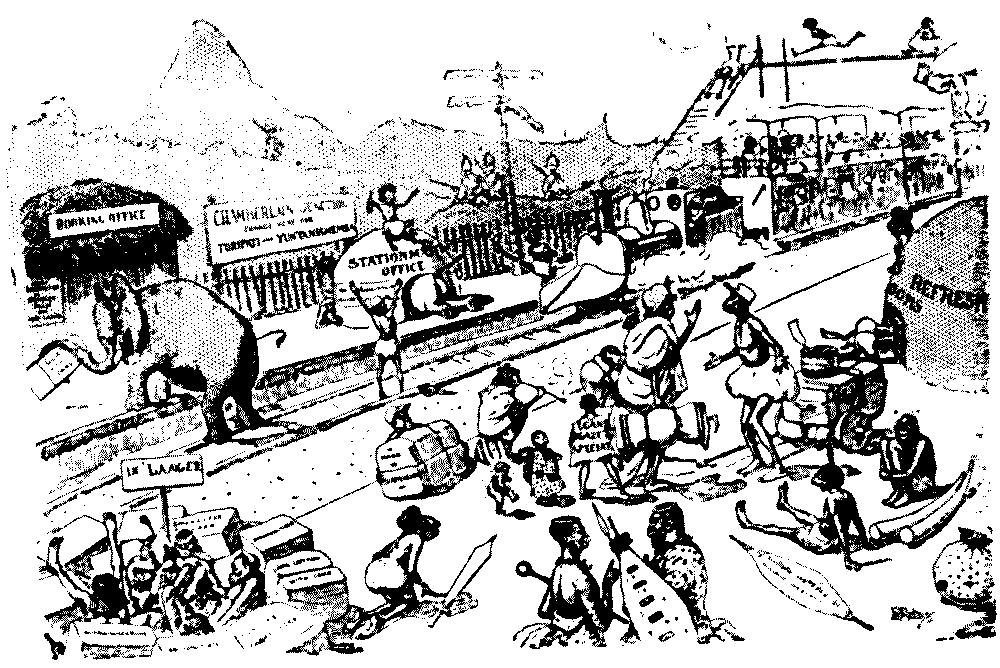
SONGS AND THEIR SINGERS
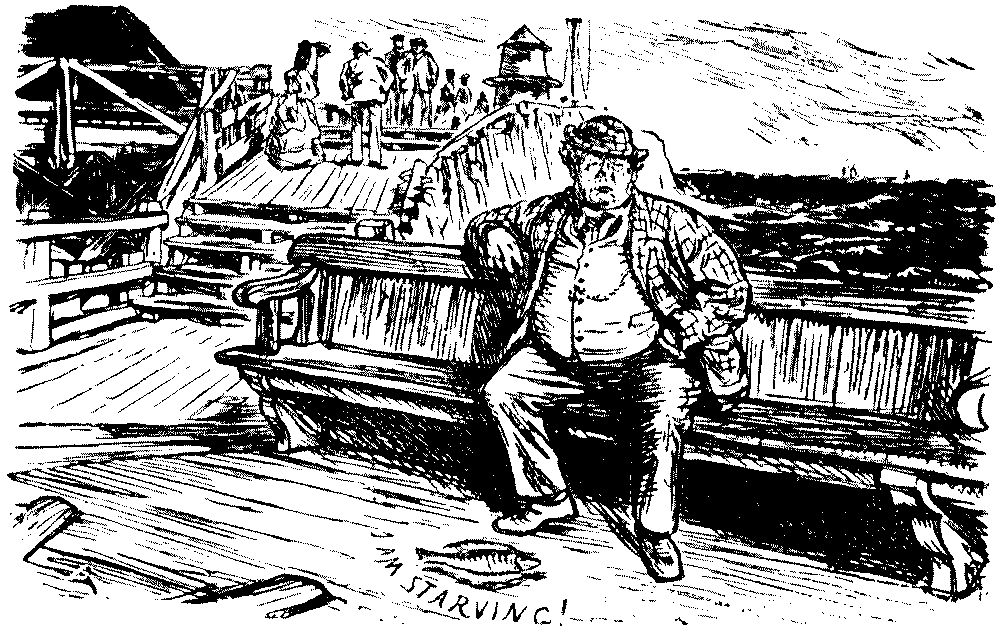
SONGS AND THEIR SINGERS
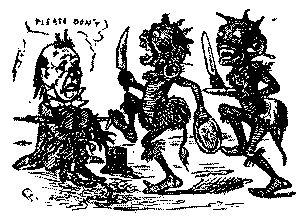
SONGS AND THEIR SINGERS
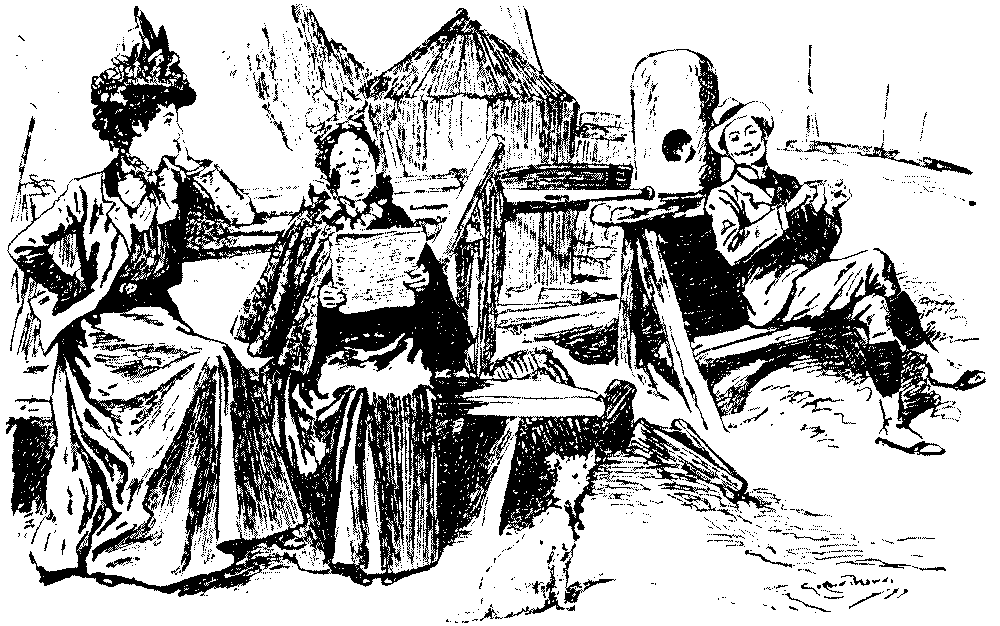
SONGS AND THEIR SINGERS
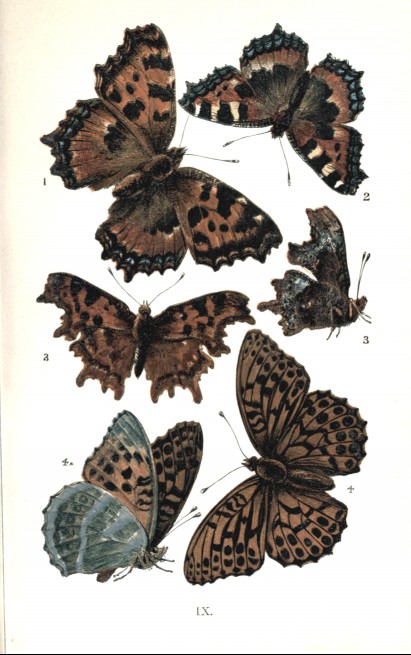
SONGS AND THEIR SINGERS
AFTER-DINNER SPEECHES
"When the wine is in, the wit is out;"
Only to dolts the adage reaches.
No wise man could for a moment doubt
The value of after-dinner speeches.
Punch can remember the time when Peel,
Whose wisdom still the country teaches,
After steak and port, his nine o'clock meal,
Made the best of after-dinner speeches.
When the Ministers come to the Mansion House,
(The King of London their presence beseeches,)
No guest who has any touch of nous
Will be weary of after-dinner speeches.
When the Royal Academy blooms in May,
With its pretty girls and their cheeks like peaches
Who won't, on the opening Saturday,
Listen to after-dinner speeches?
When there's ought that's generous to be done,
A greeting to pay that no soul impeaches,
A dinner's the best thing under the sun,
And its gold coin the after-dinner speeches.
And as to the House, which often suffers
From talk that to dreariest platitude reaches,
It does not often allow its duffers
To make long after-dinner speeches.
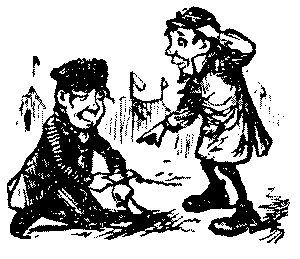
SCENE—CHOP-HOUSE
Enter Street Boy, and, with suppressed ecstasy. "Oh, please, there's
your cat and kittens having such a game with the things in the winder!"
At the Cric-Crac Restaurant
Customer (looking at bill). Here, waiter, there's surely some
mistake in this total.
Waiter (politely). Zehn thousand pardons, sir! Mit my usual
carelessness I have added in ze date and vorgot to charge you for ze
butter.
An Oversight!
Swell. Waiter! This—ah—chop's vewy dwy!
Waiter. 'Ndeed, sir? Perhaps if you were to order something to drink
with it, sir——
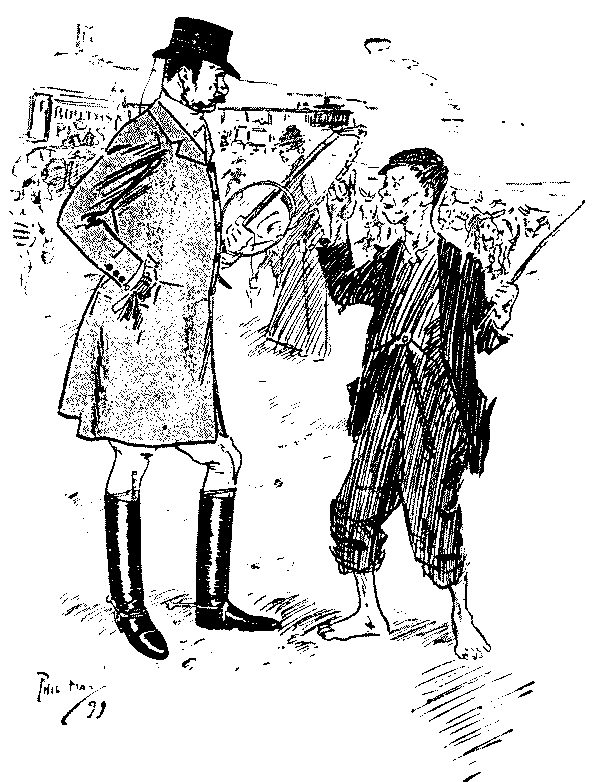
A REBUKE
Host. "Fish is very expensive, just now, I can tell you. This salmon
cost me two and sixpence a pound!"
Guest (no business of his). "Ah, it's very good, I think I'll take
another eighteen penn'orth!"
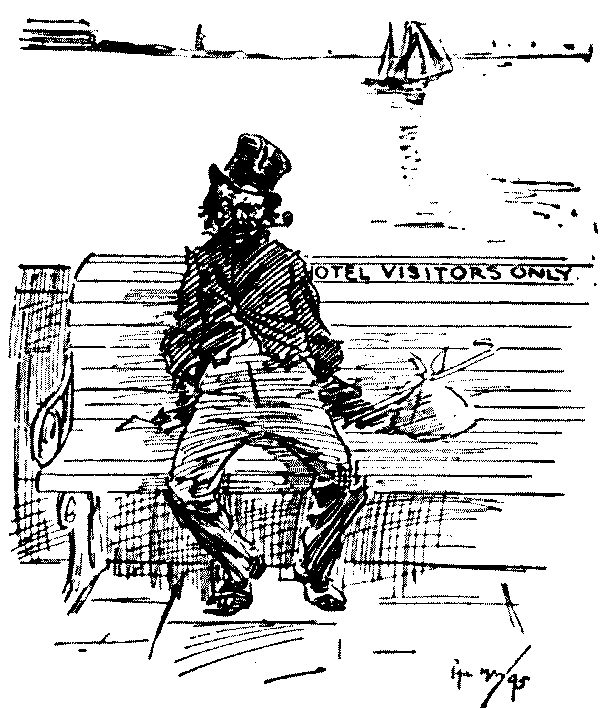
CAUTION
The Major. "Don't you like liqueurs, Mrs. Jinks?"
Mrs. Jinks. "Yes; but they make one so unreserved!"
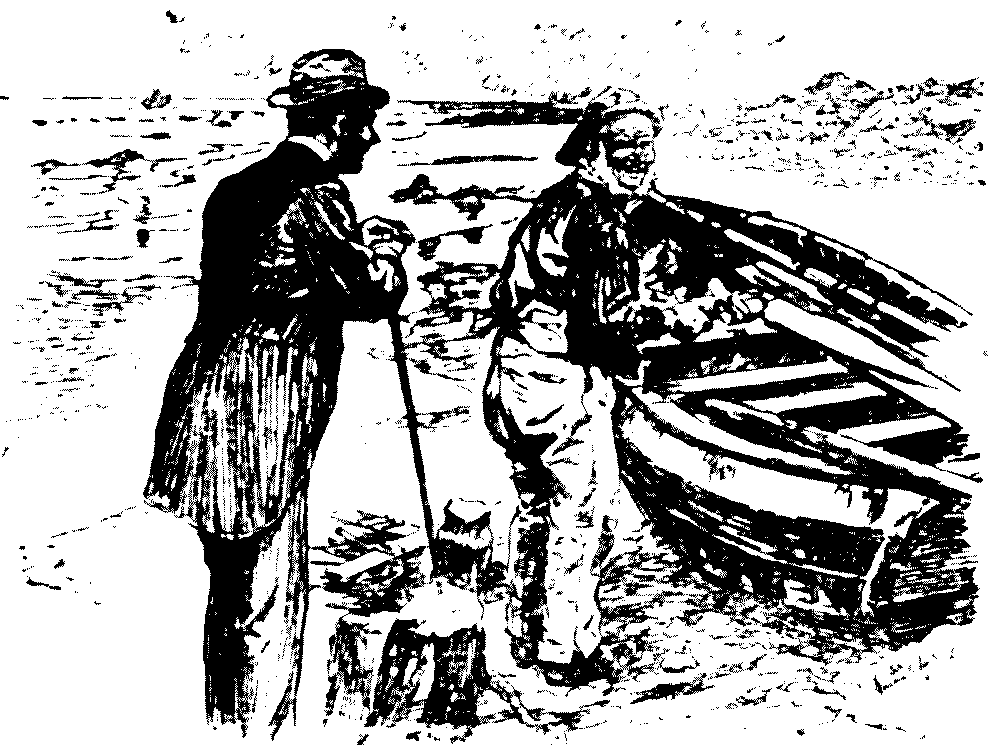
A BORN ORATOR (IN THE EAST)
Farmer (proposing landlord's health). "An' if a' squiears 'ud dew
as our squiear dew, there wudna be so many on 'em as dew as they
dew dew!"
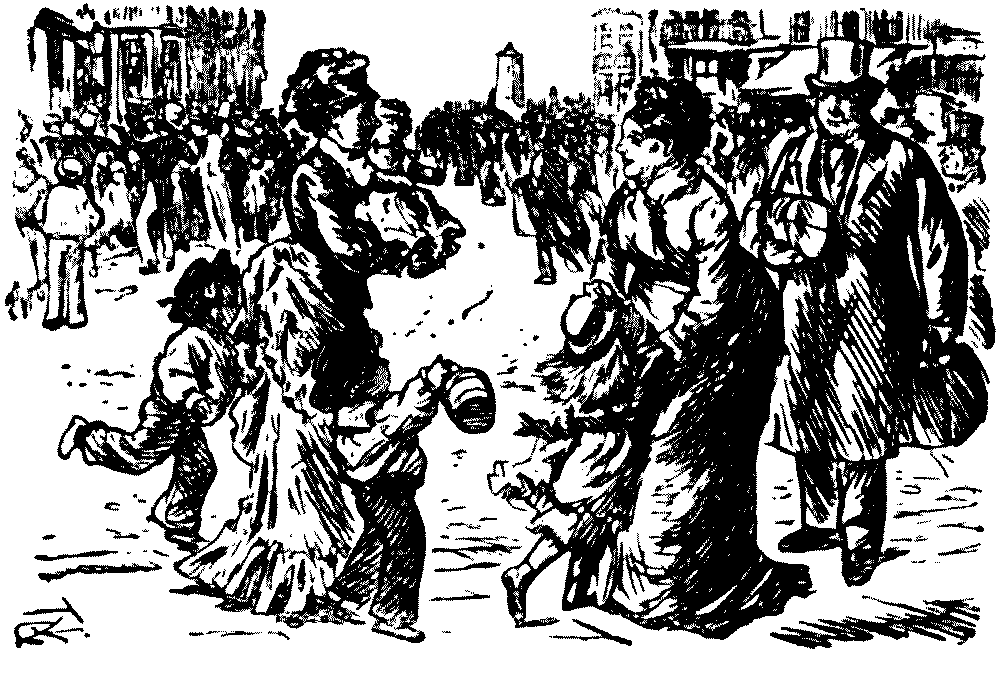
No Excuse for not Believing.—"Then you don't believe in
phrenology?" "No, rather not. I once gave one of those fellows a
sovereign to read my head, and, after feeling it a long time, all he
said was, that I had no idea of the value of money."
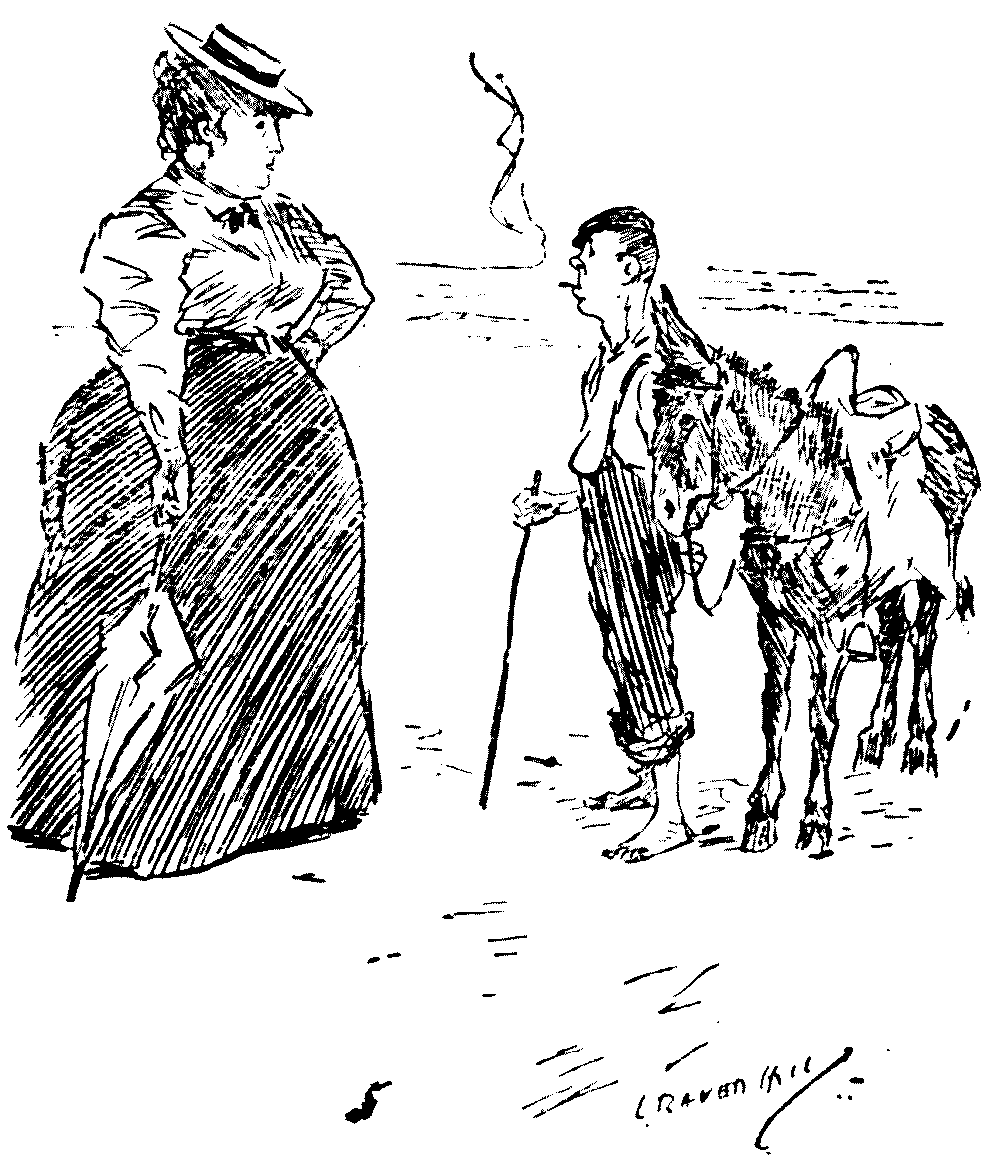
Things one would rather have put Differently.—Mr.
Bumblepup. "I must apologise for coming in ordinary evening dress."
Hostess. "Well, you really have the advantage of us. We're all looking
more foolish than usual, and you're not."
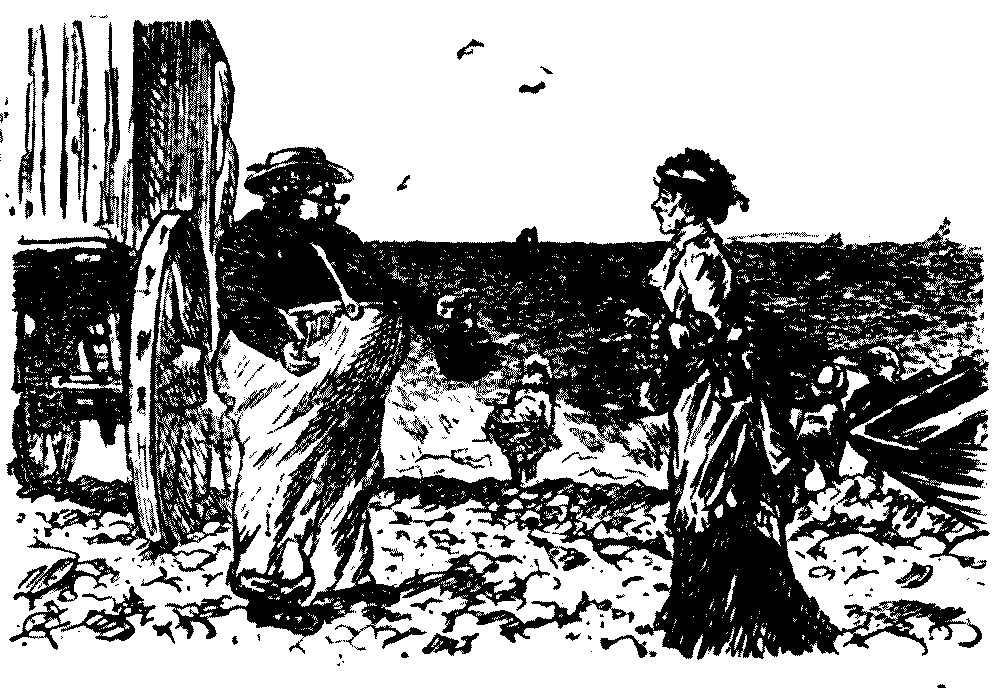
Mr. Boreham (in the thick of a long and pointless
story). "Well, as I was saying, I happened to be in the City the other
day, and, as I was walking down Cheapside, whom should I meet but my old
friend, Stodgeley, whom I haven't seen for fifteen years. Well, what do
you think he did? He stopped dead when he saw me, slapped me on the
shoulder, and said, 'Surely this must be my dear old friend, Boreham?'"
She (with difficulty keeping awake). "Yes?—and was it?"
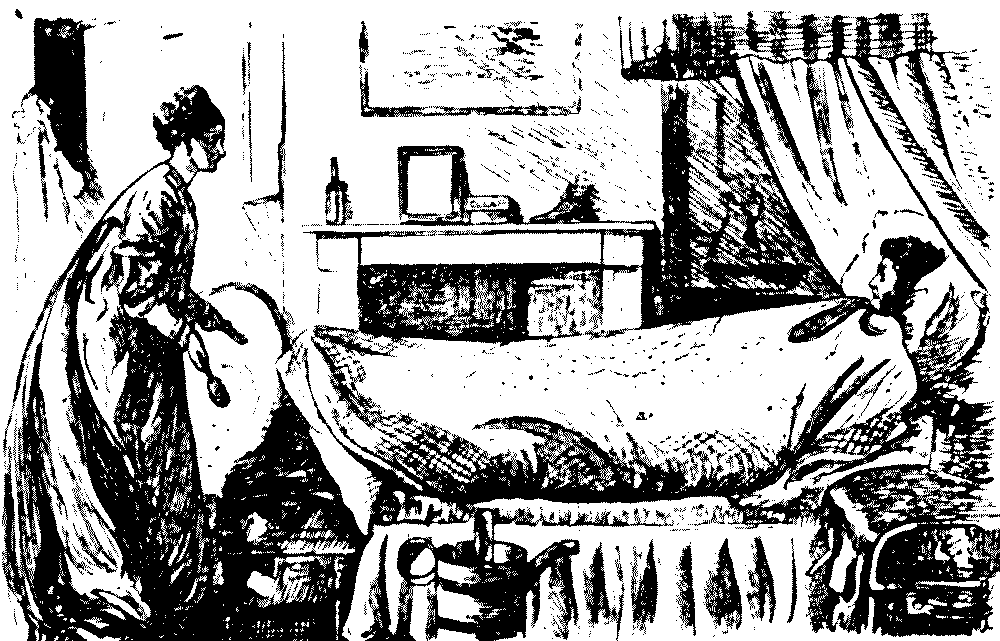
Hostess (to friend who has been brought in to take
pot-luck). "I'm afraid, Mr. Simpson, we've only got a very poor dinner
to offer you."
Mr. Simpson. "My dear Mrs. Jones, I beg you not to apologise! I assure
you I think it quite desirable to underfeed occasionally!"
THE DINNER CHAIRMAN'S VADE MECUM
Question. You are accustomed to take the chair at a public dinner?
Answer. Yes. Or, to speak by the card, a dinner for the rest of the
company.
Q. Why, do you not partake of the good cheer before you with the rest
of your convives?
A. Certainly not. I have to speak later on—a consideration which
entirely destroys my appetite.
Q. Is there anything new to be said in the loyal toasts?
A. No; and therefore it is better to return to the simplest form,
which is sure to be received with heartfelt enthusiasm.
Q. What can be said about the united service?
A. That it is absolutely delightful to expend millions in the
furtherance of their interests.
Q. And can anything interesting be put in about the Houses of
Parliament?
A. Not much. Sneers at the Lords are no longer popular, and the Lower
House is too respectable to be anything but a dull subject.
Q. What about the toast of the evening?
A. That must be left to the secretary, who will furnish the chairman
with the necessary facts, which may be mixed with original remarks,
two-thirds humorous to one-third pathetic.
Q. How are the visitors to be treated?
A. With fulsome eulogy or comic depreciation inspired by the pages of
that excellent manual, Who's Who. Particular attention can be paid to
the entries under "Recreations" in that admirable work, for appropriate
chaff.
Q. And in what terms does a chairman respond to the toast of his own
health?
A. In a few muttered words addressed to an audience composed of a
gentleman fast asleep, the toast-master, and the waiters.
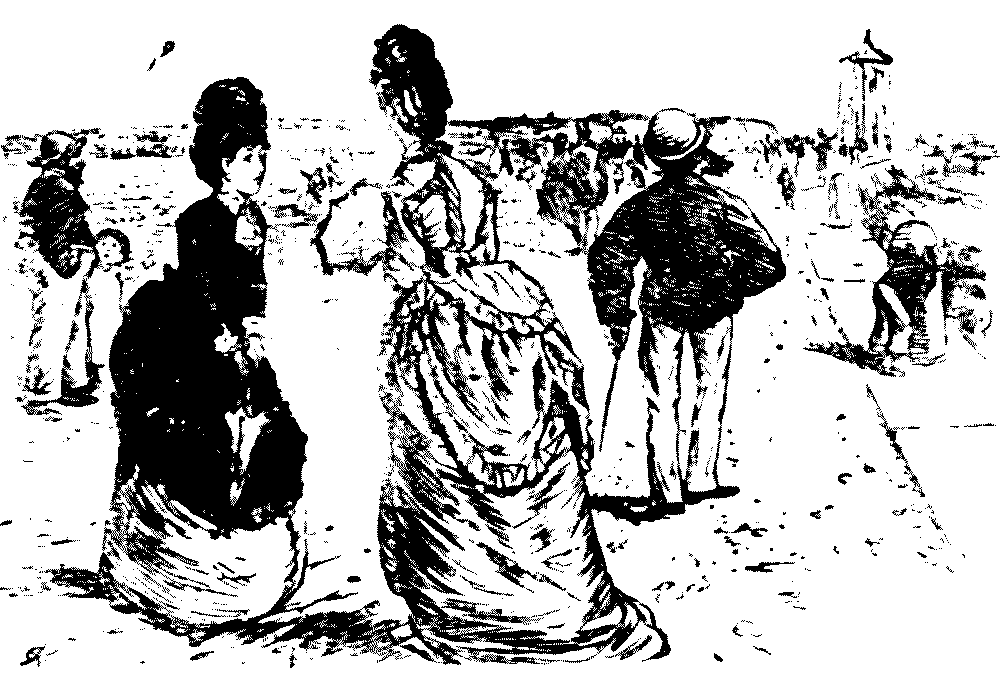
Social Agonies.—"I say, old chap, it's short notice, but
do come and dine this next Thursday!" "Can't, dear old man. I'm
engaged three deep for the night!" "Oh, sorry! I've got the Duke and
Duchess of Runnymede, and Lord Savory!" "Oh,"—(seeing it in quite a
different light)—"next Thursday, did you say? I thought you said
Thursday week. Oh, yes, I shall be delighted!"
[Their Graces and Lord S. never turned up, after all!]
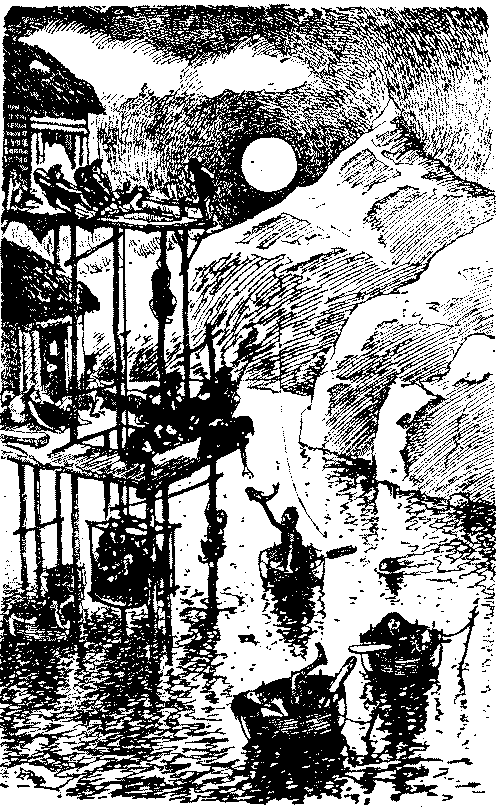
REASSURING
"Lor' bless yer, sir, that's all right, sir! That ain't a fly,
sir!—that's a bit of dirt!"
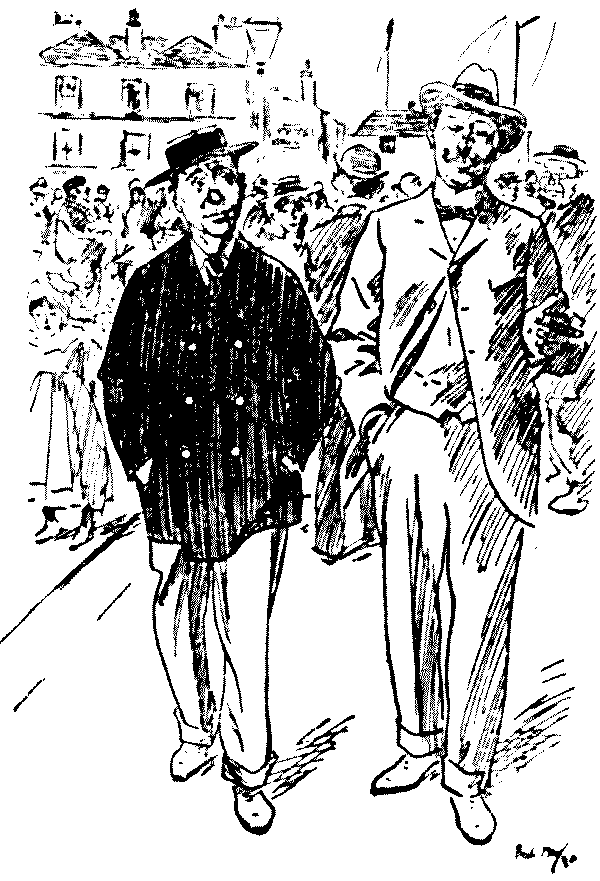
BREAKING THE ICE
Sprightly Lady. "Mr. Dormers, would you oblige me with——"
Bashful Curate (who had scarcely spoken to his fair neighbour). "O,
certainly. What shall I have the pleasure to offer?——"
Lady. "—— a remark!!"
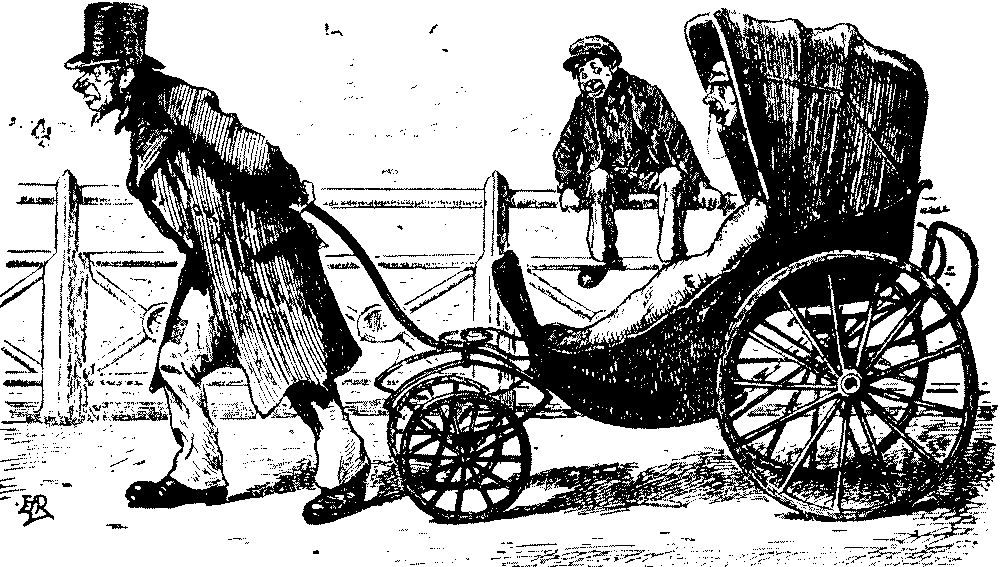
The Connoisseur.—Host (smacking his lips). "There,
my boy, what do you think of that? I thought I'd give you a treat.
That's '34 port, sir!" Guest. "Ah, and a very nice, sound wine, I
should say! I believe it's quite as good as some I gave 37s. for the
other day."
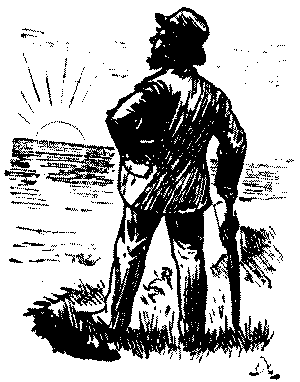 ,br />
,br />A Gentle Snub.—"Here, waiter—quick! Something to
eat—and look sharp!" "Yessir. What'll you 'ave, sir?" "Oh—anything—I
don't care. Chop or steak—whatever you like." "You must excuse me, sir;
but I don't feel called upon to decide!"
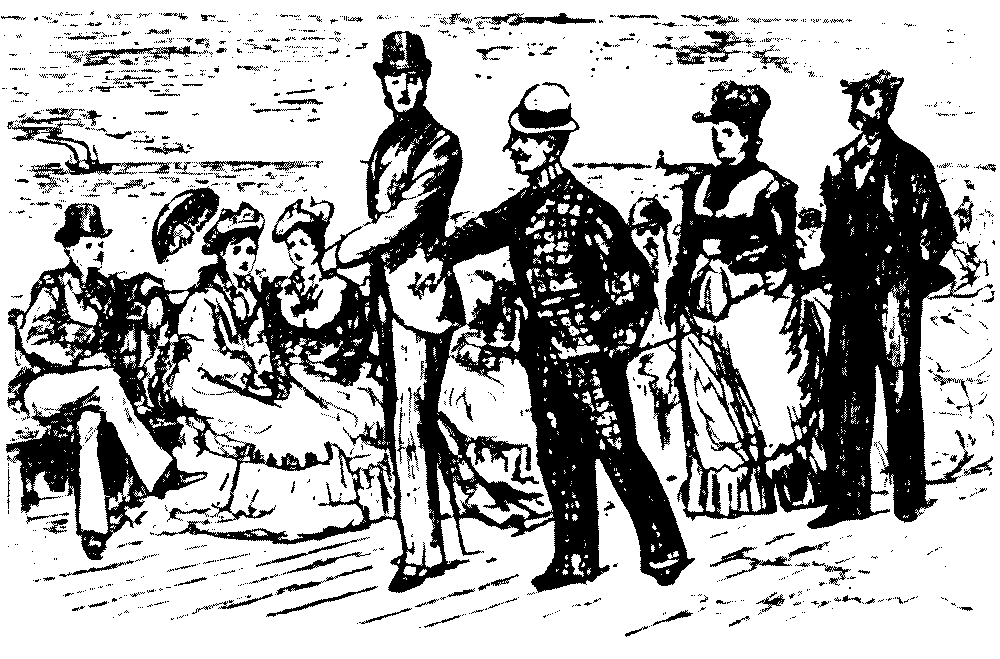
THE WAY WE LIVE NOW
Time—3 p.m. Scene—Club.
First Gilded Youth. "Had any breakfast, old chappie?"
Second Gilded Youth. "Yes. Had an egg beaten up at twelve."
First Gilded Youth (in admiration). "Doose you did! What a
constitution you must have!"
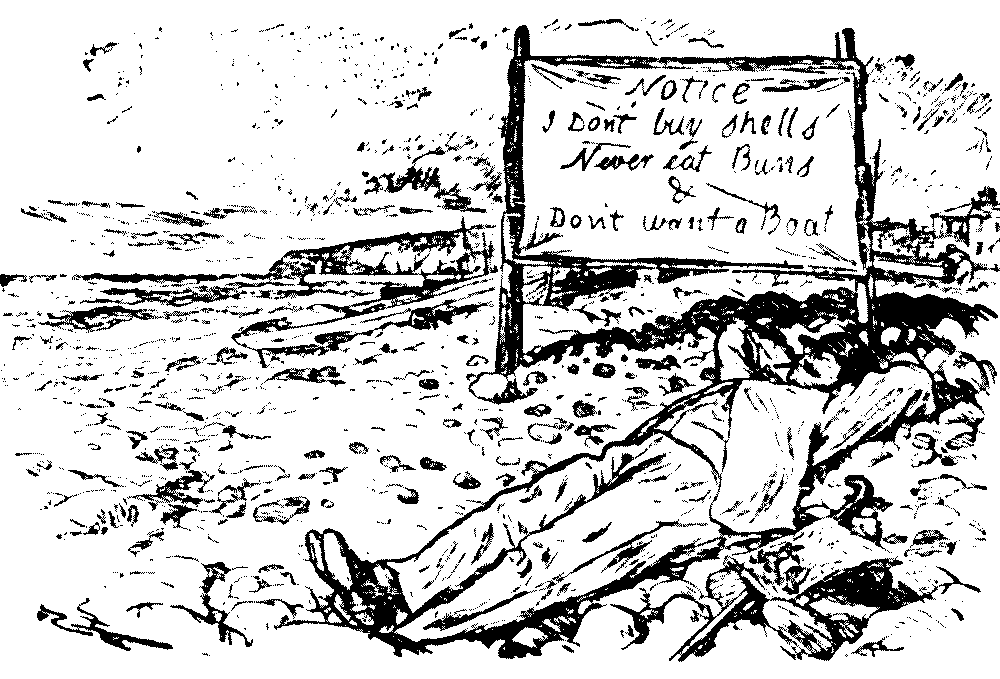
THE FIRST ASPARAGUS OF THE SEASON
Farmer (at market dinner). "Wull, gen'elmen, I dunno wot be the
c'rect way o' servin' these 'ere, but I gen'elly eats just the ends of
'em myself!"
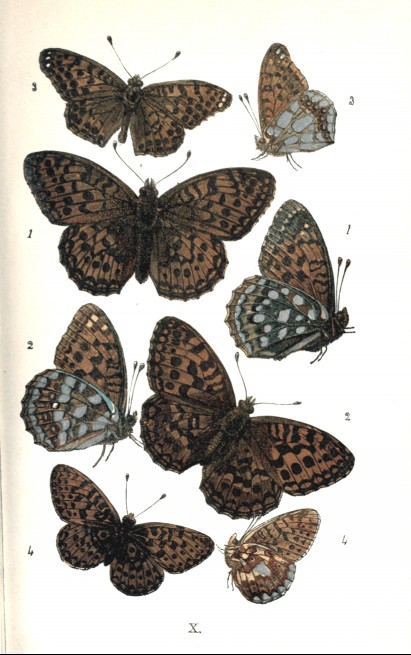
THE GENIAL SEASON
Hungry-looking Acquaintance (with eye to invitation). "So glad to
see you enjoying yourself!"
Fat Chap (evidently doing well). "Wrong again, old man. I'm enjoying
my dinner!"
A WAITER'S WARNING
"Entomology in Parliament Street.—Mr. Frank W. Dufrey, 55, Parliament
Street, writes to the Field:—'It will interest your entomological
readers to hear that a fine specimen of the death's-head hawk moth
(Acherontia atropos) was taken in Parliament Street on Monday evening.
It flew into the dining-room at the Red Lion Tavern, and was captured by
one of the waiters, who was alarmed at its size and the peculiar noise
it made. Apart from its being rather rubbed, it is a very good specimen
of the largest of our lepidoptera, and is now in my possession.'"
"William, where's John?
What, is he gone?"
"Not gone away, sir.
Sorry to say, sir;
John ill a-bed, sir,
Bad in 'is 'ed, sir.
'Ad a great fright, sir.
Turned 'is 'air wite, sir.
Last Monday night, sir."
"Struck down with fear!
How? Let me hear."
"'Orrible thing, sir,
Came on the wing sir;
Window in through, sir,
Suddently flew, sir,
Into this room, sir,
A shape from the tomb, sir.
'Twasn't a bat, sir;
No, sir, not that, sir:
[Pg 114]
Moth, sir, we thought, sir.
But wen it was caught, sir,
Huttered a shriek, sir,
A scream, sir, a squeak, sir!
Hinsect, you know, sir,
Couldn't do so, sir.
Wot should we find, sir,
On its back, sir, be'ind, sir,
Printed, exact, sir?—
A skull, sir,—a fact, sir!
John gasped for breath, sir;
Thought it was Death, sir—
Notice to quit, sir.
John was that frit, sir,
John 'ad a fit, sir—
Went a'most mad, sir.
John very bad, sir;
Better, bimeby, sir;
'Opes John won't die, sir.
Doctor 'e said, sir,
Moth, named death's 'ed, sir,
In natteral 'istory, sir;
Rare; but no mystery, sir:
Honly a prize, sir,
A catch in 'is heyes, sir,
As a medical gent, sir,
No call to repent, sir—
That's 'is belief, sir.
A sirloin of beef, sir,
Just up—very nice, sir.
Bring you a slice, sir?
Potatoes and greens, sir—
And any French beans, sir?"
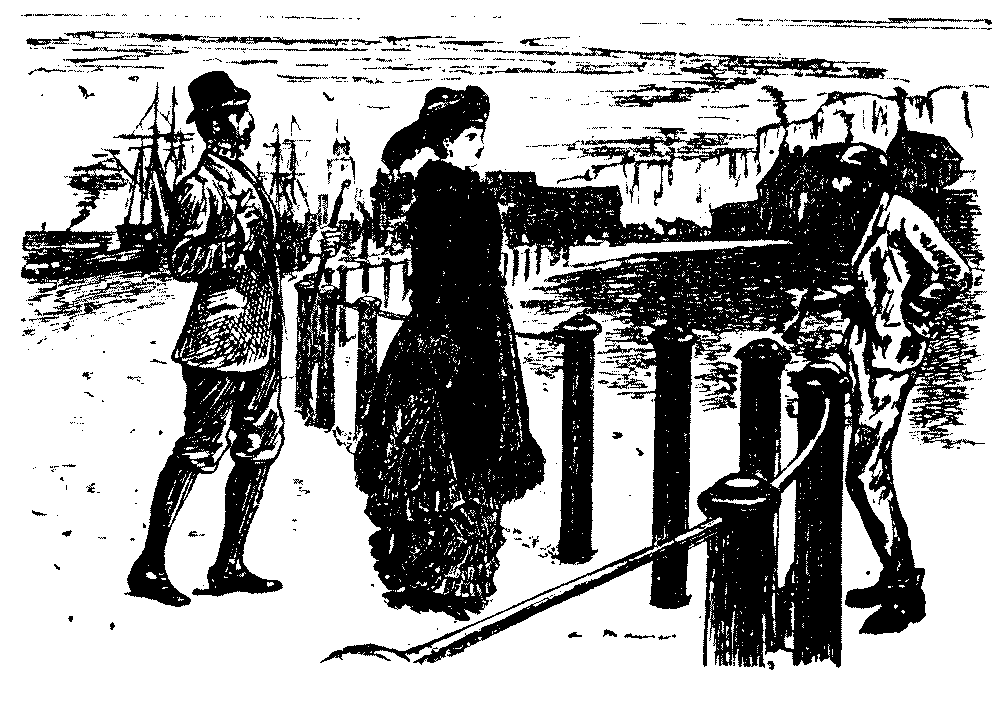
Mrs. Godolphin. "Shall we meet at Dunchester House
to-morrow?"
Mrs. Lascelles. "No. I was there on Monday. I heard there were a few
people going to-morrow."
Mrs. Godolphin. "Oh, yes. She has only asked quite a few people. On
Monday, now, I hear there was quite a big rabble there!"
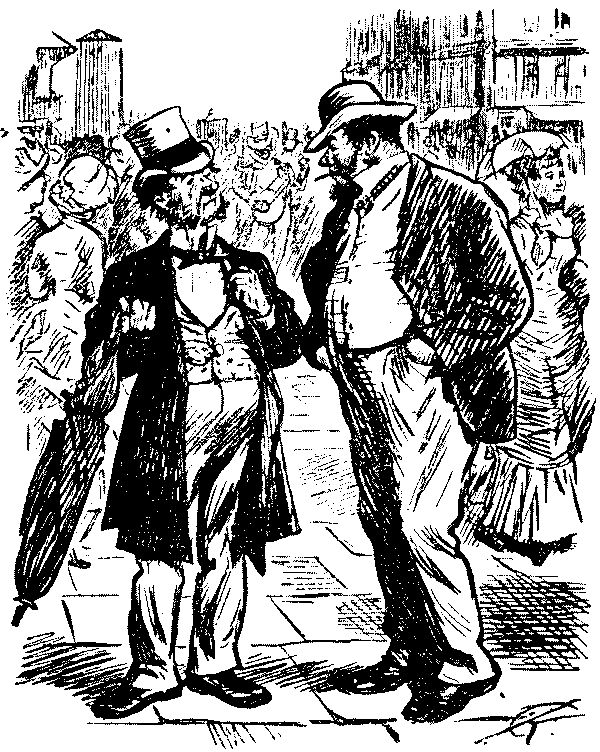
The Consciousness of Importance.—Mrs. Brown. "We are
having some friends to dine with us on the twenty-fourth, Mr. Green, and
want you to come and help to wait at table, as usual." The Family
Greengrocer. "On the twenty-fourth, ma'am? I'm sorry to say I'm engaged
on the twenty-fourth." Mrs. Brown. "Dear me! How unfortunate! We are
so accustomed to you, and you know our ways." Mr. Green.."Yes, ma'am.
Couldn't you write and put off your friends till the week after,
ma'am?"
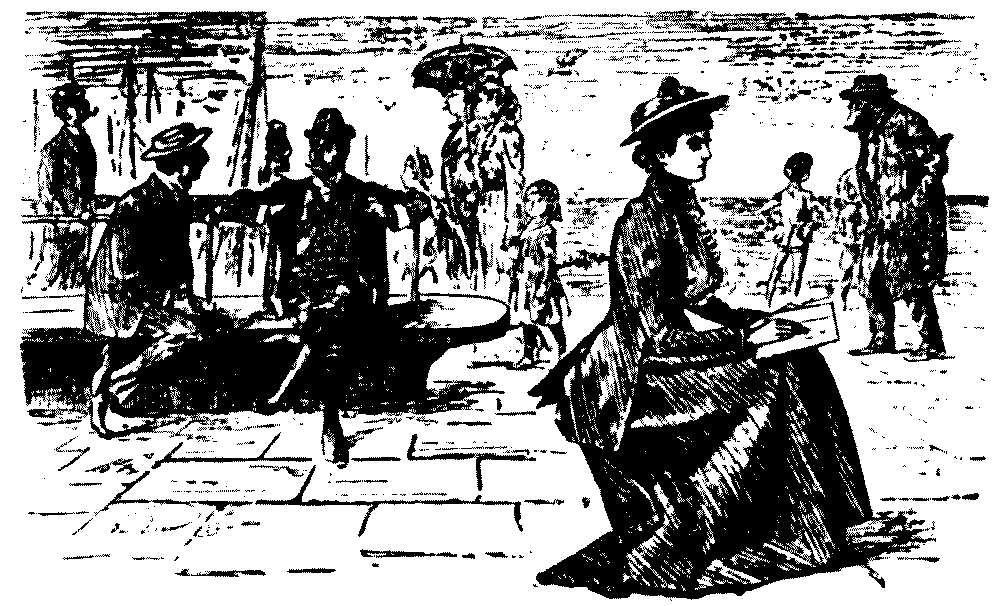
THINGS ONE WOULD RATHER HAVE LEFT UNSAID
"By the way, your friend O'Leary dined with me last night. What a dull
dog he is!"
"Oh, that depends on what company he's in!"
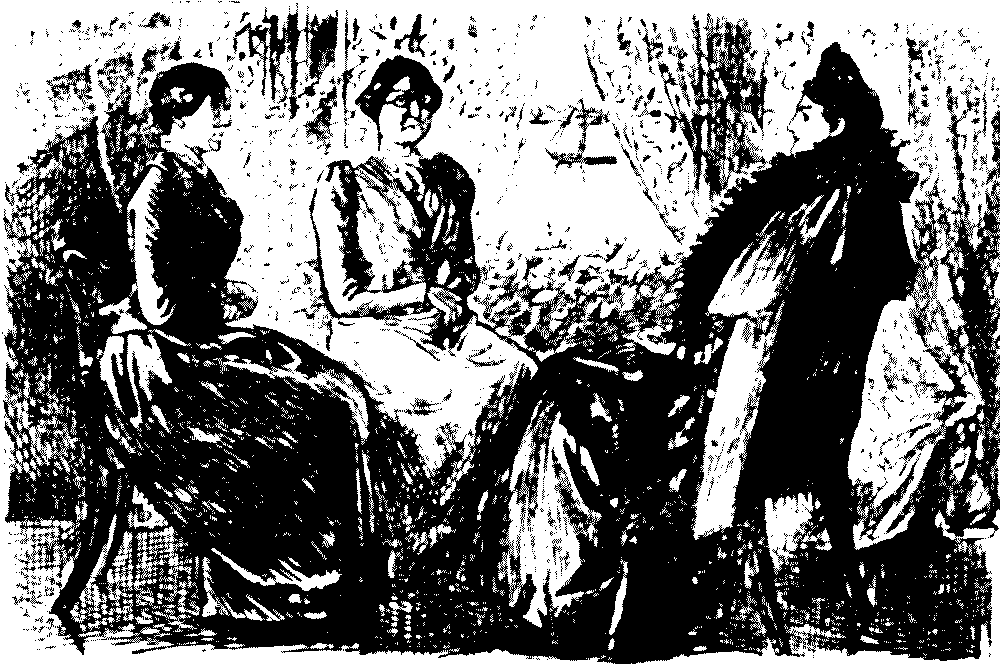
THINGS ONE WOULD RATHER HAVE LEFT UNSAID
"You can't go home when it's raining like this. You'd better stay and
have dinner with us!"
"Oh, it's not quite so bad as that!"
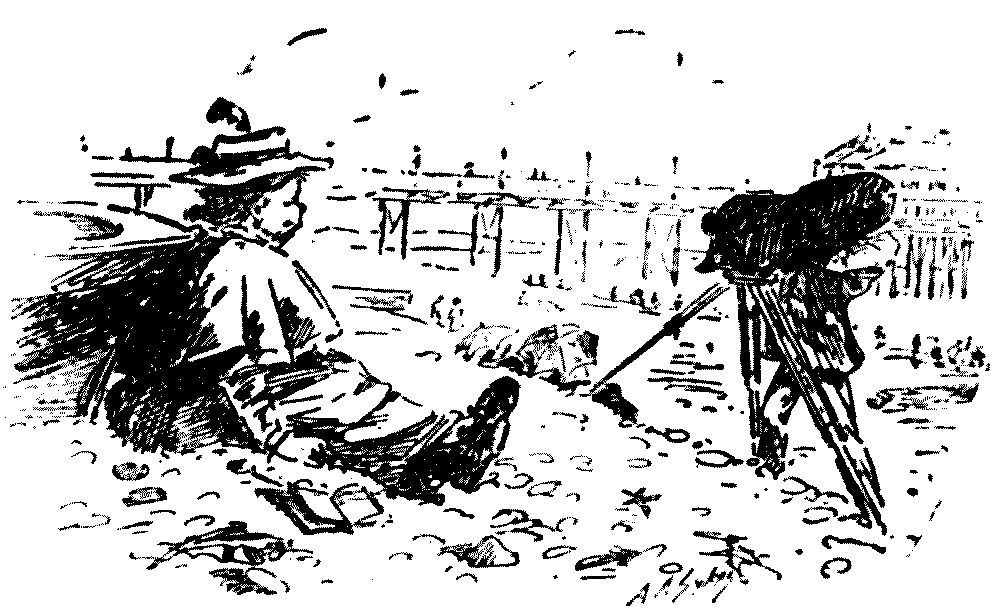
FREAKS OF NATURE
Waiter. "Now, then, look sharp! Here's that mutton chop a biling with
rage at bein' kep' waitin', and a beefsteak gone away in a towering
passion!"
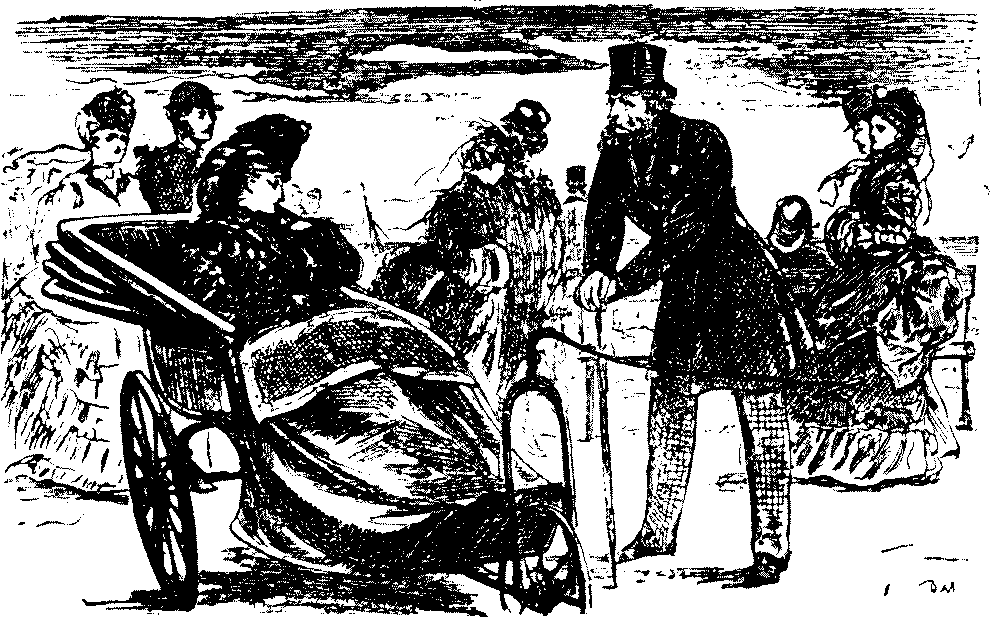
A NEW DISH
Sympathising Swell (waiting for some chicken). "You've got no
sinecure there, Thomas!"
Perspiring Footman. "Very sorry, sir—just 'elped the last of it away,
sir!"
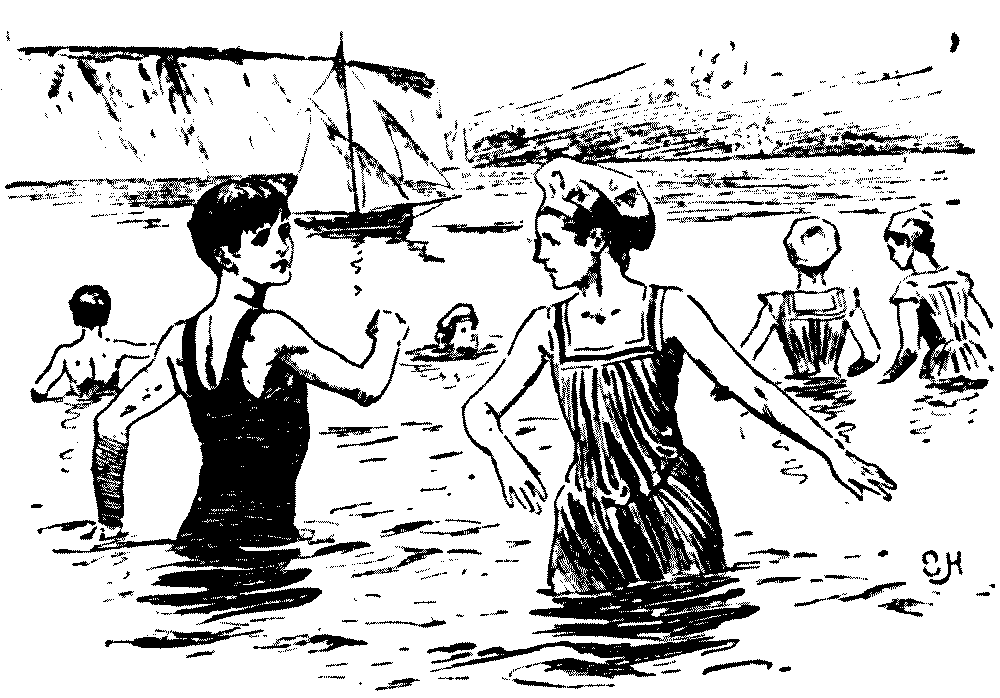
ALARMING SYMPTOMS AFTER EATING BOILED BEEF AND GOOSEBERRY
PIE
Little Boy. "Oh, lor, mar, I feel just exactly as if my jacket was
buttoned."
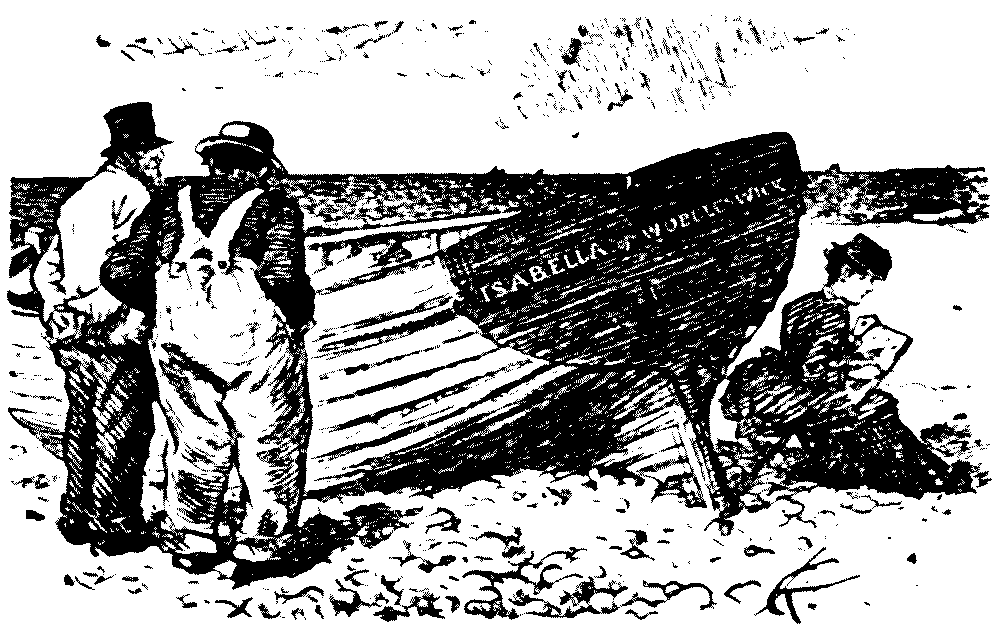
BROWN AND JONES OVER THEIR WINE
Jones. "How would I take Cronstadt? With vigour and decision, nothing
more easy. My dear Brown, look here. This table is the Baltic, very
well. Now look—(Jones places certain strawberries for the forts; the
city of Cronstadt on this occasion only being represented by a plate of
gooseberries at the back.) Here we are. The strawberries the forts:
Cronstadt the gooseberries. Now a little vigour and decision! This spoon
is the Duke of Wellington, three-decker, leading the van. We go in
here, firing both broadsides at once, to destroy the forts to larboard
and starboard; while at the same time our guns in the bows and
stern-sheets smash the other forts before and behind. Very good. We are
then in front of Cronstadt—the city of Cronstadt. We shell that, sir;
shell it of course! Blow up the powder-magazines; capitulation ensues;
the Russian fleet is in a blaze, and, my dear Brown, that is how I
would take Cronstadt——"
Brown. "—— After dinner."
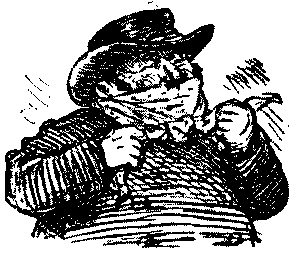
HEAVY
Stranger (just arrived at the City of Eastminster). "What can I have
for dinner, waiter?"
Waiter. "Anything you please, sir!"
Stranger. "What are you celebrated for here?"
Waiter. "Well, sir, there's the cathedral——!!"
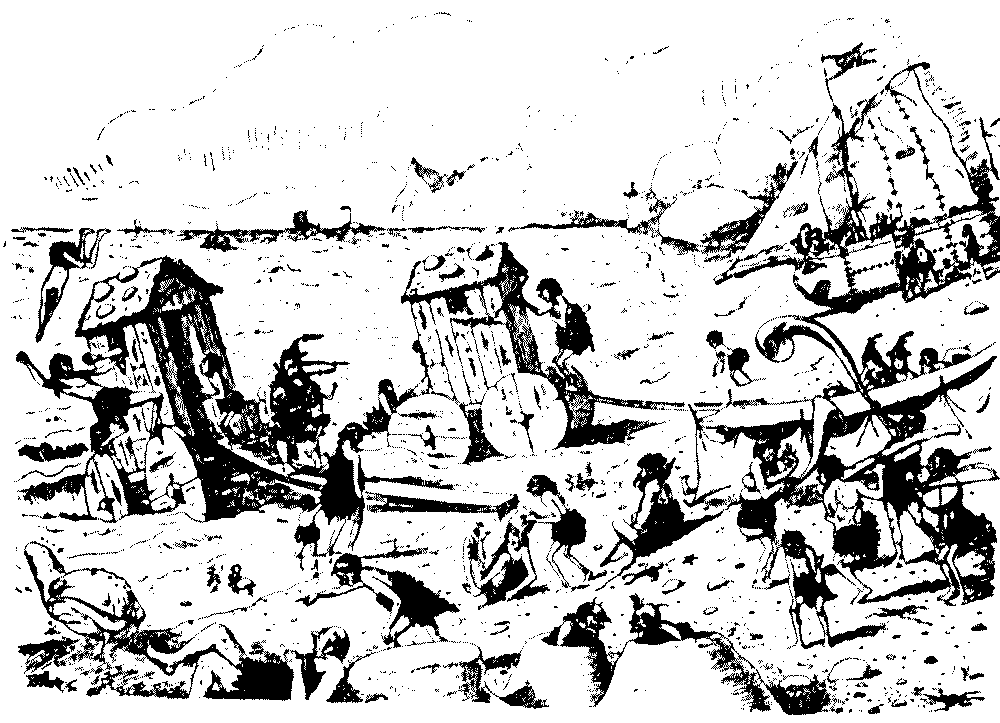
HORRIBLE SUSPICION
Old Gentleman. "Oh, waiter, why is it that a dinner off the joint is
five shillings, but if you only have made dishes and soup, it's two
shillings and sixpence?"
Waiter. "That, sir, is on account of the very high price of butcher's
meat just now, sir."
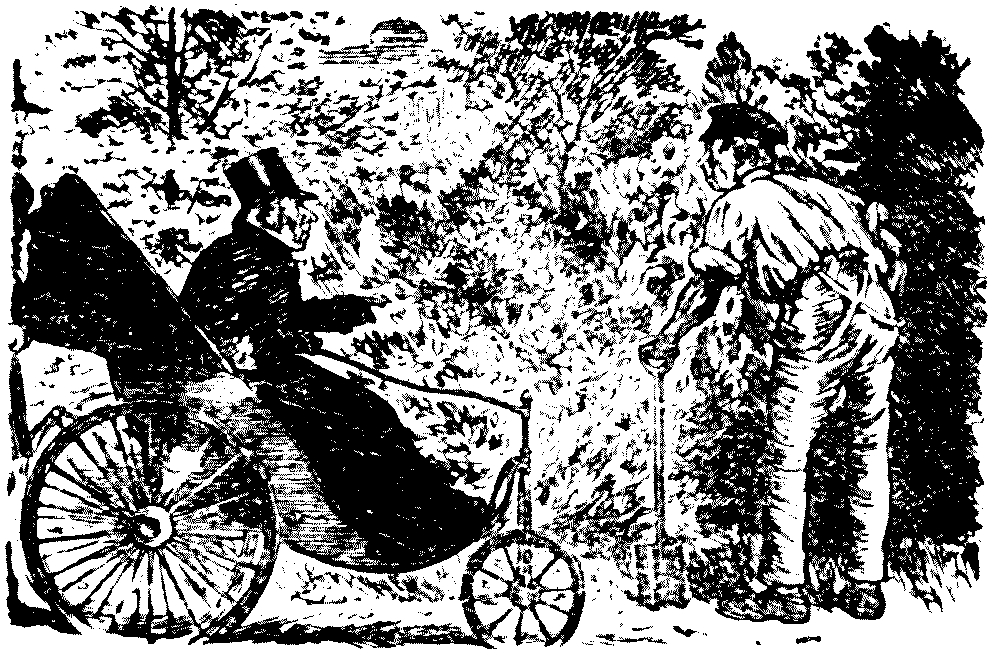
SELF-EXAMINATION
Party (slightly influenced). "Queshion ish! Am I fit to go
intodrawingroom? Letsh shee!—I can shay gloriush conshyshusn!—Have
seen Brish inshychusion—all that shortothing—thatledo—here gosh!"
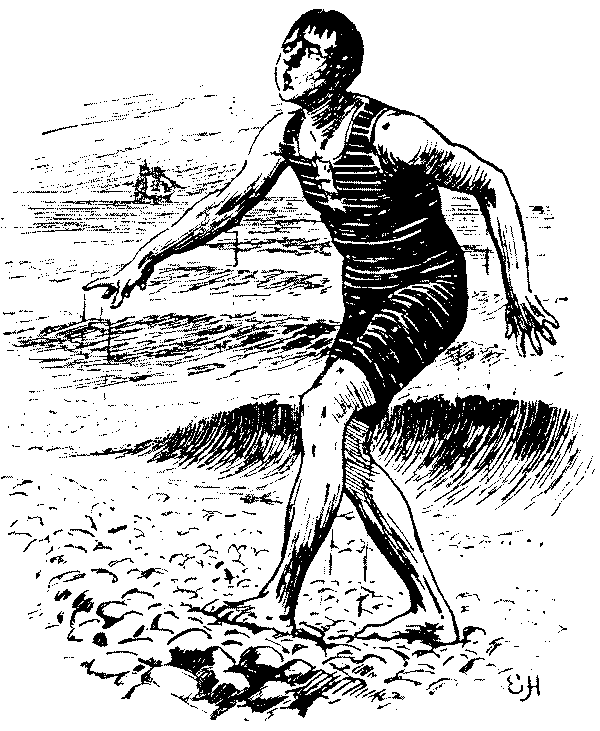
During the Cattle Show.—Old Farmer Wuzzle (reading
the bill of fare). "Dinners har lar cart! What does that mean, Polly?"
Miss Wuzzle (who has been to a fashionable boarding-school to be
finished, who has been taught French and how "to spank the grand
pianner" and who is never at a loss). "Aller cart, father? Why, that
means a small, simple dinner. If you want something heavy and
first-rate, you order what they call a dinner waggon!"
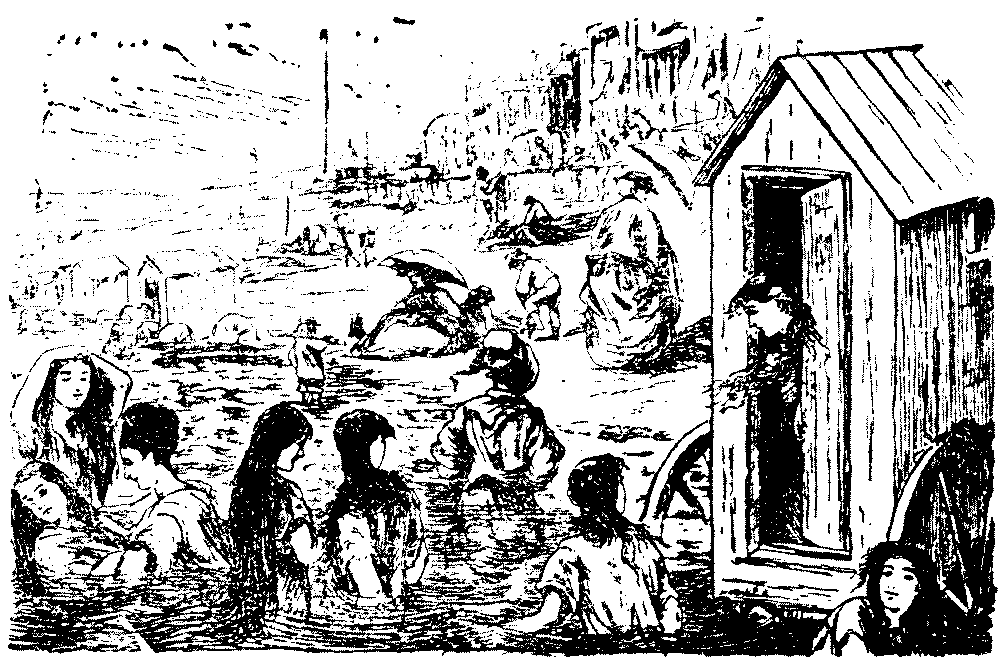
"March of Refinement," 1875.—Brown (behind the age,
but hungry). "Give me the bill of fare, waiter."
Head Waiter. "Beg pardon, sir?"
Brown. "The bill of fare."
Head Waiter. "The what, sir? O!—ah!—Yes!"—(to
subordinate)—"Chawles, bring this—this—a—gen'leman—the menoo!!"
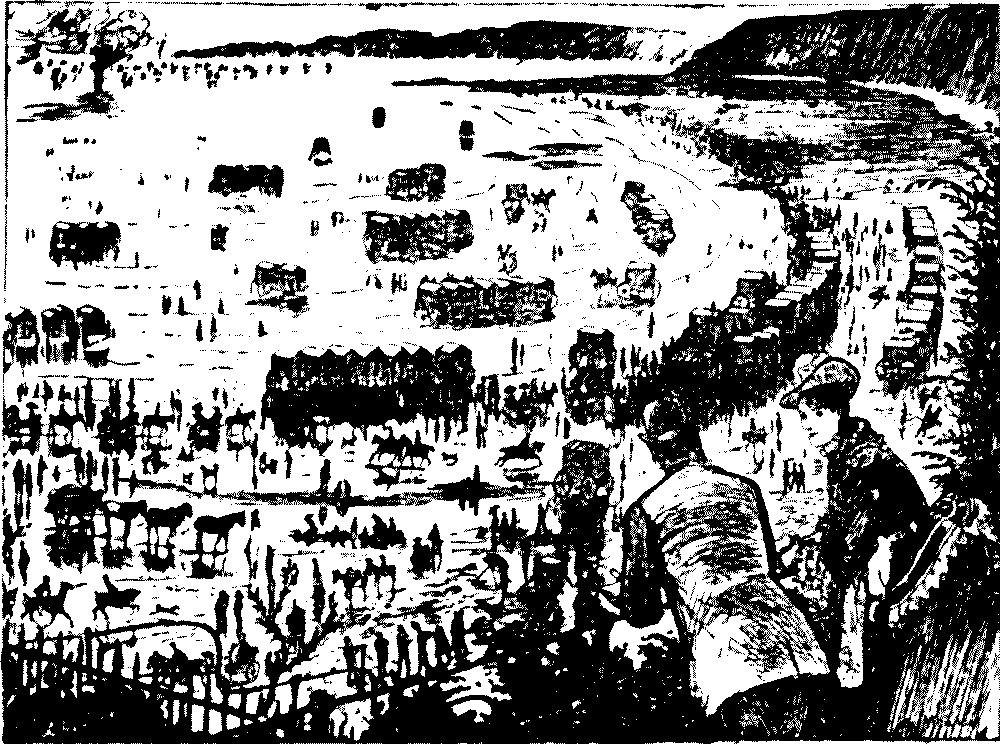
"MELTING!"
Stout Chairman (who feels the fire close at his back rather
oppressive). "Waiter, I asked you to bring me a screen."
Waiter. "Master's very sorry, sir, but we ain't got no screen!"
Stout Chairman. "Then, for goodness' sake, tell the cook to send up
the dripping-pan, and put it under me, quick!"
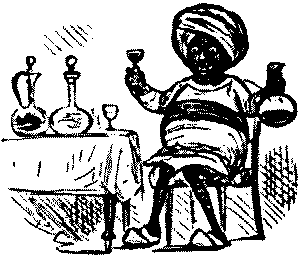
"I say, waiter, this salmon cutlet isn't half so good as
the one I had here last week."
"Can't see why, sir. It's off the same fish!"
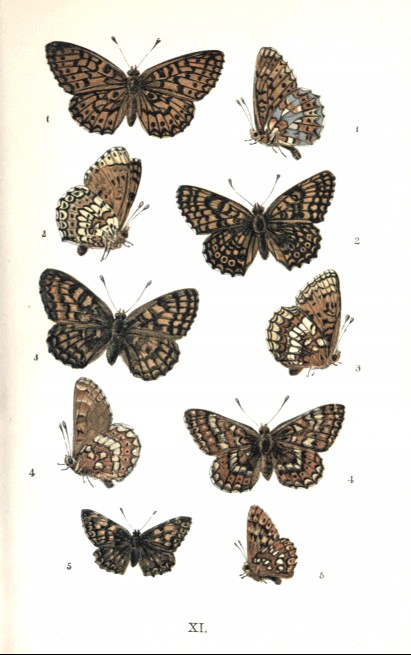
"PLEASE TO REMEMBER THE WAITER"
DRINKING SCENE OF THE FUTURE
Scene—The interior of a Dining-room. The ladies have just left,
and the gentlemen are discussing their beverages.
Smith. I say, Brown, if it is not an impertinent question, where did
you get that toast-and-water?
Brown. I thought you would be deceived! It was a cup, not the pure
article! My butler is a first-rate hand at it. I will give you the
recipe if you like.
Smith. Do. It was excellent. What is the secret?
Brown. Something, I fancy, to do with watercress.
Jones. I say, Brown, that was really very nice sherbet. Turkish or
Persian?
Brown. Neither. Came from the Stores. Home-made.
Jones. Well, it certainly was capital. I could have sworn that it had
been manufactured east of the Levant.
Brown. More likely east of Temple Bar. And now shall we have a
whitewash before we join the ladies?
Six Guests. No, thanks! Really not!
Half-a-dozen more of the Company. Really not! No, thanks!
Brown. Nonsense! (Produces a pint bottle of lemonade.) Nonsense, I
repeat! Look here, my boys. (Locks door.) Not one of you fellows shall
leave the room until you have finished this!
[Draws cork of pint bottle, and distributes the lemonade amidst the
good-natured protestations of the revellers. Scene closes in upon
the temperance orgy.
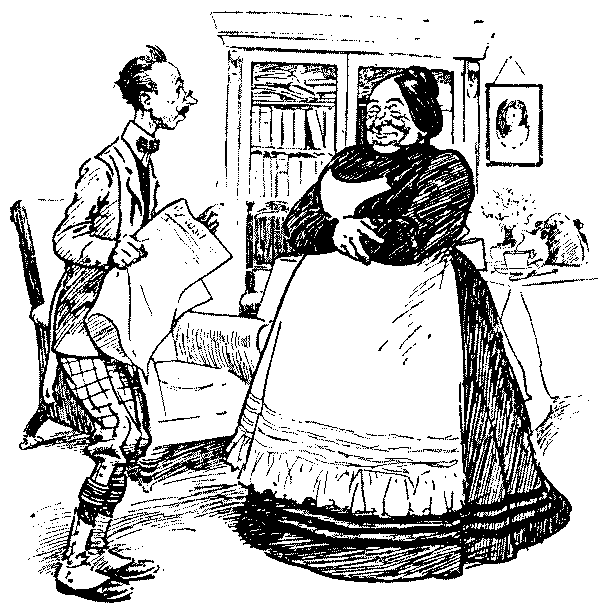
A PERSONAL GRIEVANCE
"I say, won't they let you go into long trousers?"
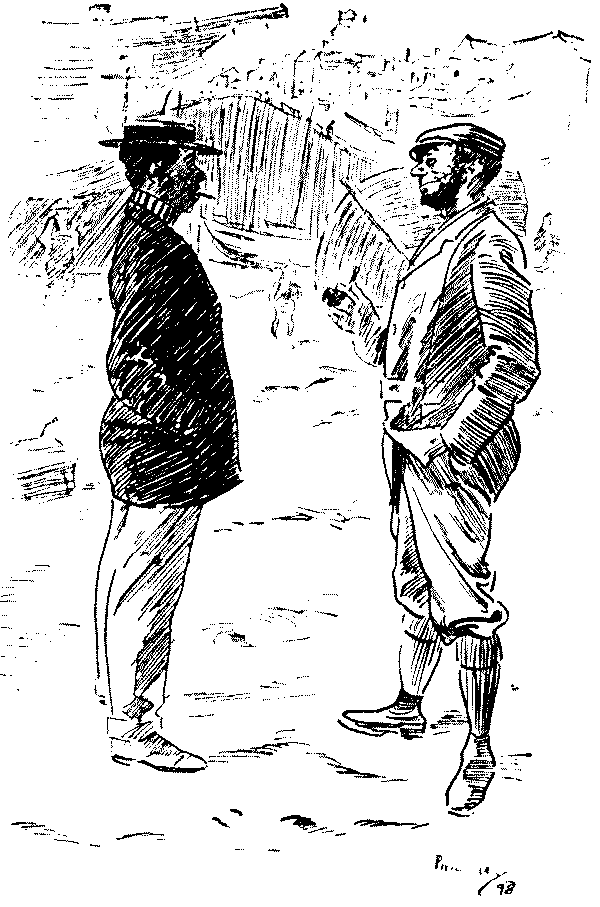
STUDIES IN ANIMAL LIFE
Mr. Huggins. "What a 'eavenly dinner it was!"
Mr. Buggins. "B'lieve yer! Mykes yer wish yer was born 'oller!"
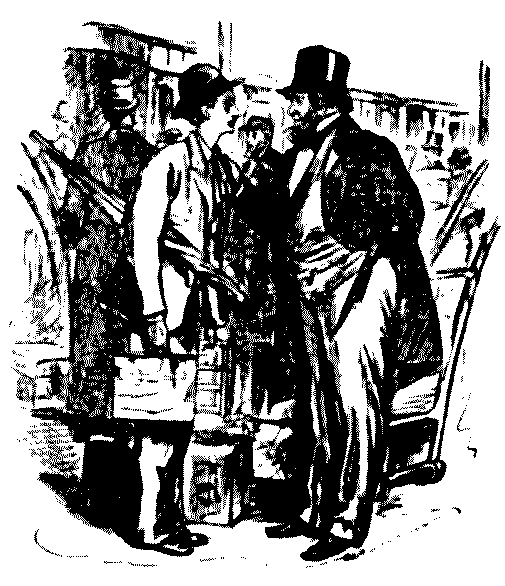
The New School.—Uncle (who is rather proud of his
cellar). "Now George, my boy, there's a glass of champagne for
you—don't get such stuff at school, eh? eh? eh?"
George. "H'm—awfully sweet! Very good sort for ladies—but I've
arrived at a time of life, when I confess I like my wine dry!"
(Sensation.)
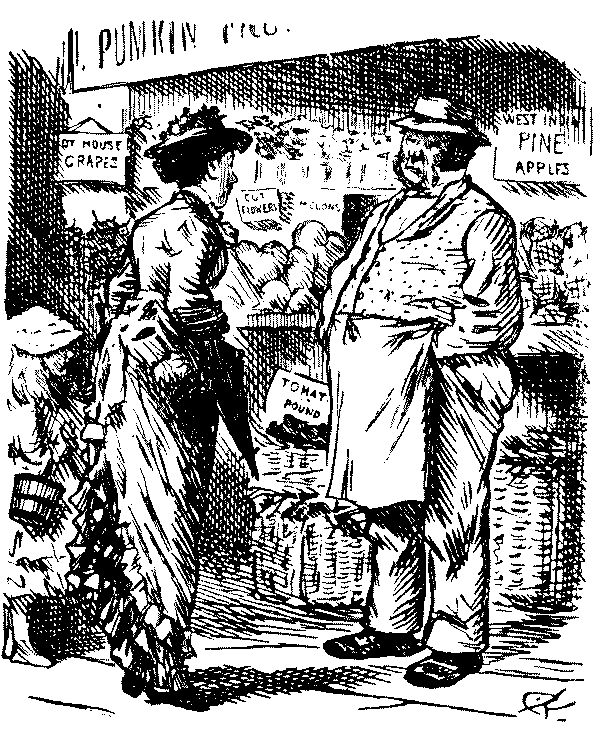
Pleasant!—Lord Reginald Sansdenier (in answer to
confidential remark of his host). "Twenty thousand pounds worth of
plate on the table, Sir Gorgius? I wonder you ain't afraid of being
robbed!"
Sir Gorgius Midas. "Robbed, my lord! Good 'evens! I'm sure yer
lordship's too honnerable heven to think of sich a thing!"
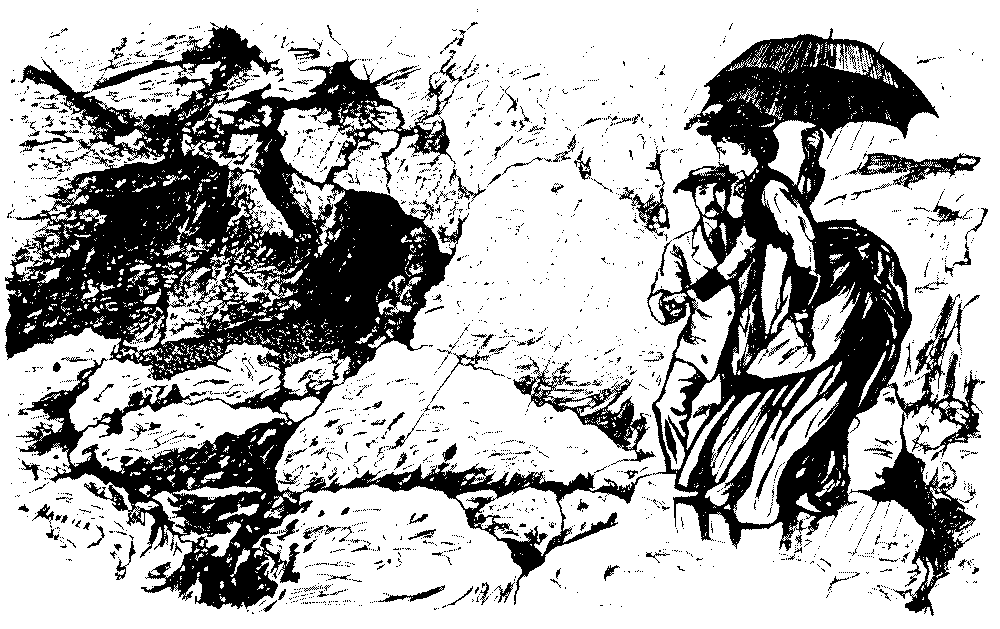
Farmer. "I say, John, what do you call a pineapple—a
fruit or a vegetable?"
Waiter. "A pineapple hain't neither, gentlemen. A pineapple is always
a hextra!"
DINING AL FRESCO
6 P.M.—Come down early, to get a table. Can't. All the tables booked a
week in advance. Very angry. Manager says he'll see what can be done for
me—later on. Fairly satisfied. He had better!
7 P.M.—In state of heat. Have a fair appetite. Ask for table. "What
table?" "The one promised me—later on." "Very sorry, but they are all
engaged." Awfully angry. Explain that I am a person of some importance.
Can do the place a great deal of good if I do have a table, and vice
versâ. Manager desolated. See everybody else stuffing, drinking, and
enjoying themselves. How they can have the heart! And I table-less!
But, no matter, a time will come. I'll write to "the leading journal"
and denounce everything and everybody.
7.15 P.M.—Explosively wrathful. At last! Ha! ha! Got a table. But at
the back somewhere.[Pg 138] Strong smell of cooking. Distant echo of a band.
Exceedingly annoyed. Have tasted hors d'œuvres. Sardines decent.
7.20 P.M.—Bonne Femme soup good. Have ordered champagne cup. Still
annoyed.
7.30 P.M.—Salmon mayonnaise distinctly excellent. Good idea to have
cold dinner. Champagne cup well brewed. Don't notice the smell of
cooking. Can hear the band. Nice band.
7.40 P.M.—Pâté de fois gras en aspic. Capital Cold joint. First-rate.
Salad artistically mixed. Second champagne cup as good as first. After
all, place of table not so bad.
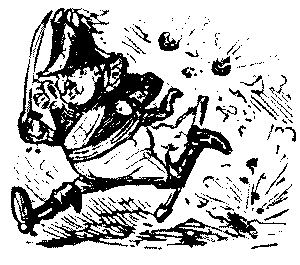
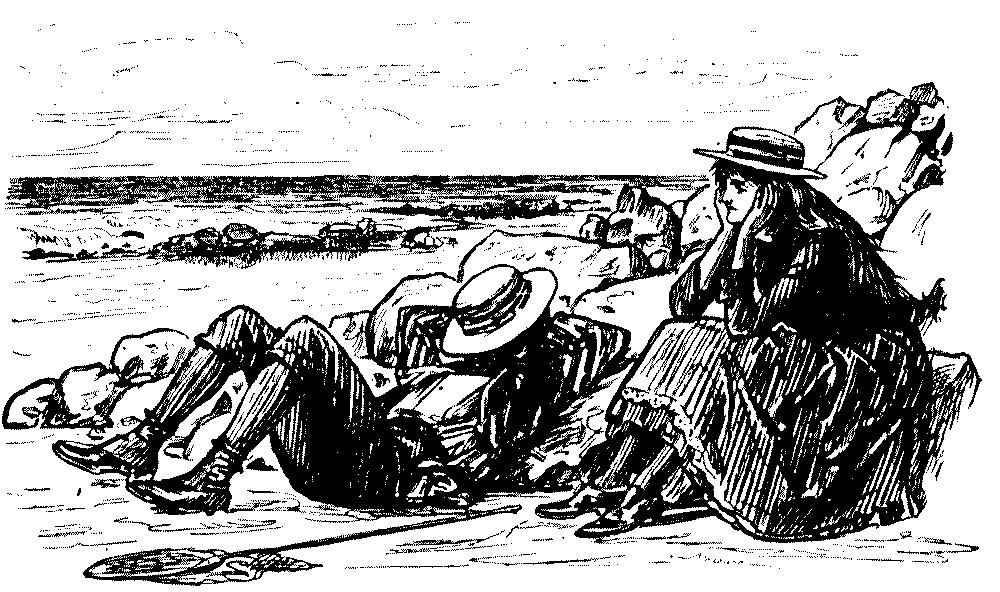
A True Artist.—Mamma (to Tommy, who has been allowed
for a few minutes to wait at table). "Now, Tommy, kiss me, and go to
bed."
Tommy (to footman). "Do you ever kiss the missus, Charles?"
Footman. "No, sir!"
Tommy. "Then I won't!"
THE MENU A LA MODE
Come, Damon, since again we've met
We'll feast right royally to-night,
The groaning table shall be set
With every seasonable delight!
The luscious bivalve ... I forgot,
The oyster is an arch-deceiver,
And makes its eater's certain lot
A bad attack of typhoid fever.
With soup, then, be it thick or clear,
The banquet fitly may commence—
Alas, on second thoughts, I fear
With soup as well we must dispense.
The doctors urge that, in effect,
Soup simply kills the thoughtless glutton.
It's full of germs. I recollect
They say the same of beef and mutton.
Yes, each variety of meat,
As you remark, is much the same,
And we're forbidden now to eat
Fish, oysters, poultry, joint or game.
But though a Nemesis each brings,
The punishment, the doctors tell, is
As nothing to the awful things
Awaiting all who toy with jellies.
[Pg 142]
"Cheese—that is not condemned with these
Yet ample evidence we find
To make us, Damon, look on cheese
As simply poison to mankind;
While those who may desire to pass
Immediately o'er Charon's ferry,
Have but to take a daily glass
Of claret, hock, champagne or sherry.
And therefore, Damon, you and I,
Who fain would live a year at least,
Reluctantly must modify
The scope of our projected feast;
A charcoal biscuit we will share,
Water (distilled, of course,) we'll swallow,
Since this appears the only fare
On which destruction will not follow!
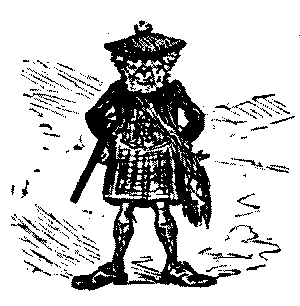
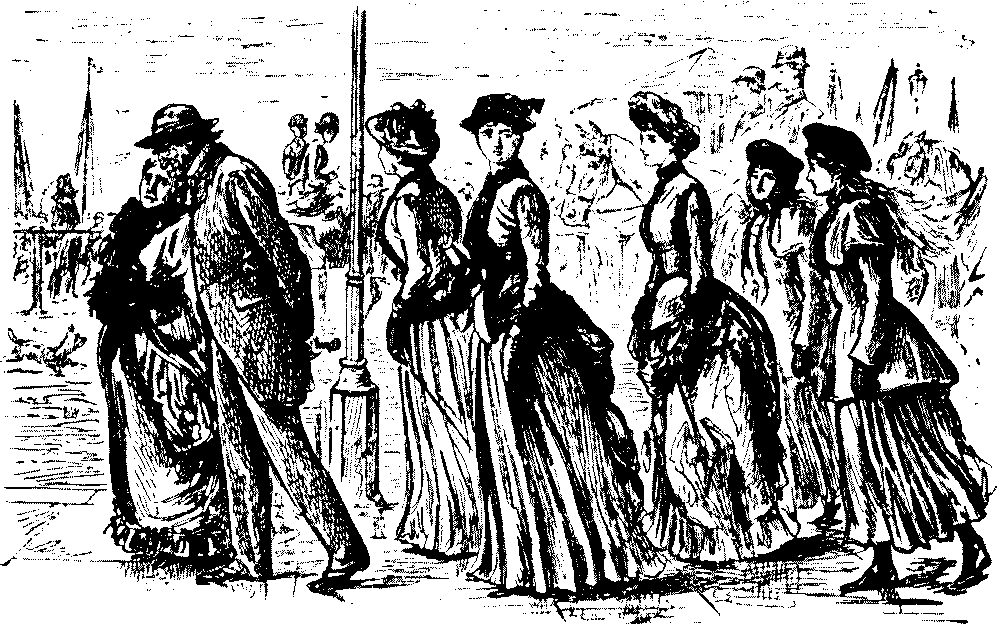
SMALL SOCIAL AGONIES
Hostess. "It's but a poor lunch I can give you! But my cook has got
influenza!"
Enfant terrible. "Oh, mummy, you always say that!"
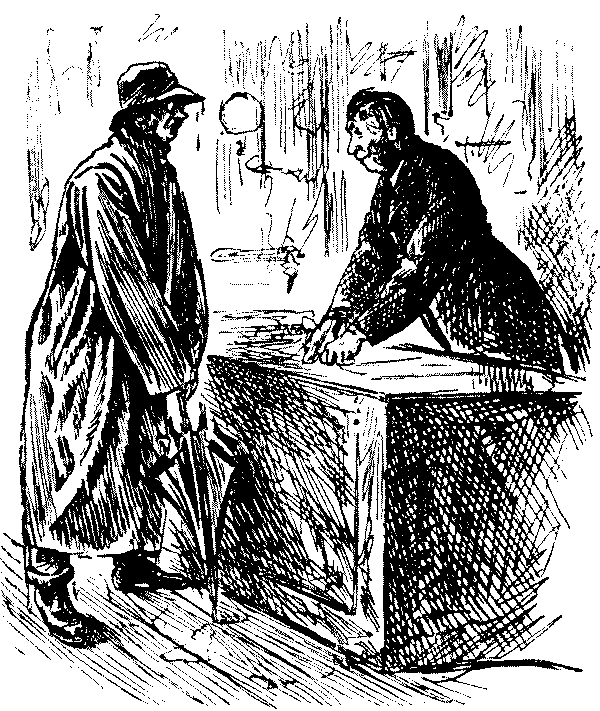
Quite A Novelty.—Amiable Experimentalist. "Makes a
delicious side dish, doesn't it? But it is not the common mushroom; it's
a large fungus, called the agaricus procerus. It grows solitary in hedge
rows, is called colubrinus, from the snake-like markings on its stem.
The pileus is covered with scales, which are formed by the breaking-up
of the mud-coloured epidermis, and——" [General panic takes place
THE DIRGE OF THE DINER
"Attendance is charged in the bill!
Delighted we sit down to dine;
And order our food and our wine.
The waiter is passing polite,
We eat with a grand appetite
Of dishes compounded with skill.
The room is so cosy and light;
The glass and the silver are bright;
Our flag of defiance is furled,
We seem all at peace with the world,
And rest quite contented until——
Attendance is charged one and nine.
We pay its collector a fine;
And give to the waiter polite
A tip he regards as his right
And duty of ours to fulfil!
The carver, too, looks for a fee;
The man with our coat, so does he!
The porter expects something more,
Who calls us a cab at the door!——
"Attendance is charged in the bill!"

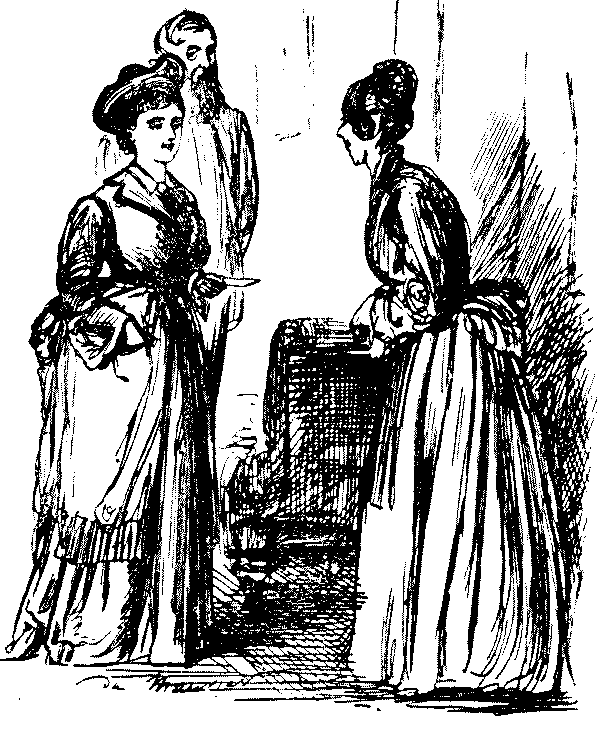
The Golden Key.—Mr. Montgomerie. "Ah! my dear boys,
you're right. The extent to which our English system of 'tipping' has
grown is something monstrous! Why, I can assure you—that—at some of
the big country houses I stop at, it costs me a ten-pound note to get
out of 'em!"
Jones (to his neighbour, sotto voce). "Wonder how much it costs him
to get into 'em?"
THE ECONOMICS OF SMOKING
BY JOSEPH FUME.
The man who smokes half his cigar, and puts the remainder by, knows
nothing about smoking.
The man who carries no cigar-case has no right to levy contributions on
those who do.
Never buy a cigar at a chemist's, they are sure to remind you of their
origin. I once knew a chemist, who also sold wine and cigars, and I am
sure he could only have had one workshop for his three businesses, and
that was his laboratory.
Mistrust the tobacco that is given in half-payment of a bill. Such
dealers may be clever in drawing a bill, but it is rarely that their
cigars are distinguished for being good "drawers."
The man who smokes with wine is quite capable of taking sugar with
oysters.

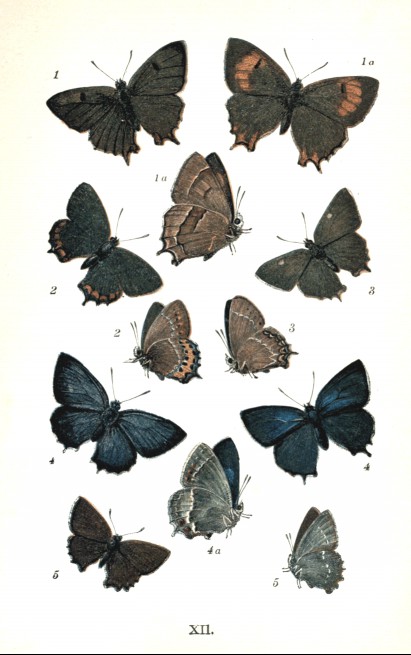
Annals of a Retired Suburb.—The Montgomery Joneses
celebrated their wedding-day by giving a dinner on an unusually
magnificent scale to some of their London friends. Unfortunately, an
unexpected change in the weather during the afternoon has made the road
up the hill rather heavy, so that the London friends omit to turn up.
PROVERBS FOR TABLE
Set a thief to catch a thief:
Think of this when eating beef.
All that glitters is not gold:
Think of this when that beef's cold.
Harm is done by too much zeal:
Think of this when eating veal.
Life's a jest, and all things show it:
Think of this when drinking Moet.
Happiness flies Court for garret:
Think of this when drinking claret.
Gold may oft be bought too dear:
Think of this when drinking beer.
Many littles make a mickle:
Think of this when eating pickle.
Silent fools may pass for wise:
Think of this when eating rice.
Unto Rome conduct all roads:
Think of this when eating toads.
Flog first fault: principiis obsta,
Think of this when eating lobster.
While grass grows the horse may starve:
Think of this when asked to carve.
[Pg 150]
Shake the tree when fruit is ripe:
Think of this when eating tripe.
Fools build houses, wise men buy:
Think of this when eating pie.
Pause, ere leaping in the dark:
Think of this when eating lark.
Punctual pay gets willing loan:
Think of this when drinking Beaune.
Wisdom asks fruits, but Folly flowers:
Think o' this when eating cauliflowers.
Birds of a feather flock together:
Think of this when the idiot of a
cook has boiled the oysters in the sauce,
and made them as tough as leather.
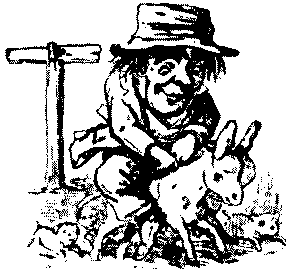
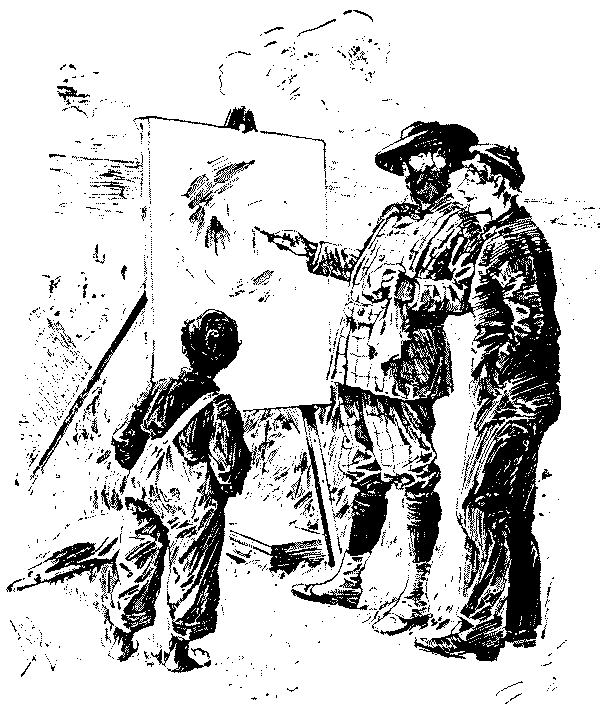
THINGS ONE WOULD RATHER HAVE LEFT UNSAID
Hostess. "What fun you seem to be having over there, Captain Smiley! I
wish you all sat at this end of the table!"
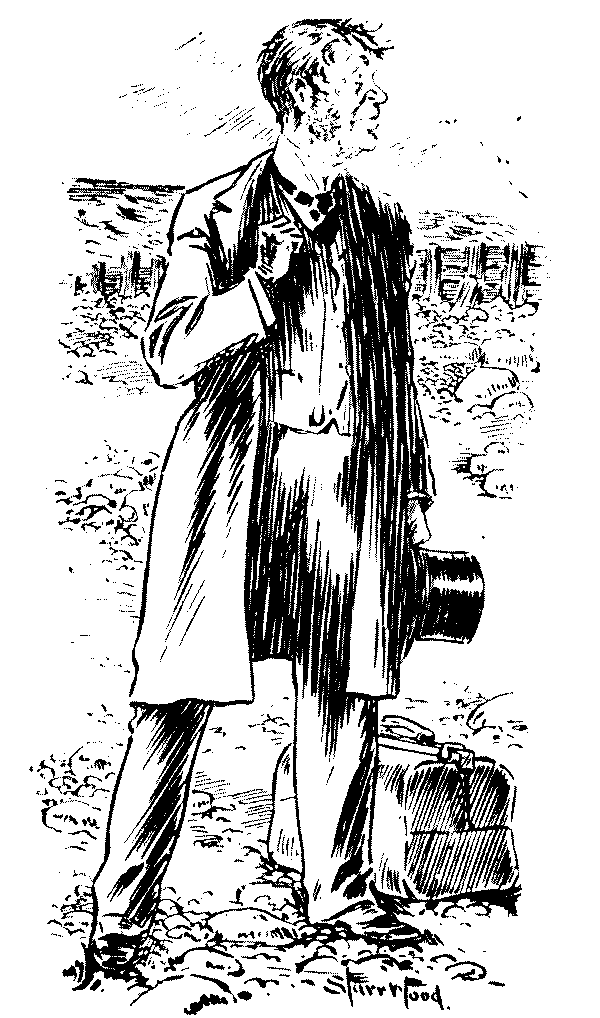
Waiter (who has "seen better days"—absently, as he
pours out the champagne). "Say when!"
SPRING-CLEANING.
"In Spring when woods are getting green,"
My wife begins the house to clean,
And I am driven from this scene,
Of scrub-land.
The mops and pails left on the stairs
I come across, quite unawares,
And break my shins and utter—prayers,
For tub-land.
In clouds of dust I choke and cough,
Such draughts! My hat I dare not doff,
I'd go (if I were not a toff)
To pub-land.
But—mum—I won't kick up a shine
Nor of delight give any sign,
But, quietly, I'm off to dine
In Club-land.

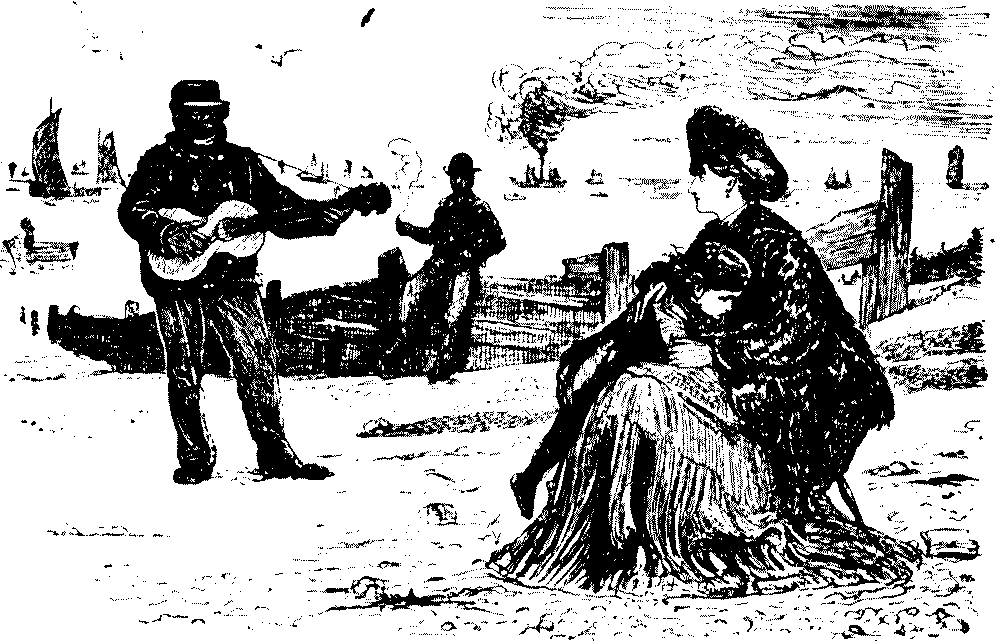
Quiet Man (as a particularly "steep" story of
adventure comes to a close). "Er—will somebody pass the salt,
please?"
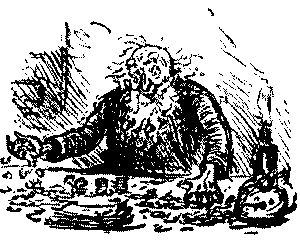
Adolphus (grandly; he is giving his future
brother-in-law a little dinner down the river). "Waitar—you
can—ah—leave us!"
Old Waiter. "Hem!—yessir—but—you'll pard'n me, sir—we've so many
gents—'don't wish to impute nothink, sir—but master—'fact is,
sir—(evidently feels a delicacy about mentioning it)—we're—you see,
sir—'sponsible for the plate, sir!!!"
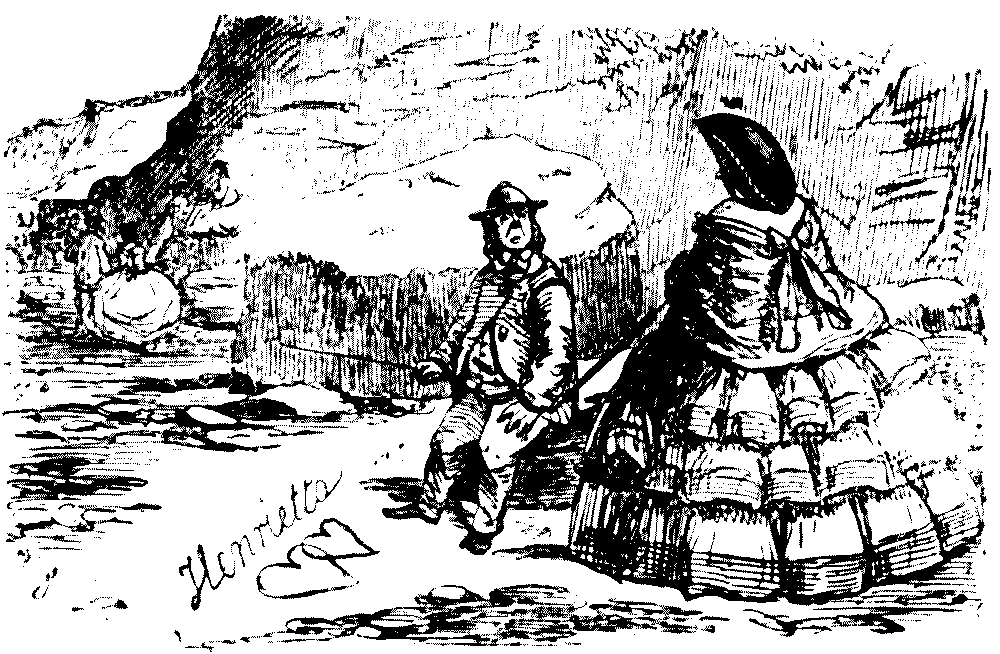
GRAND BURNS' FESTIVAL—BROWN ENTERTAINS HIS FRIEND WI' A
HAGGIS!
DISCLAIMER BY A DINER-OUT
Abolish party? Whose delight were greater
Than mine? I hail the chance with rapture hearty.
But oh! I can't agree with the Spectator,
Who'd do away with—gods!—the dinner party!
No, let us compromise,—we'll all be winners,—
And firmly banish party from our dinners!

Sympathy
Mrs. Ramsbotham (paying Cabman). You look all right to-day.
Cabman. Ah, mum! my looks don't pity me. I suffer from a tarpaulin
liver.
Mrs. R. (correcting). A torpedo liver, you mean.
[Cabman accepts the correction, and an extra shilling]
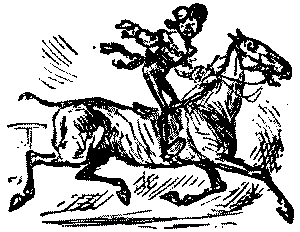
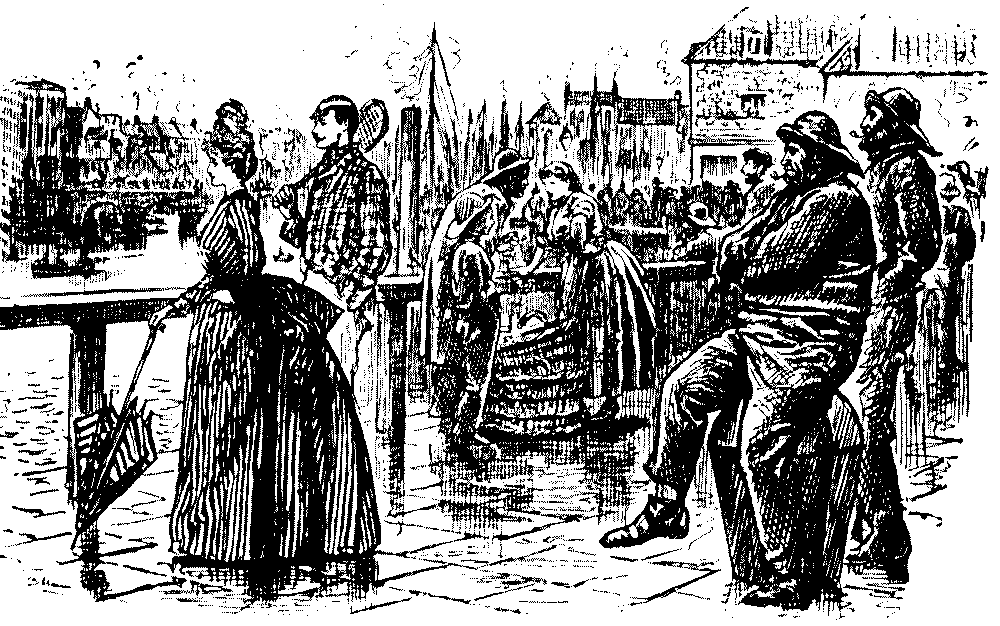
Happy Thought.—Sir Pompey Bedell (poking the fire in
his new smoking-room). "This wretched chimney has got into a most
objectionable way of smoking. A—I can't cure it." Bedell Junior.
"Just give it a couple of your cigars, governor!—it'll never smoke
again!"
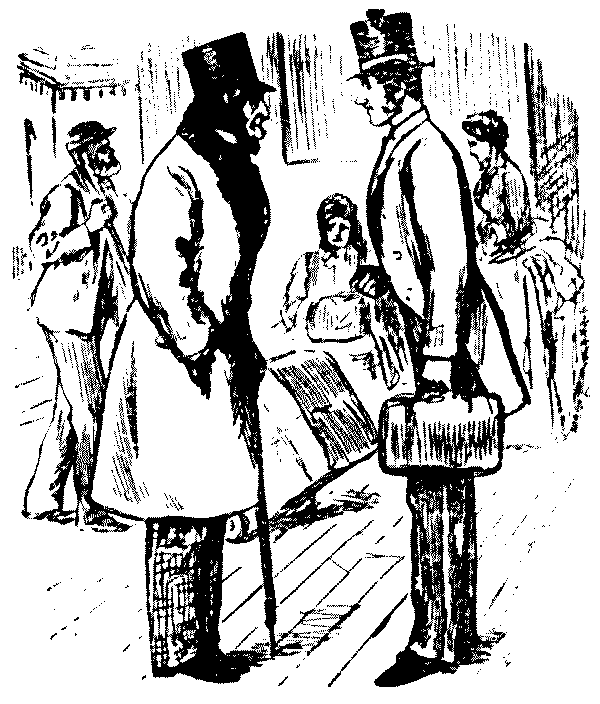
"CRAMMING"
Affectionate Uncle. "Glad to see you, Rupert. Now tell me all about
it. What form are you in, old boy?"
Nephew (just returned from Harrow). "Well, uncle, not so bad, I
think. I can generally manage a couple of eggs, two sausages, or
kidneys, some Dundee marmalade, and two cups of coffee for breakfast. I
always have a little luncheon, any amount of roast beef or mutton for
dinner, and I generally look in at the confectioner's in the afternoon,
and invariably wind up with a good supper. What do you think of that?"
[Disappointed and misunderstood uncle subsides,
and thinks it best to make no comments.
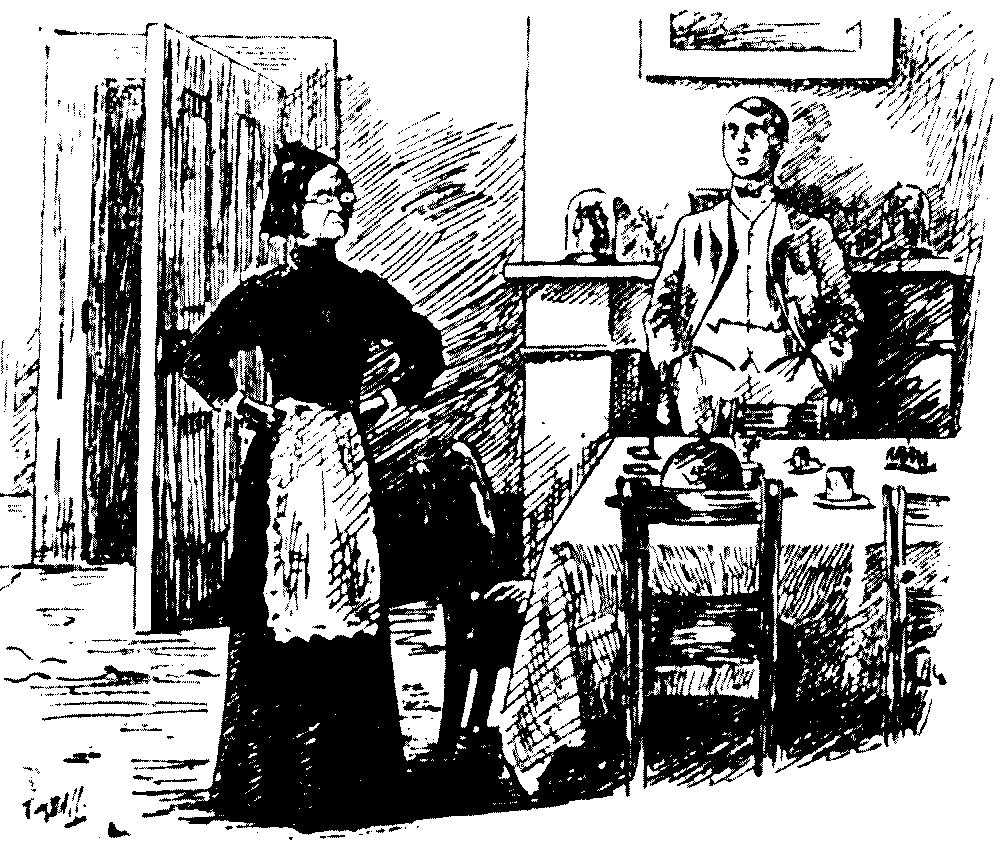
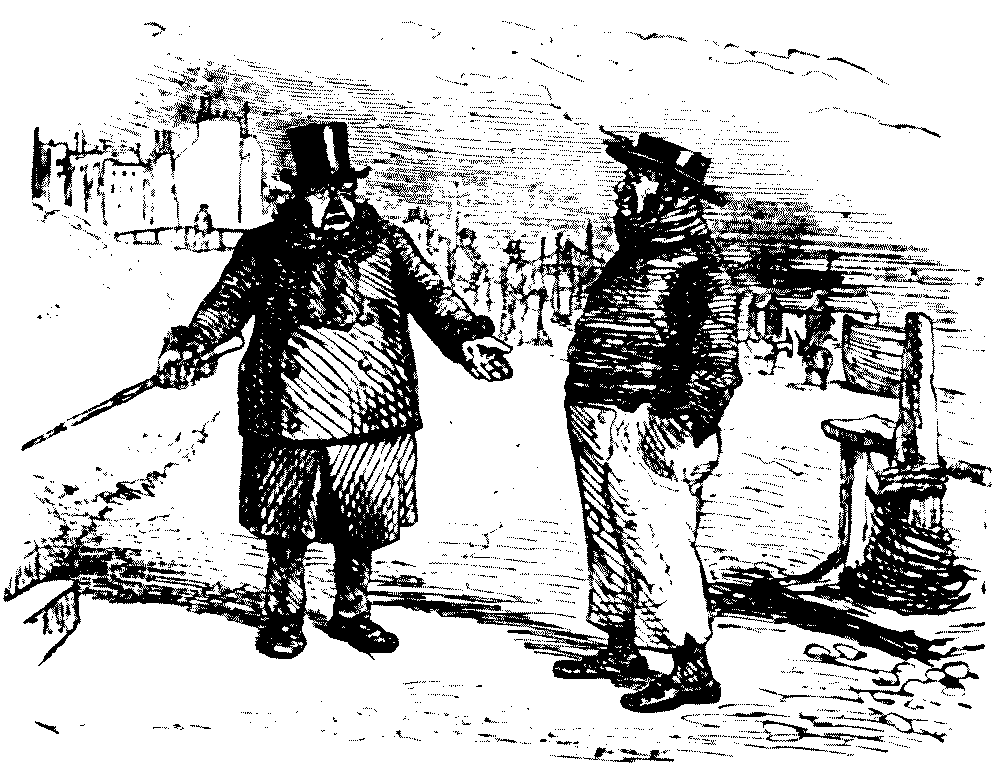
Old Gentleman (who has not hurried over his dinner,
and has just got his bill). "Waiter, what's this? I'm charged here
twopence for stationery. You know I've had none——"
Irish Waiter. "Faix! yer honour, I don't know. Y'ave been sittin' here
a long t-h-ime, anyhow!!"
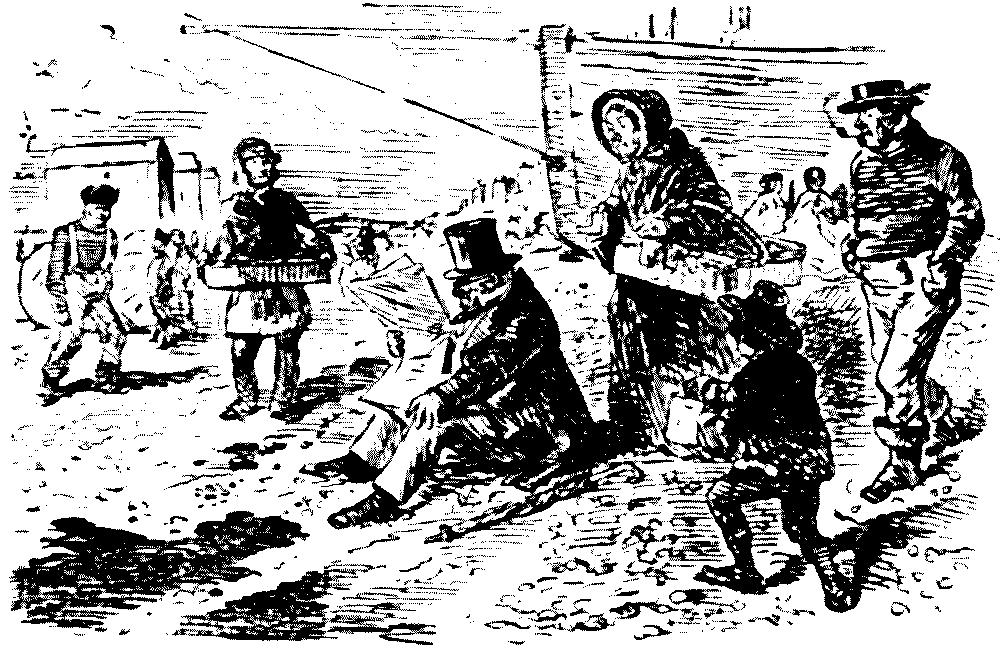
"A Strict Regard for Truth."—Nephew. "Hold up, uncle,
people'll think you're screwed!"
Uncle (the wedding breakfast had been hilarious). "Shcrew'd! No, no,
Sheorgsh! No' sh' bad 'sh that! 'Shame time—don' le'sh be"—(lurching
heavily)—"osht'n—tas'hly shober! 'Can't bear osht'ntash'n!!"
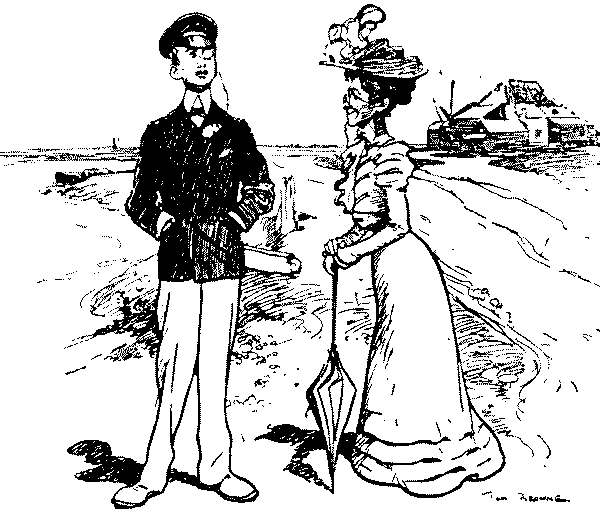
SEASONABLE LUXURY
Old Gent (disgusted). "Here, waiter! Here's a—here's
a—a—caterpillar in this chop!"
Waiter (flippantly). "Yessir. About the time o' year for 'em just
now, sir!"
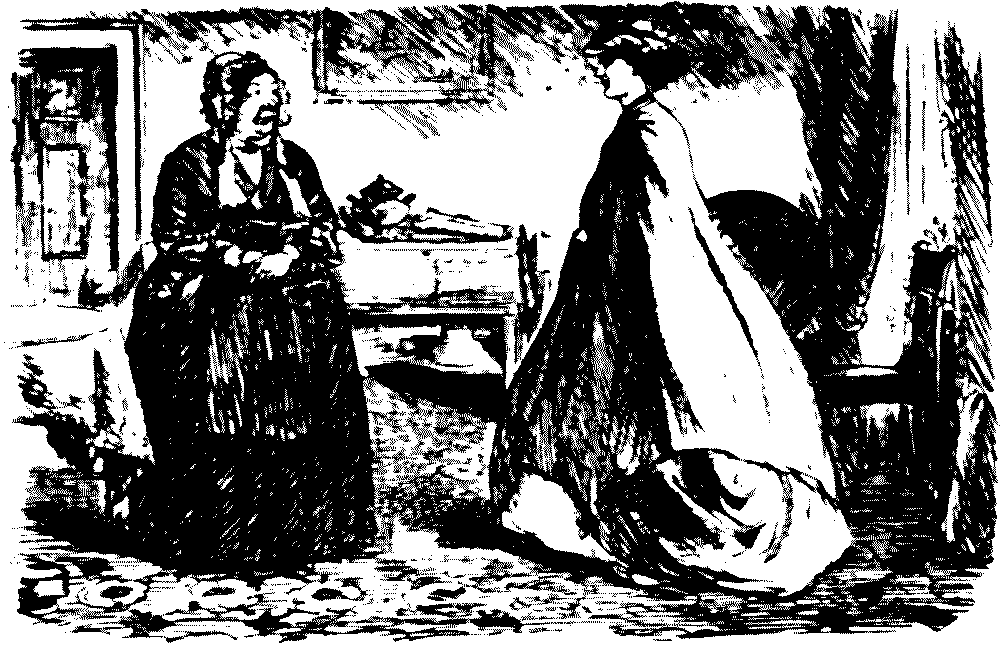
The "Status Quo Ante."—Squire (desiring to improve
the taste of his country friends, has introduced at his table, in the
place of the usual brandied Spanish and Portuguese wines, the natural
vintages of France and Germany). "Now, Mr. Barleymead, how do you like
this 'Chateau Lafitte'? Another glass——" Farmer B. "Thanky, sir;
it's uncommon nice.—(He had drunk a bottle or two.)—But we don't
seem to get no forruder!!"
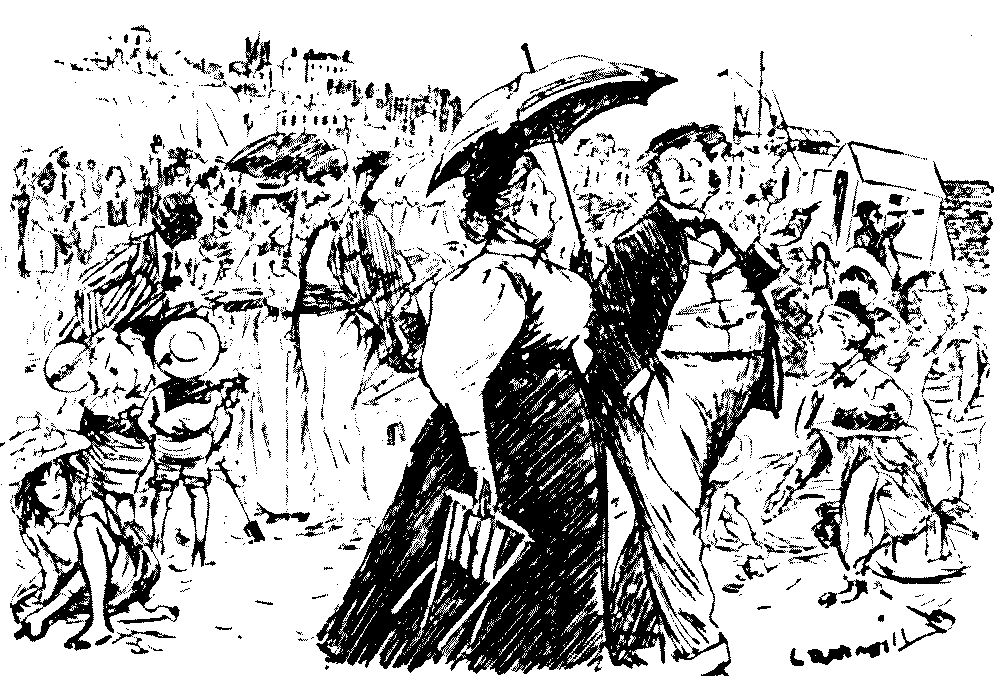
COMING OUT AS A CONVERSATIONALIST
Young Ganderson (proudly conscious of the general attention) "Oh
yes, it's in Soho, you know. I know the place well. They give you a
capital dinner for eighteenpence—wine included."
Host (proud of his cellar). "And is the wine drinkable?"
Young Ganderson. "Oh yes—very good—better than the wine we're
drinking now!"
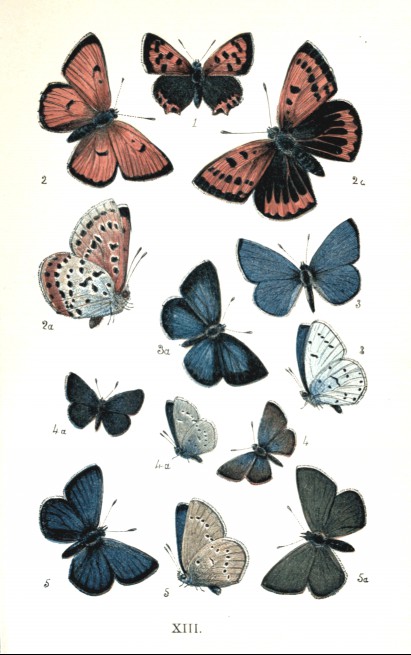
AN AFFECTIONATE HUSBAND
Tomkins. "You are going it, old fellow! Real turtle, eh? and venison
to follow, eh?"
Jobkins. "Why, yes—you see it's my wife's birthday; and as she dines
early, I thought I'd celebrate the anniversary in the city."
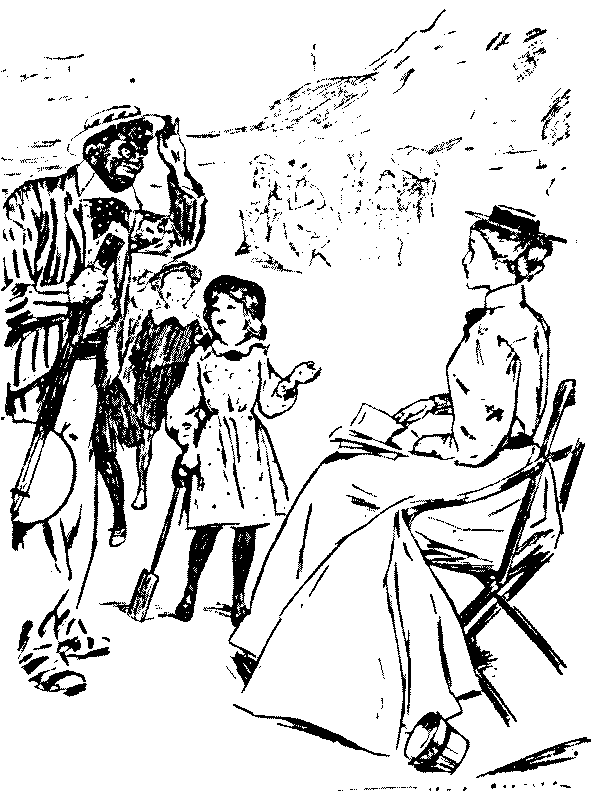
Mistaken Identity.—(As the De Smiths, to whose
dinner-party he was invited, lived in the next square, Brown thought he
would walk over.) Head waiter (under a wrong impression). "This
won't do, young man! We've been expectin' o' you this 'our and a 'alf!
No napkins laid, no glasses, no——!!!"
[Brown never got over it all the evening.
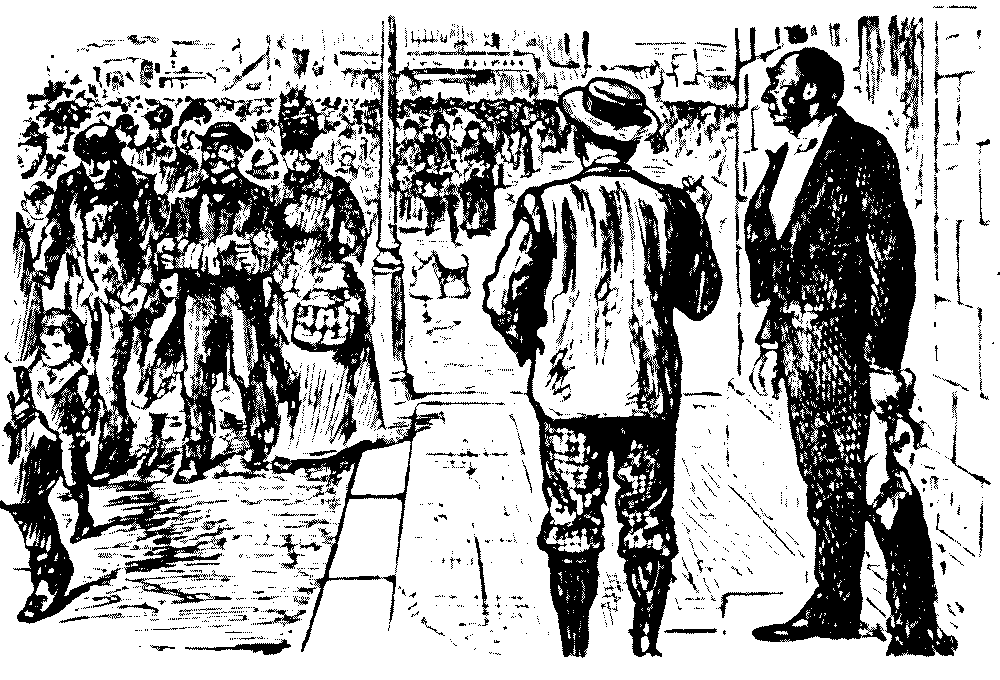
AN AWFUL CRAMMER
Proprietor of boarding-house (taking stout guest aside). "You'll
excuse me, Mr. Sharpset, but your appetite is so large that I shall be
compelled to charge you a shilling extra. It can't be done at two
shillings!"
Diner. "No! For heaven's sake don't do that! I can eat two
shillings'-worth easy; but if I have to do three—I really—afraid I
should—but I'll try!!"
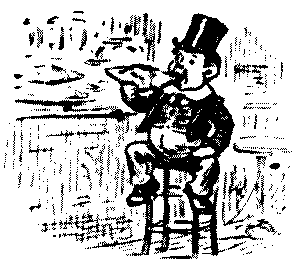
THE BETTING EVIL.
Waiter (down tube). "Wild duck, one!"
Voice from the kitchen. "Did he? Just like my luck. Backed another
wrong 'un!"
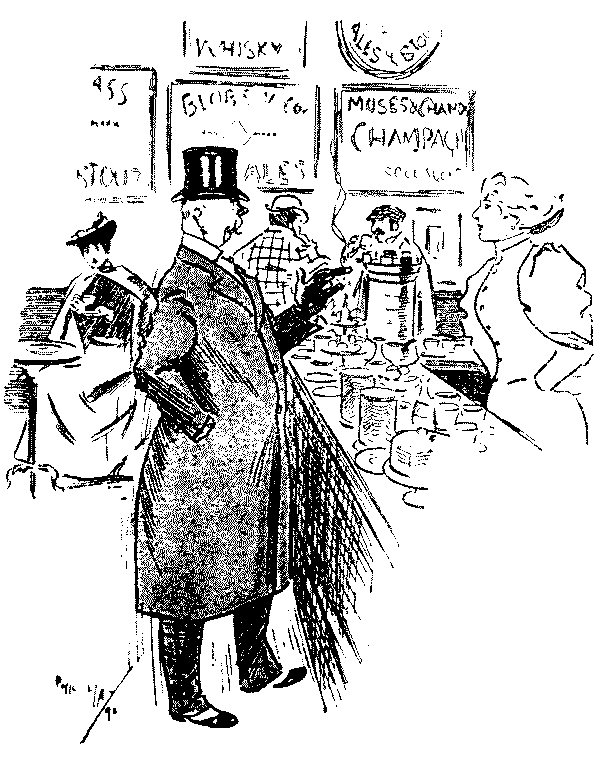
NOT VERY LIKELY
Waiter (in response to the Colonel's very vigorous reminder). "Oh
yes, sir, immediately! 'M—let's see—a glass of milk, sir, wasn't
it?"
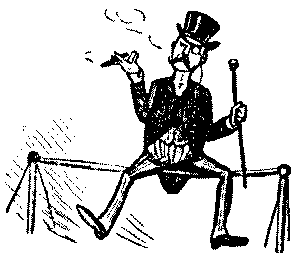
FIGURATIVE
Head Waiter (the Old Gent had wished for a stronger cheese). "Hi!
James—let loose the Gorgonzola!"
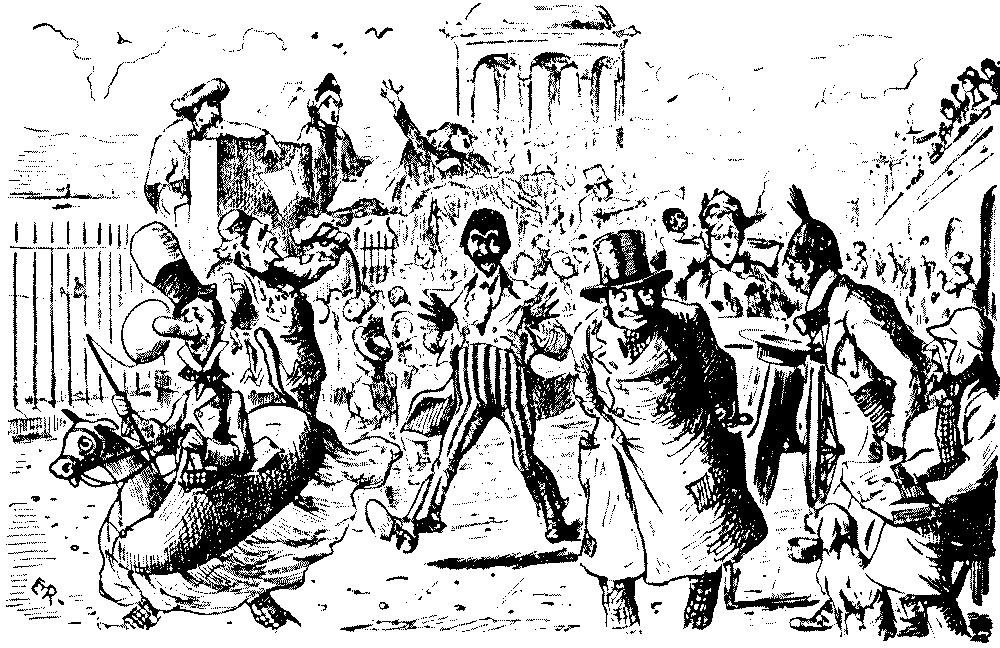
BEWILDERING
Mr. Wuzzles (up for the cattle-show). "Cheese, waiter!"
'Robert.' "Yessir! Rockfor', commonbare, grew'ere, noochattell,
gorgumzo——"
Mr. Wuzzles (testily). "No, no! I said cheese!"
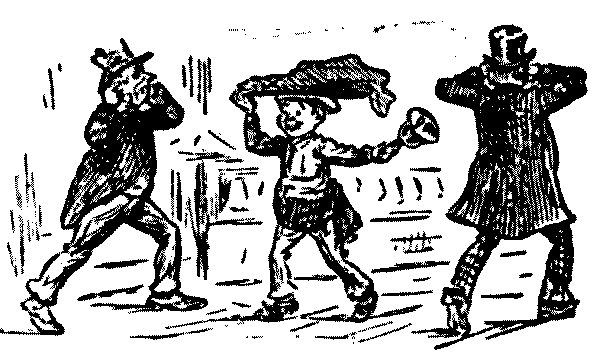
"ON THE FACE OF IT"
Host. "I don't like this Lafitte half so well as the last, Binns. Have
you noticed any difference?"
New Butler. "Well, sir, for myself I don't drink claret; I find port
agrees with me so much better!!"
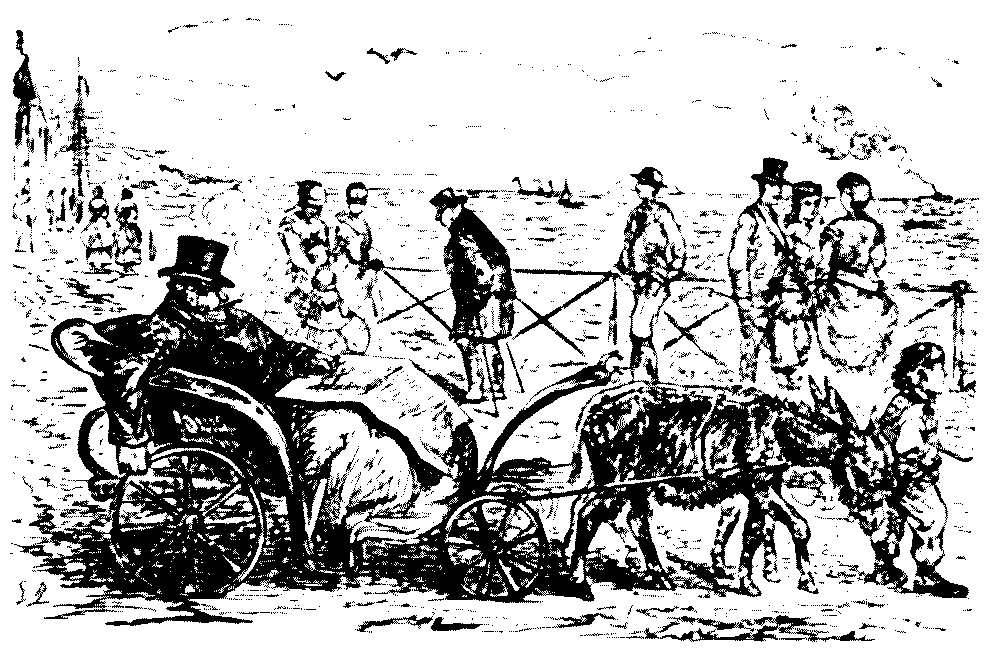
Awful Warning!—Guest (at City Company dinner). "I'm
uncommonly hungry!"
Ancient Liveryman (with feeling). "Take care, my dear sir, for
goodness' sake, take care! D' you know it happened to me at the last
Lord Mayor's dinner to burn my tongue with my first spoonful of clear
turtle; 'consequence was—(sighs)—'couldn't taste at
all—anything—for the rest of the evening!!"
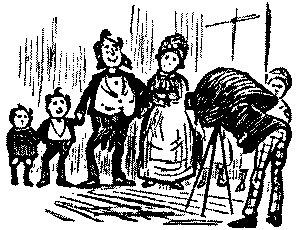
It is quite possible to have too much of a good thing—as
for example, when you get the asparagus shot over your favourite
dress-coat with the silk facings.
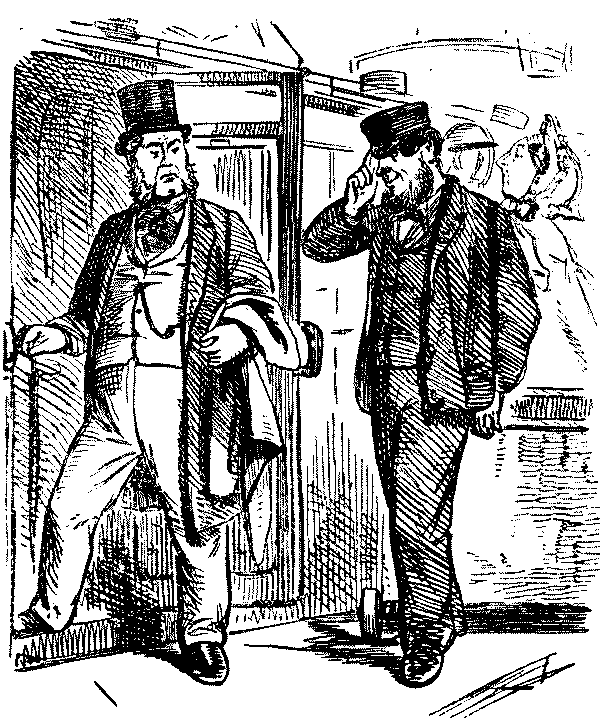
Testy Old Uncle (unable to control his passion).
"Really, sir, this is quite intolerable! You must intend to insult me.
For the last fourteen days, wherever I have dined, I have had nothing
but saddle of mutton and boiled turkey—boiled turkey and saddle of
mutton. I'll endure it no longer."
[Exit old gent, who alters his will.
Moral.—How ridiculous a man appears—particularly a man at a grave
period of life—who is over-anxious about his eating and drinking!
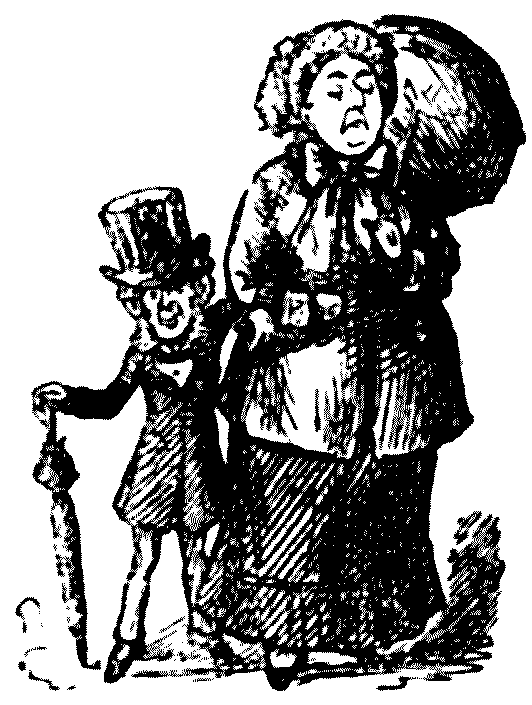
"ALL THE DIFFERENCE"
Dyspeptic Diner. "Um"—(forking it suspiciously)—"what is it,
waiter?"
'Robert.' "It says 'ronyongs sorty' on the menoo, sir. But I can't say
what it may be on the dish!"
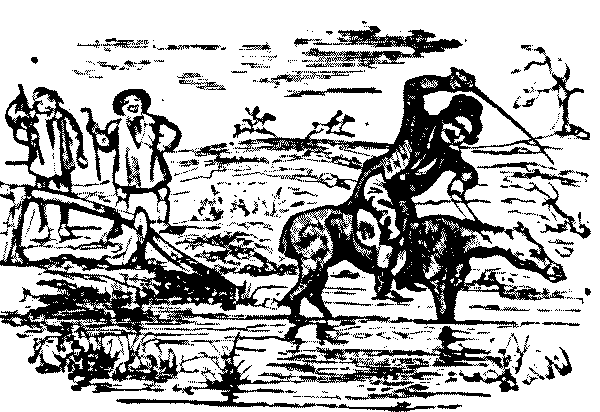
His Partner. "I really never heard a better speech in
my life! Such a wonderful flow of——"
He. "Great Scott! That reminds me—I've left the bathroom tap at home
full on!!
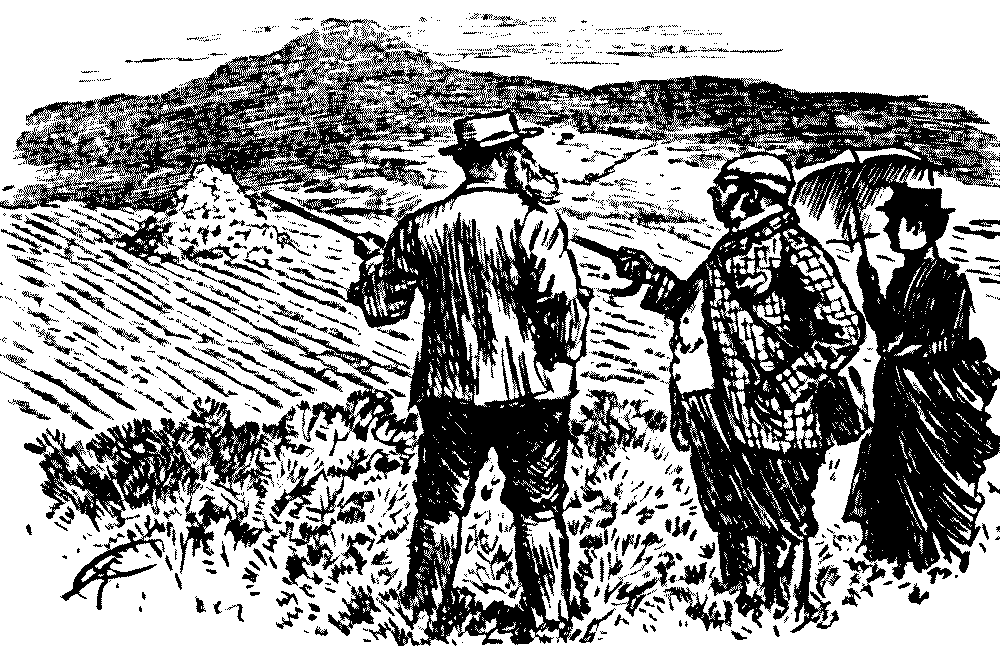
THE NICE LITTLE DINNER
Tommy (who is standing a feed to Harry). "Oh, hang it, you know,
fourteen bob for a bottle of champagne! That's coming it rather strong,
ain't it?"
Waiter (with perfect composure). "We have some cheap wine, sir, at
half-a-guinea!"
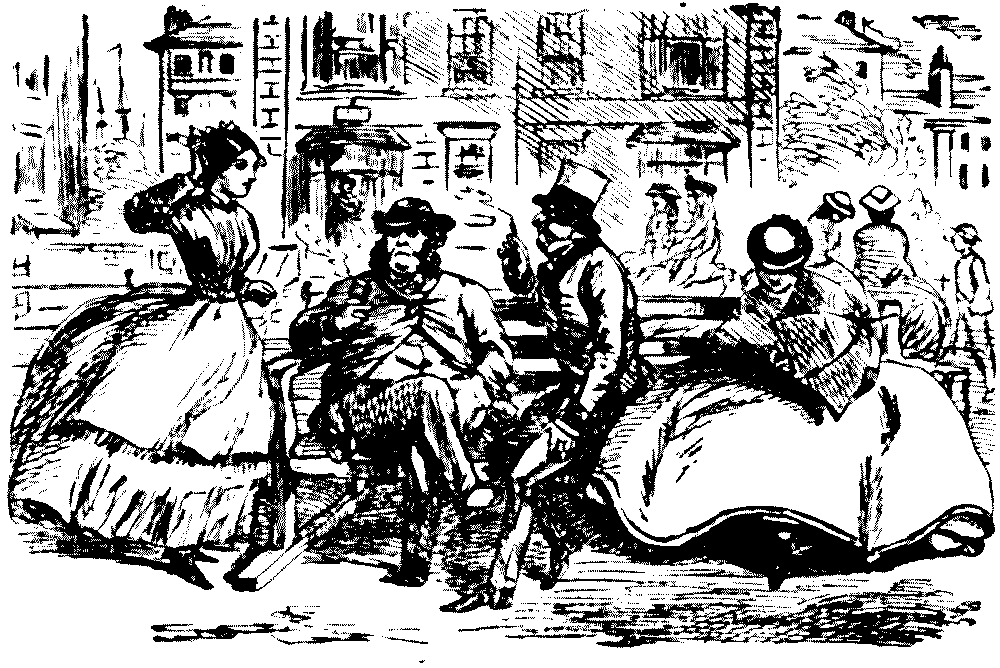
TOO LITERAL BY HALF
Scene.—A "cheap" chop-house not a hundred miles from L—nd—n.
Waiter. "Paysir? Yessir—Whataveyeradsir?"
Matter-of-fact old gentleman (who has been reading the "Quarterly" on
"Food and its adulterations"). "Had? why, let me see: I've had some
horsetail soup, spiced with red-lead and shop-sweepings: a plate of
roast cow, and cabbage boiled with verdigris: a crust of plaster of
Paris, baked with alum and bone-dust: half-a-pint of porter brewed from
quassia and strychnine: and a cup of charred liver, annatto, and other
unknown ingredients."
[Exit waiter for a straight-waistcoat, and a stomach-pump.
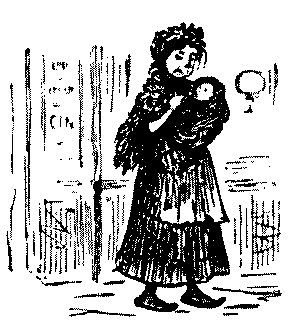
Dolly. "Please, Miss Sharp, mamma says, have you
really left your songs at home?"
Miss Sharp. "Yes, dear. Why?"
Dolly. "Well, papa says 'it sounds too good to be true'!"
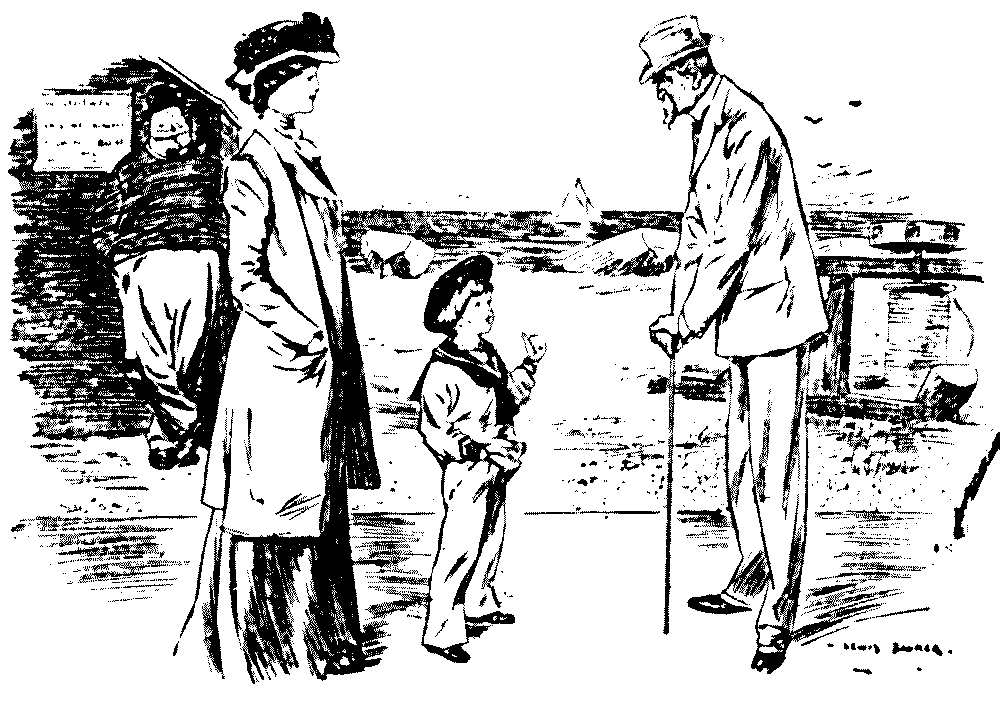
Eureka!—Isaacstein (late of Whitechapel, showing old
friend over bathroom in new house). "What am I goin' to do with it?
Vell, you see, I've always rather wanted a place where I could keep
goldfish!"
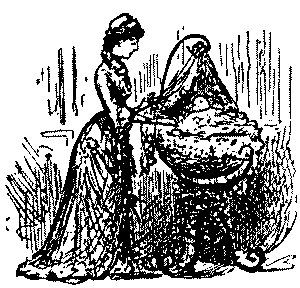
Juvenile. "Uncle!"
Uncle. "Now then, what is it? This is the fourth time you've woke me
up, sir!"
Juvenile. "Oh! Just put a few coals on the fire, and pass the wine,
that's a good old chap."

Nurseriana.—Little Chris. "Oh! mamma, mamma, baby's moulted again."
Mamma. "Moulted! What do you mean?"
Little Chris. "Why, he's just dropped another tooth!"
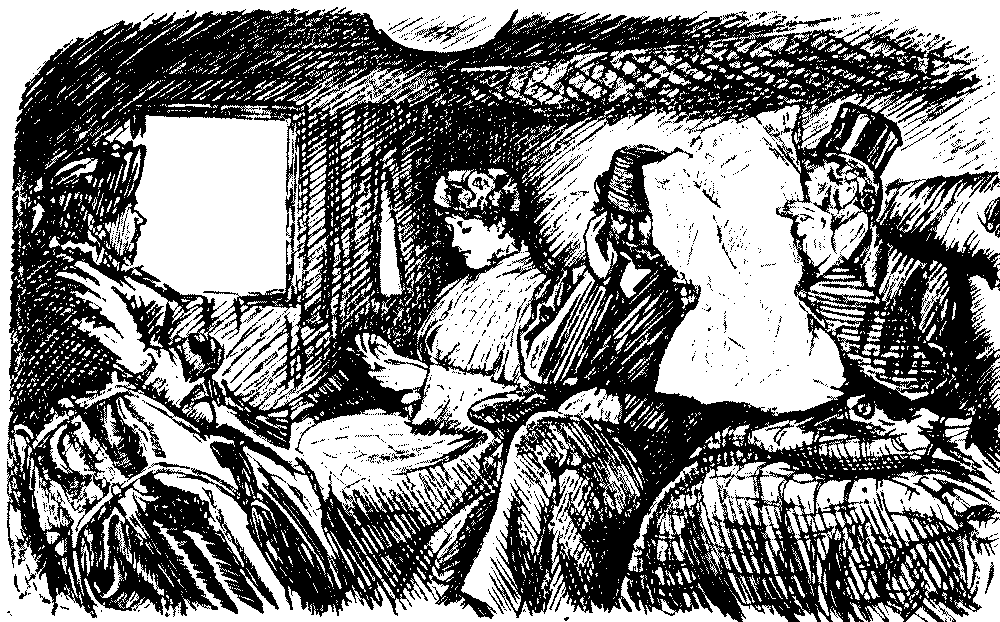
SAFEST WAY OF TAKING A LADY DOWN TO DINNER
(Another reminiscence of the days of the crinoline)
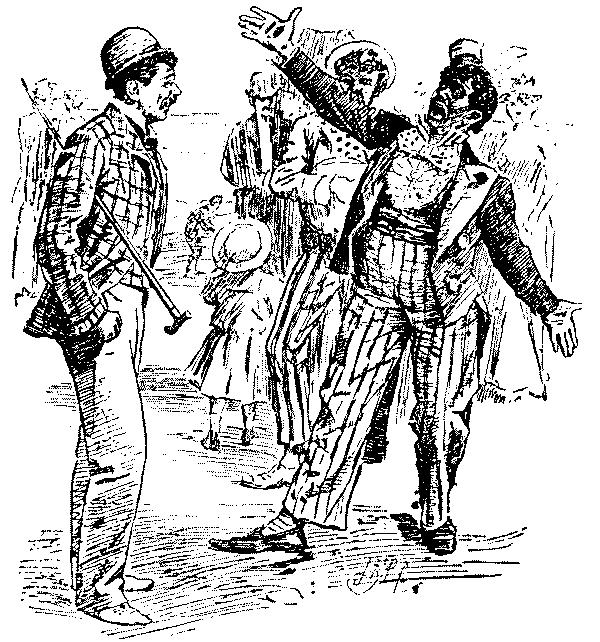
SAT UPON
Hospitable Host. "Does any gentleman say pudden?"
Precise Guest. "No, sir. No gentleman says pudden."
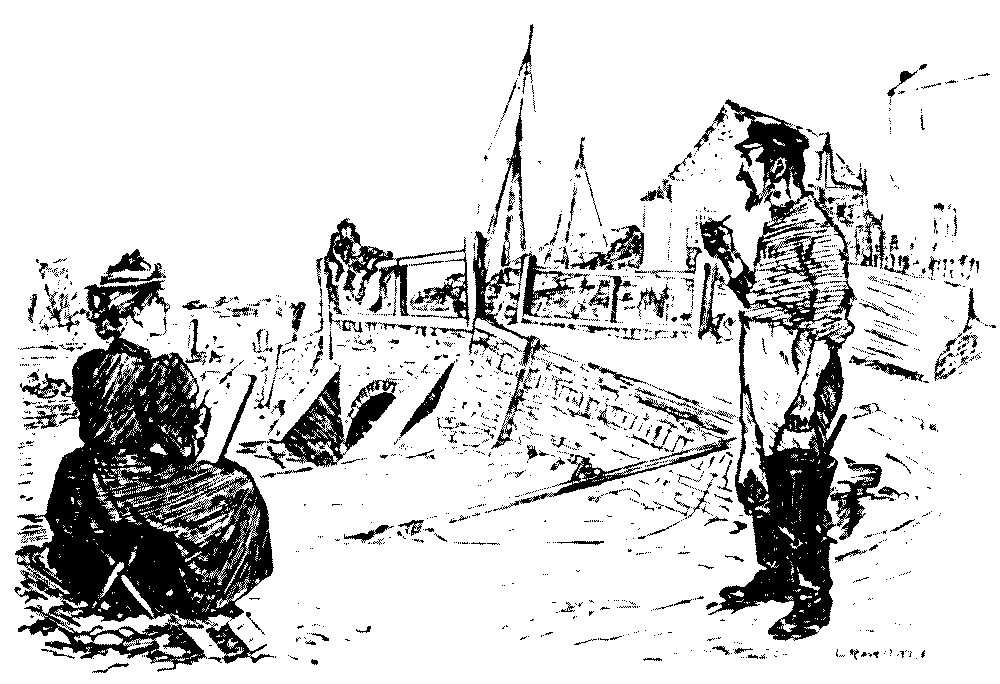
Unexpected Gratuity.—Waiter. "Beg pardon, sir, but I
think you've made a mistake. This is a halfpenny!"
Old Gent (grandly). "Oh dear no—not at all, not at all! I never
give less!"
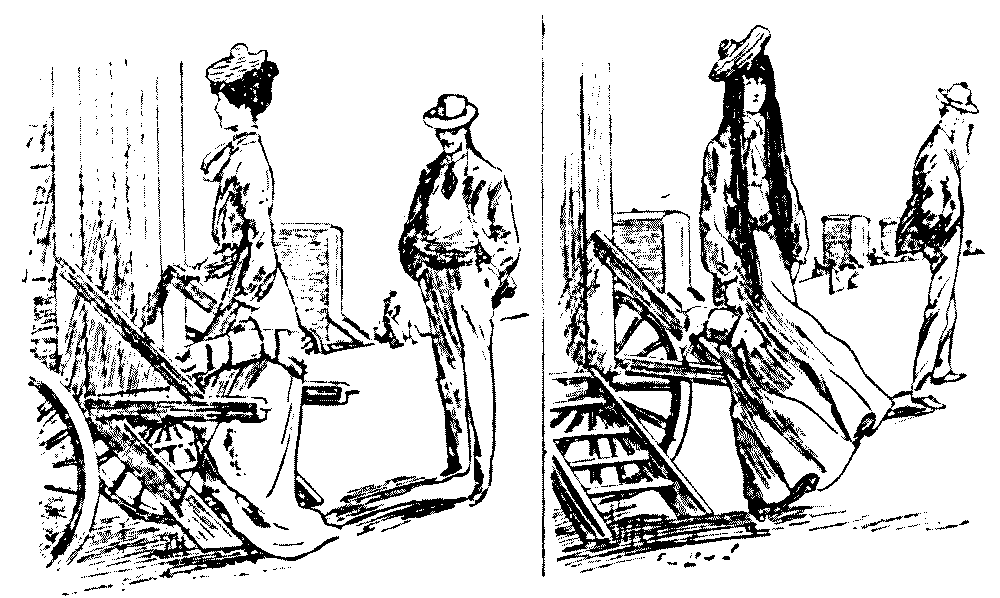
Hickling (to friend, who finds some difficulty in
keeping his cigar alight). "I say, old man, what matches do you
smoke?"
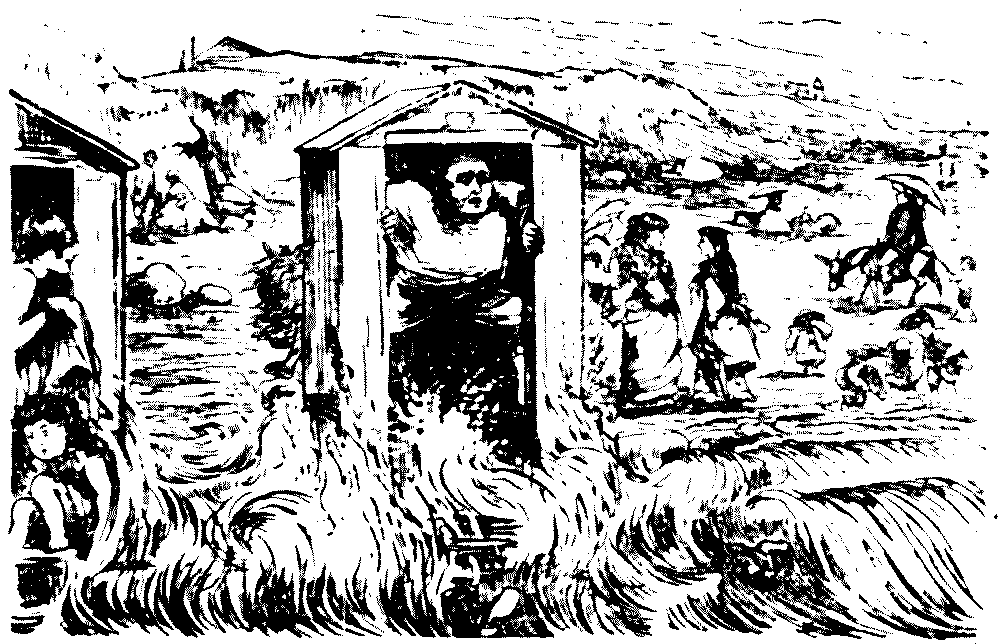
He. "Fond of Bridge?"
She. "Awfully!"
He. "Do you know I always think there's something wanting in people
who don't play?"
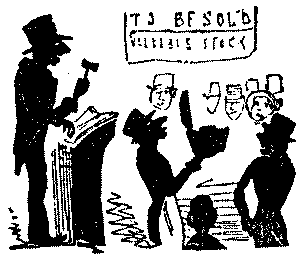
Old Party (very naturally excited). "Why, confound you! You are
wiping my plate with your handkerchief!"
Waiter (blandly). "It's of no consequence, sir—it's only a dirty
one!"
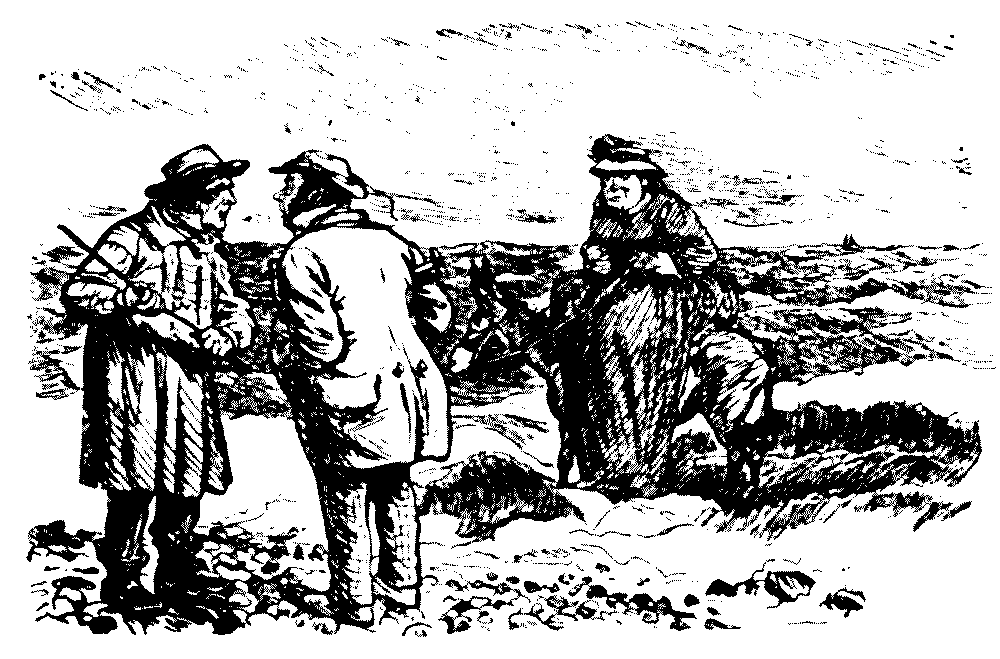
IN DESPERATE STRAITS
Jones (blue ribbon—to abstemious lady he has taken in to dinner).
"Look here, madam, we don't seem to be getting on a bit! Either you
must have a glass of champagne, or, by Jove, I must!!"
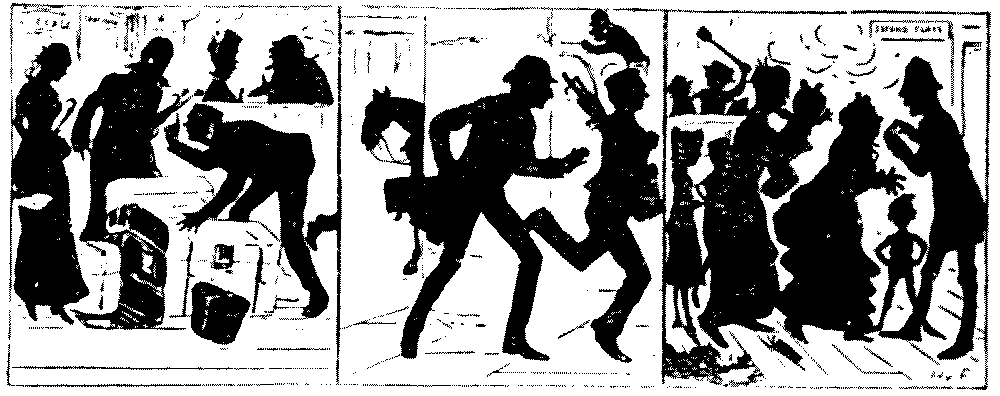
THINGS ONE WOULD RATHER HAVE LEFT UNSAID
Guest (who is a bon-vivant, to host, who isn't). "You must come and
dine with me, Jones!"
Host. "With pleasure, my dear friend! When?"
Guest. "Now!"
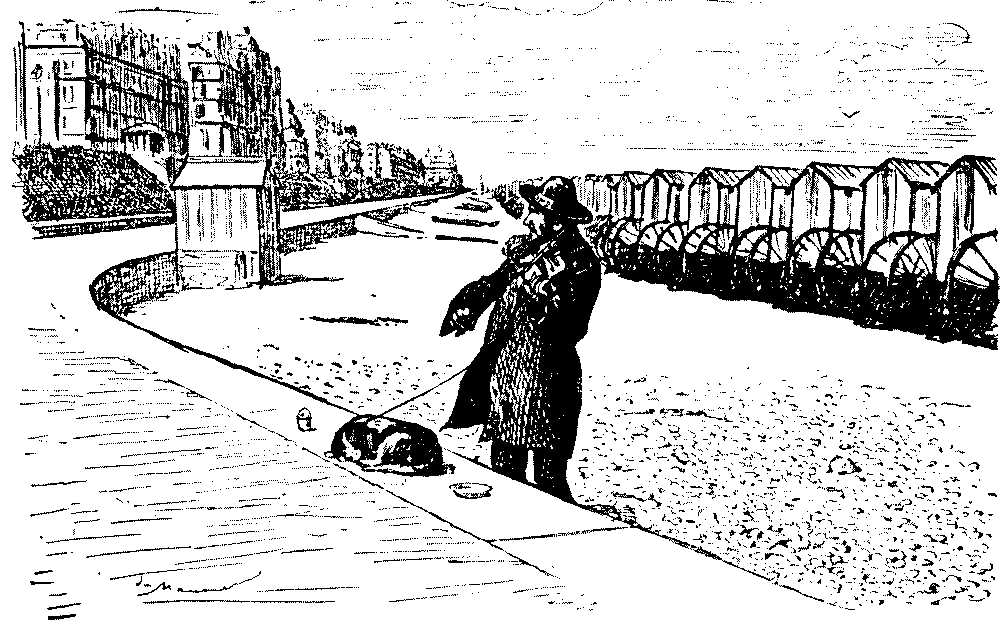
"NOT QUITE THE CHEESE!"
British Farmer. "What sort o' cheese do you call this? Full o' holes!"
Waiter. "Grew-yere, sir."
British Farmer (suspiciously). "Then just bring one that grew
somewhere else!"
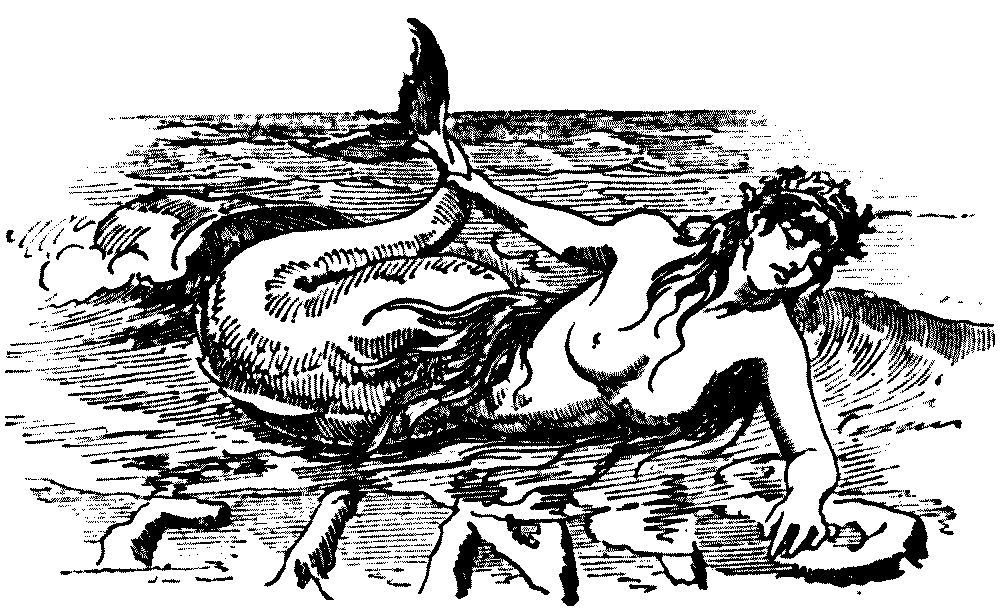
THE END
Featured Books

Carmilla
Joseph Sheridan Le Fanu
he describes as “involving, notimprobably, some of the profoundest arcana of our dual existence, a...

Fishes of the Big Blue River Basin, Kansas
W. L. Minckley
ue River in northeastern Kansas will soon be impoundedby the Tuttle Creek Dam, located about five mi...

Artistic Anatomy of Animals
Édouard Cuyer
of preparation, and we hadcollected materials for it, with the object of filling up avoid of which t...

Prester John
John Buchan
KIRKCAPLE SHOREI mind as if it were yesterday my first sight of the man. Little Iknew at the time ...

Erling the Bold
R. M. Ballantyne
ly necessary to self-preservation.Most of them wore portions of scale armour, or shirts of ring mail...

The Talking Horse, and Other Tales
F. Anstey
ndI think I never saw a man who had made himself more aggressively horsey.The mark of the beast was ...

Nye and Riley's Wit and Humor (Poems and Yarns)
James Whitcomb Riley and Bill Nye
at I did yesterday and it wouldseem as fresh at the second reading as it did at the first. On thefol...

The Right Time
John Berryman
ree," she announcedsmugly. Clairvoyants live in a condition of perpetual thrill withtheir powers.Mar...
Browse by Category
Join Our Literary Community
Subscribe to our newsletter for exclusive book recommendations, author interviews, and upcoming releases.
Comments on "Mr. Punch's After-Dinner Stories" :